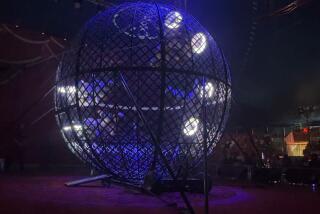Review: Welcome return of ‘’Rosencrantz and Guildenstern’
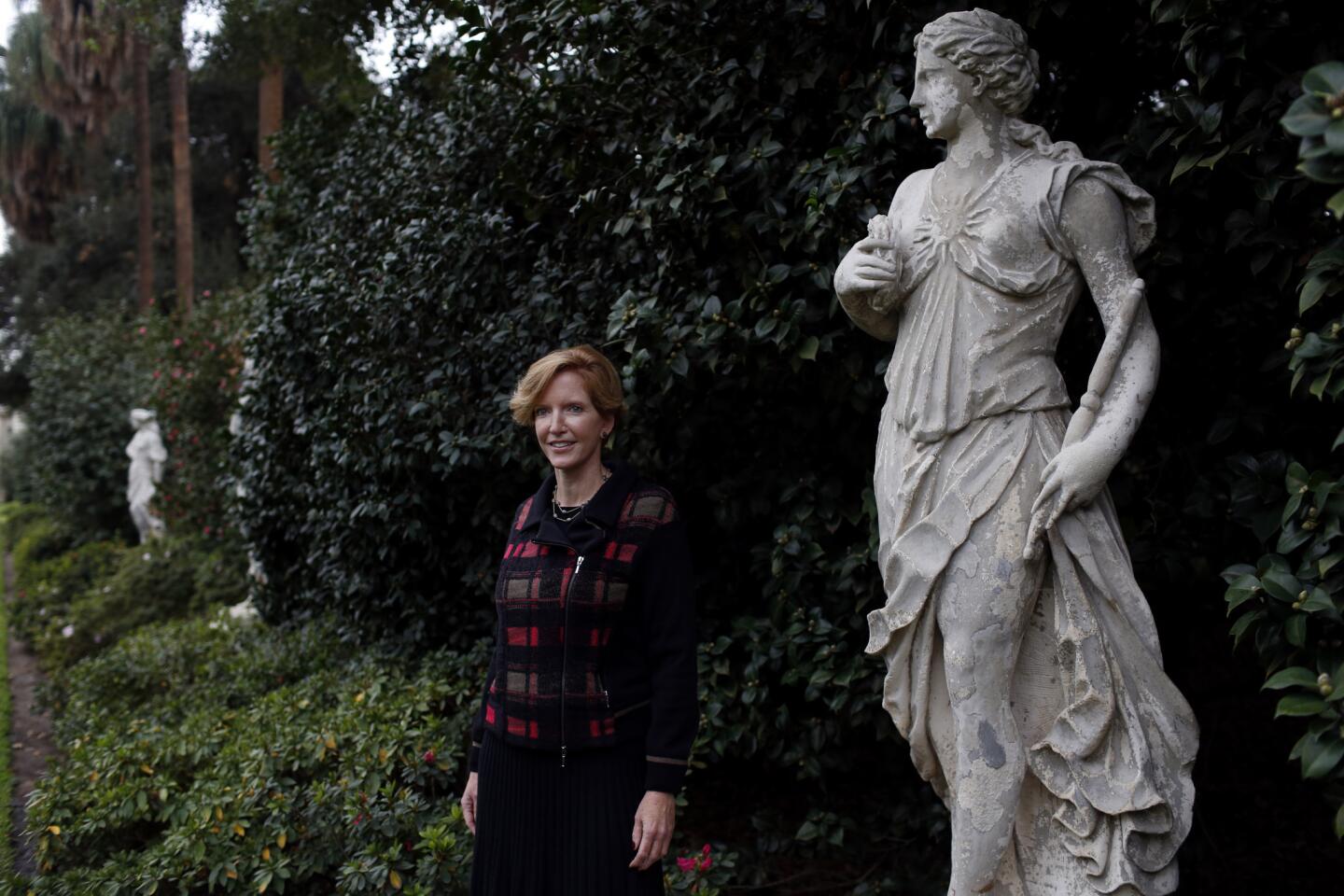
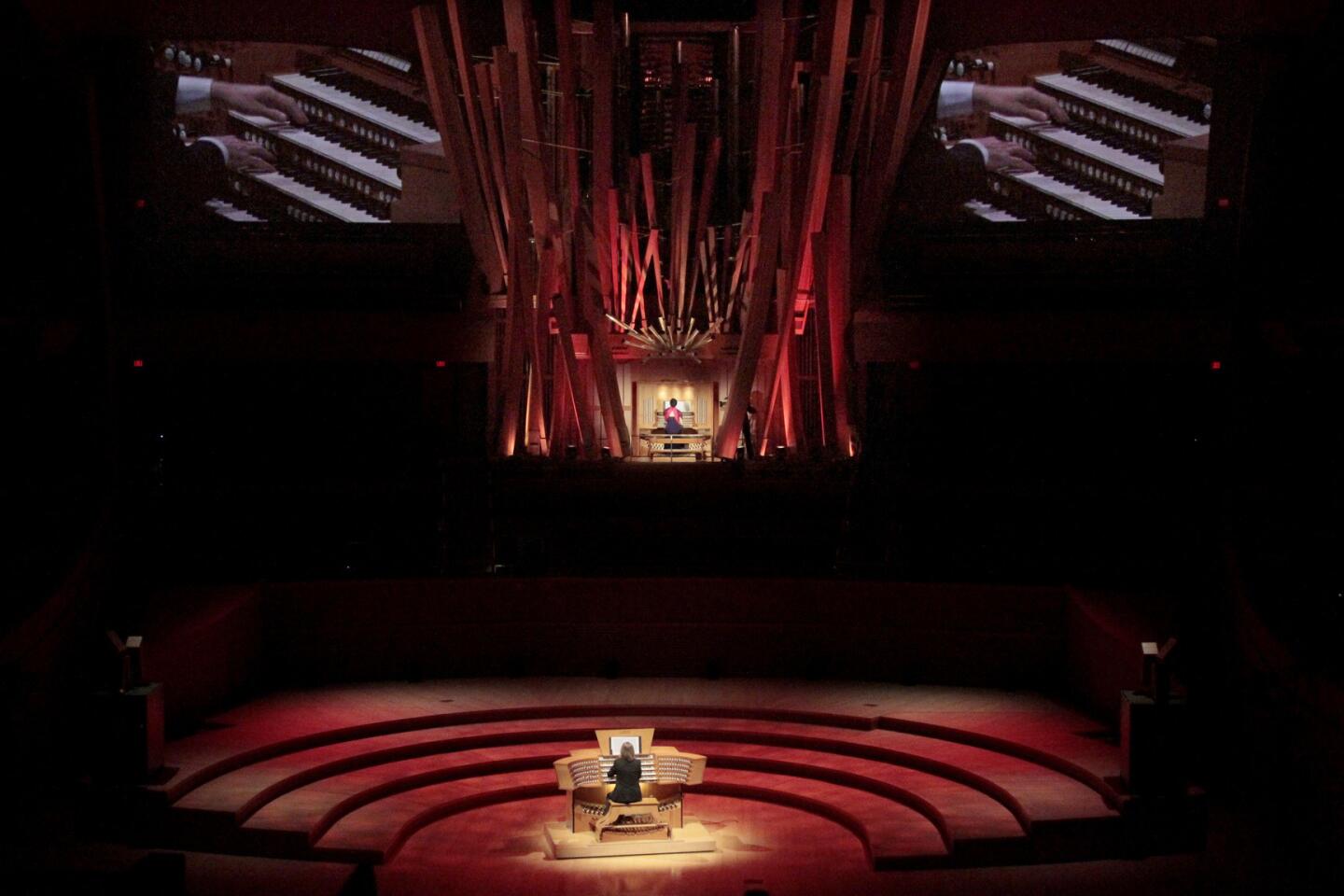
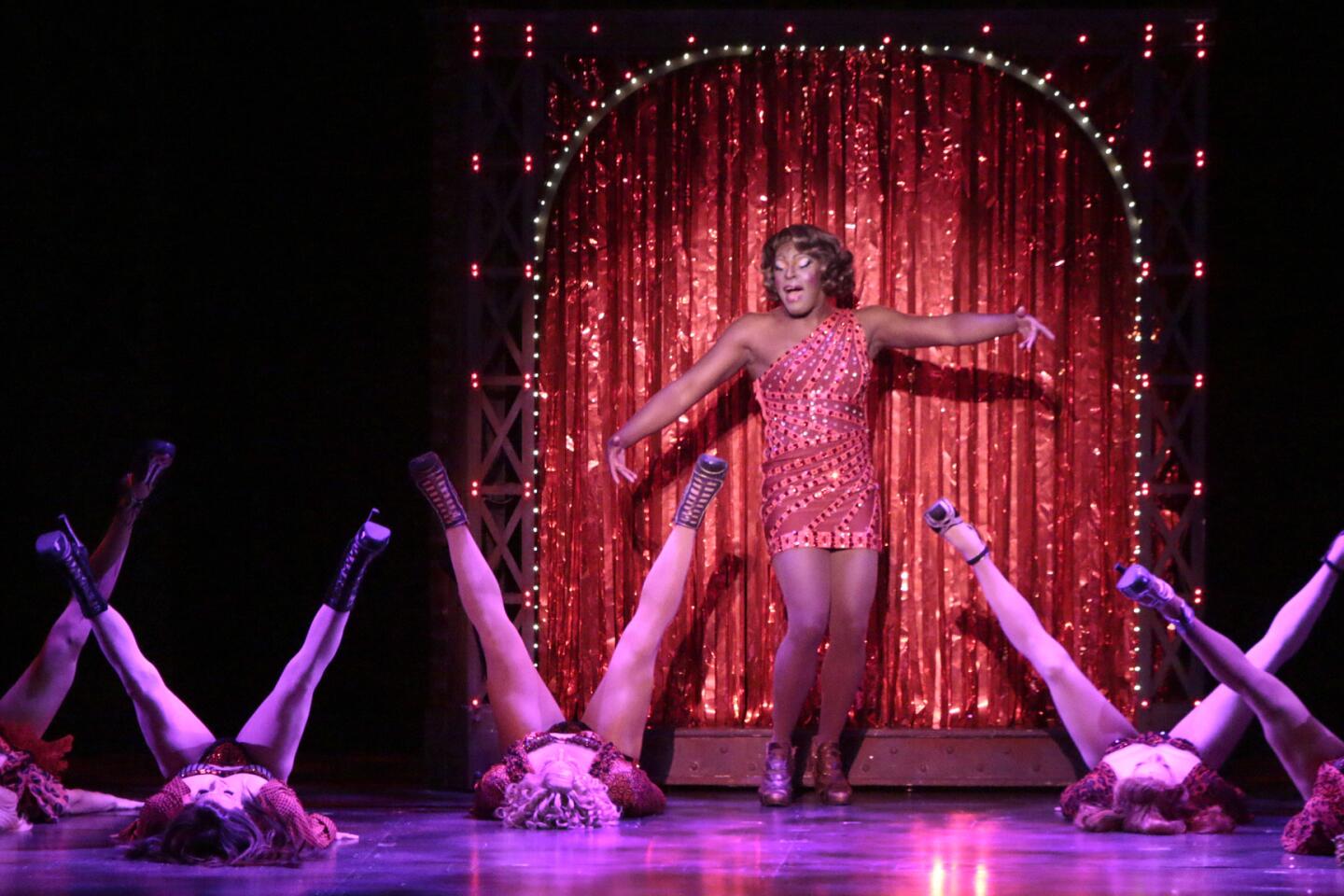
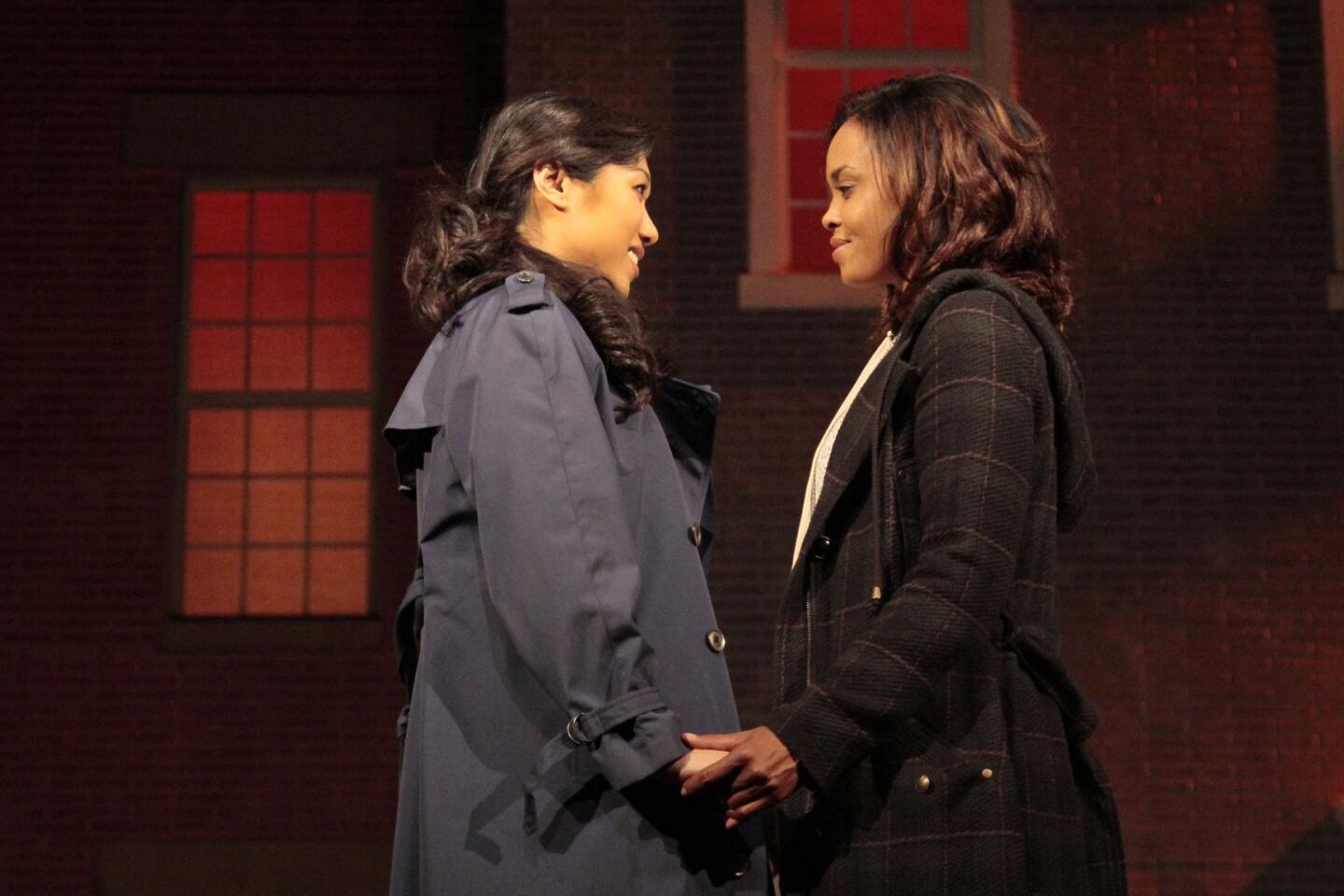
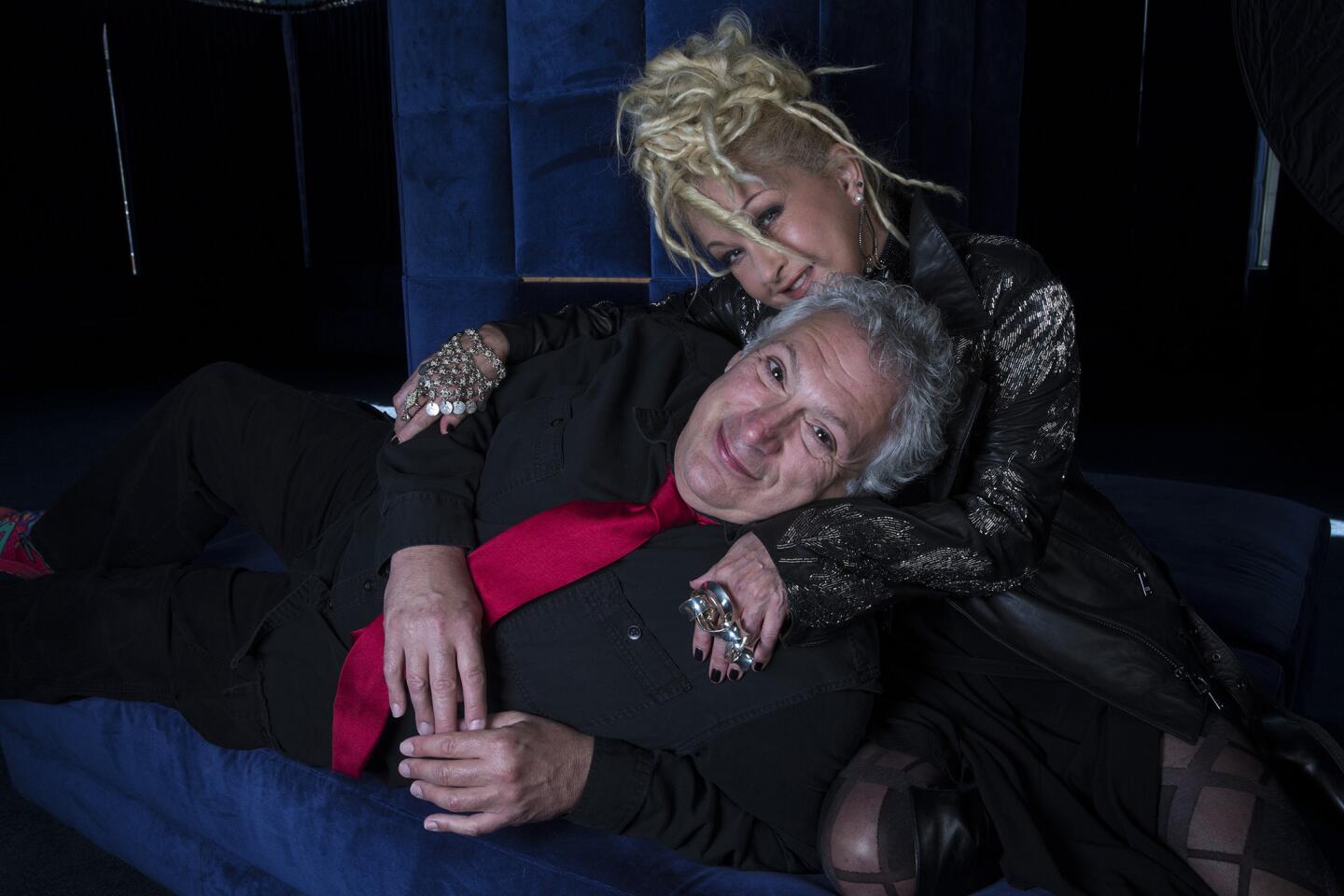
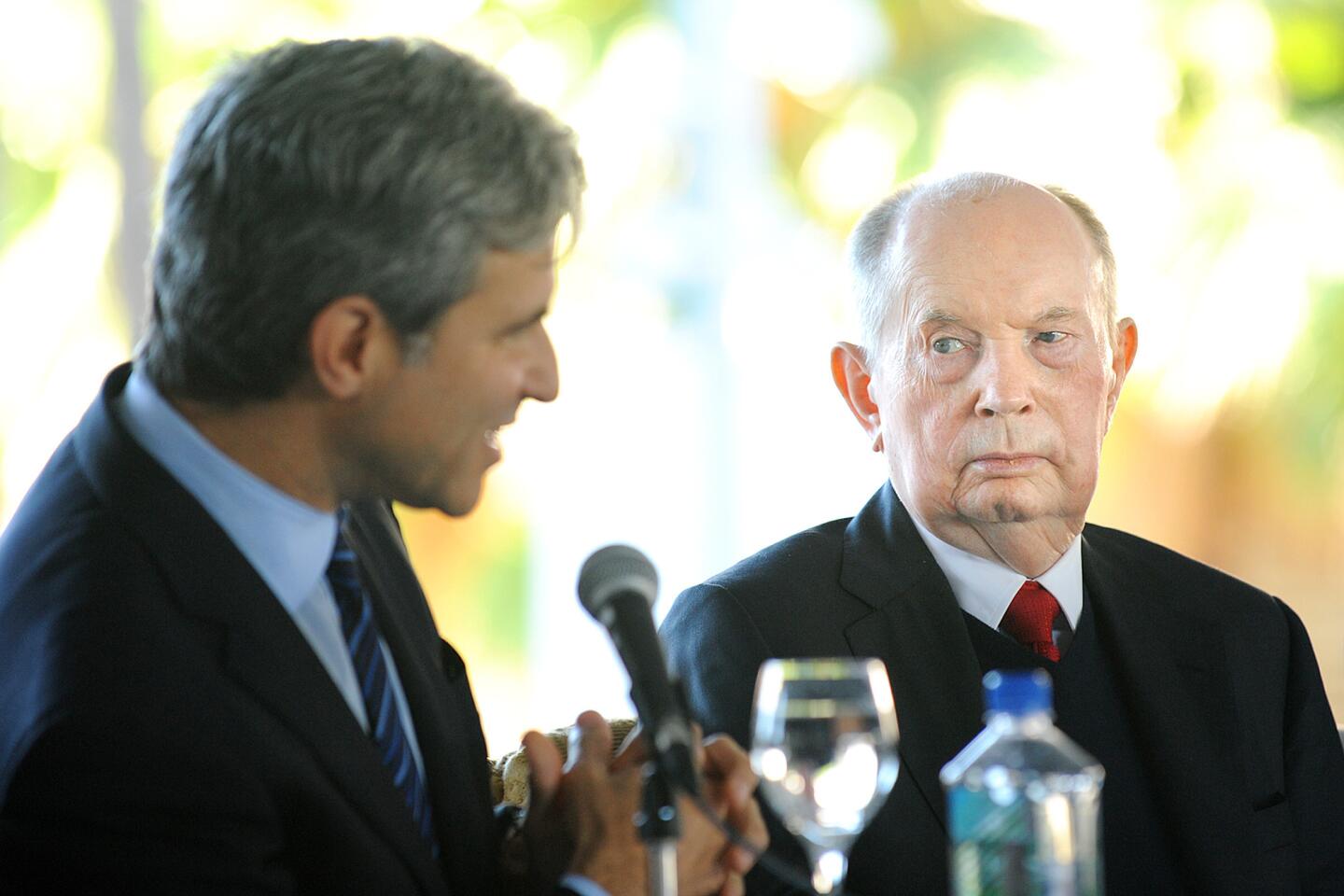
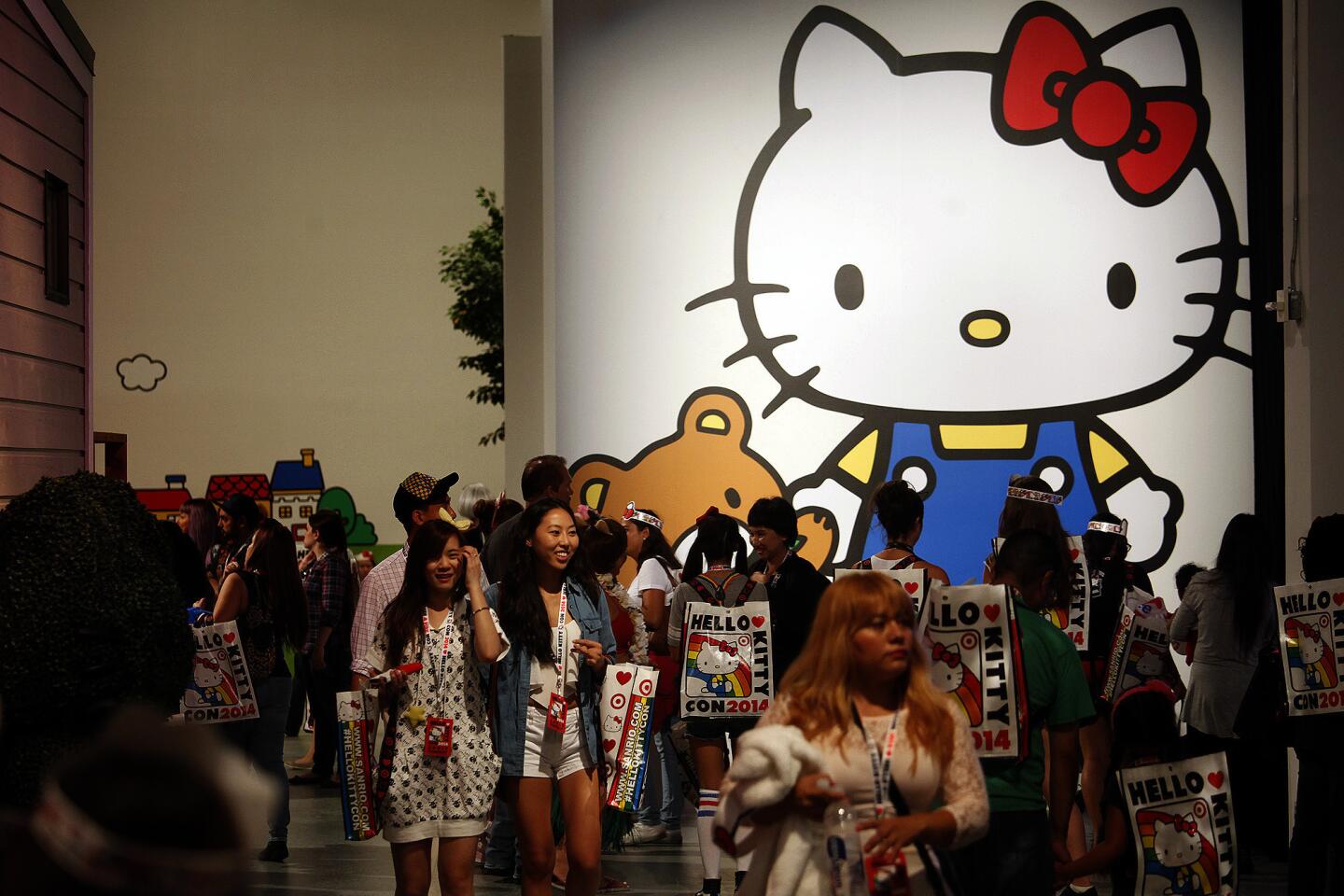
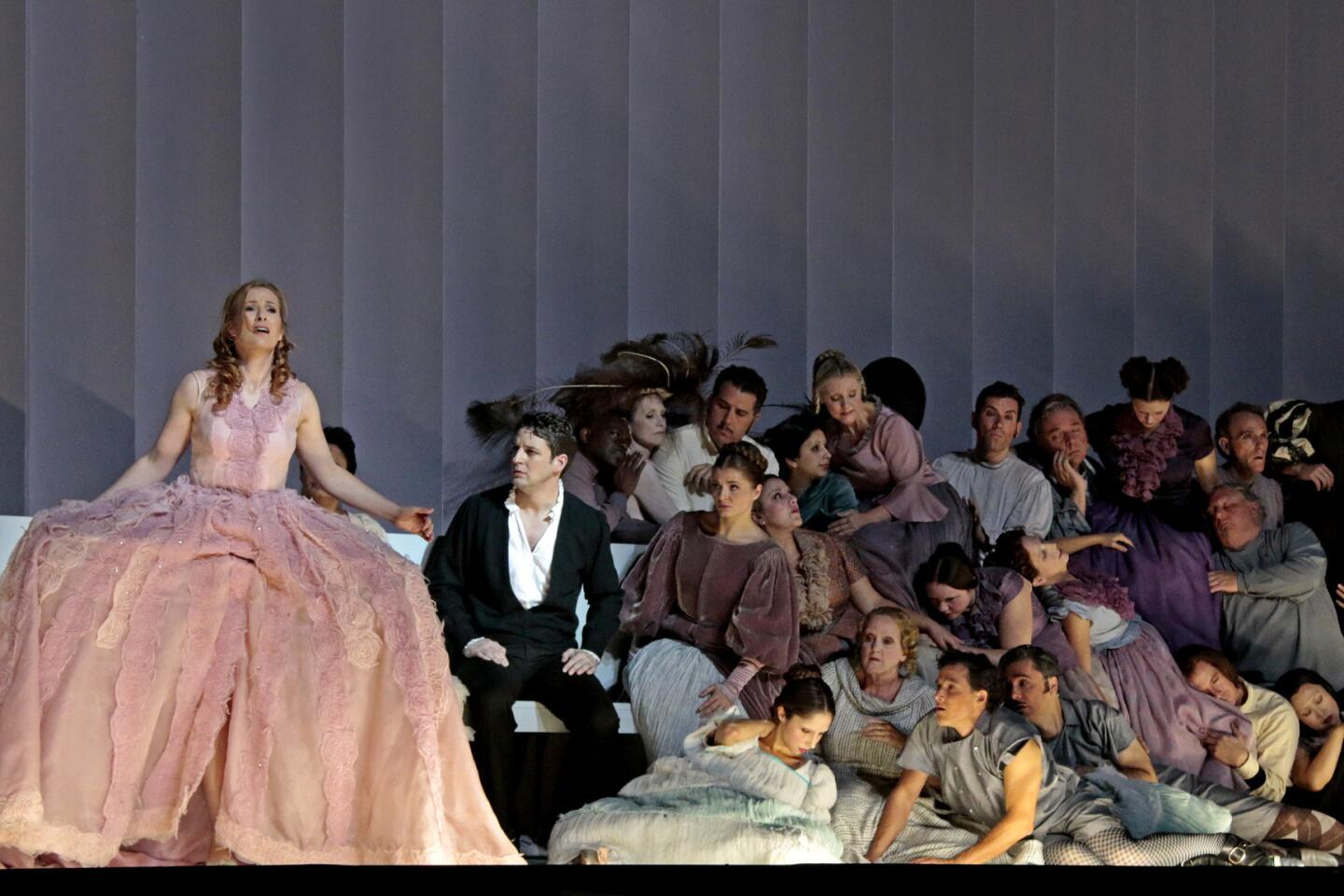
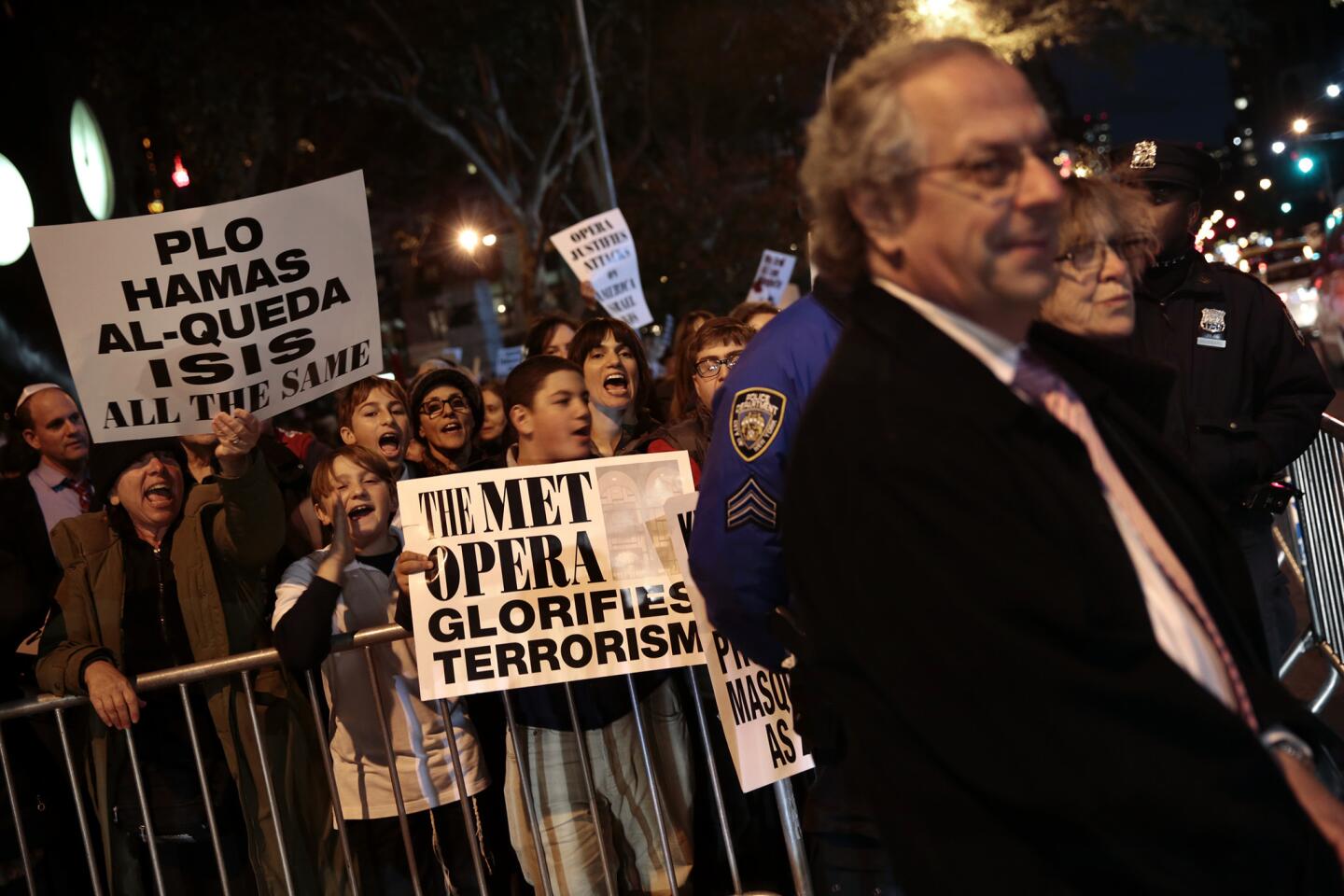
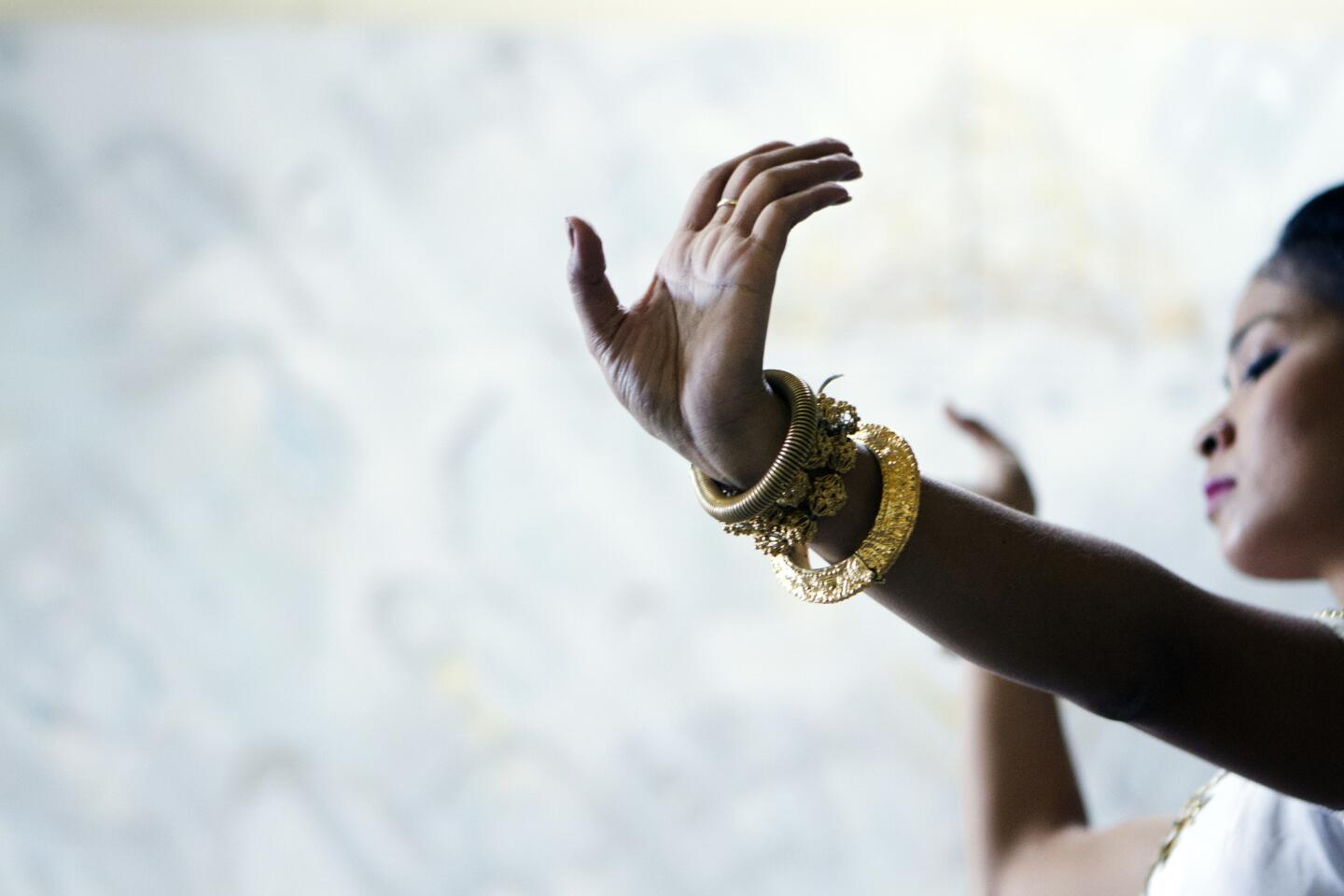

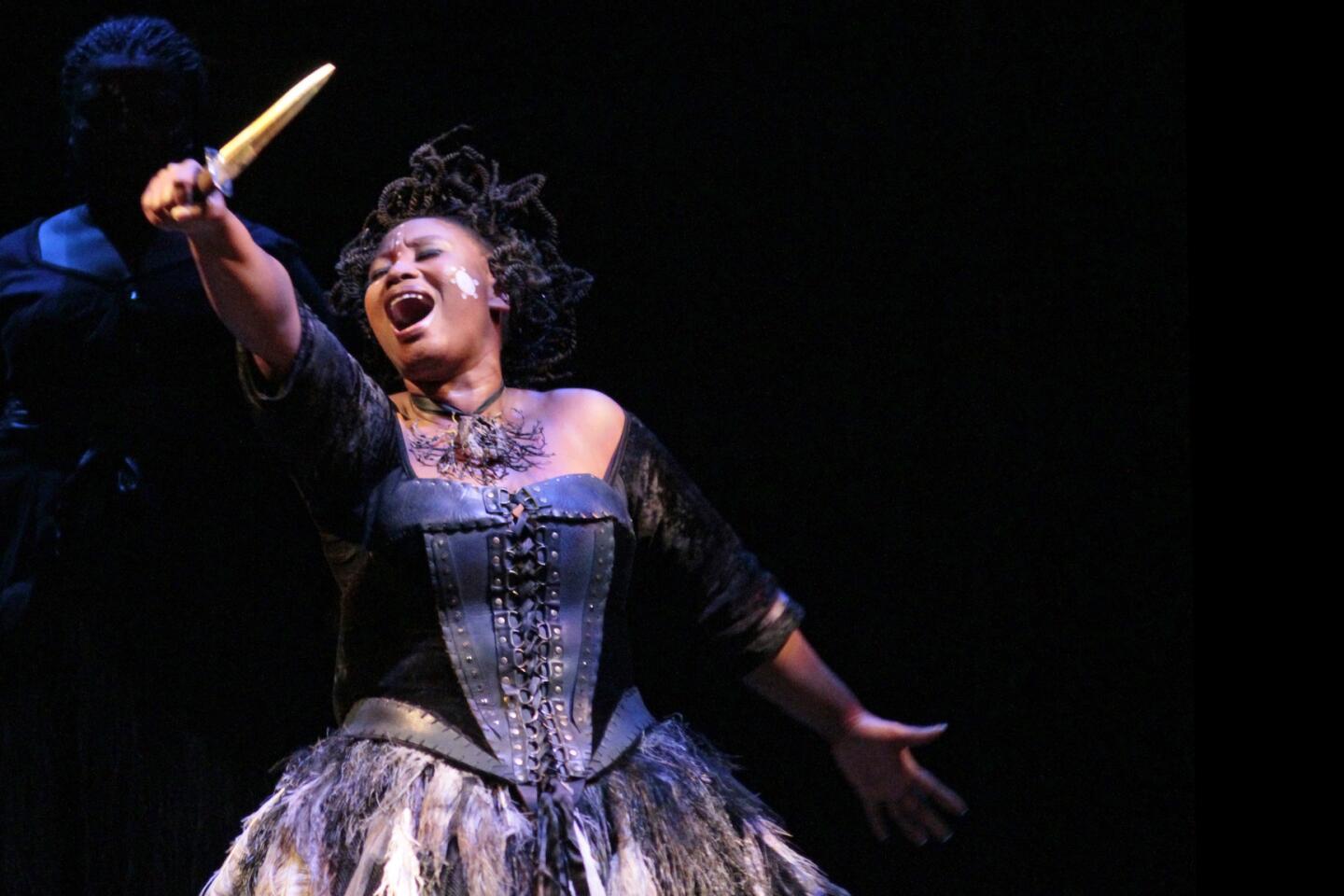
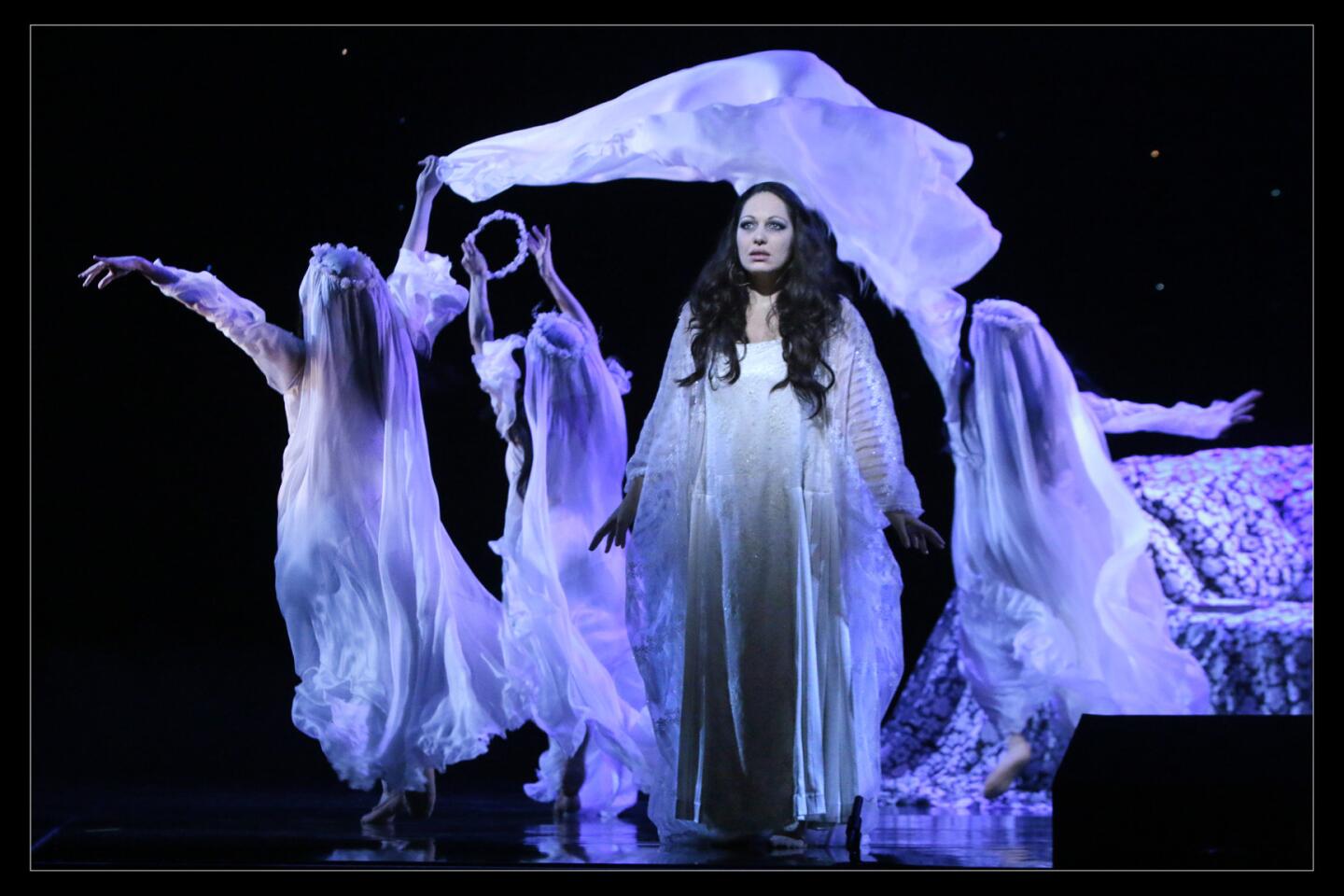
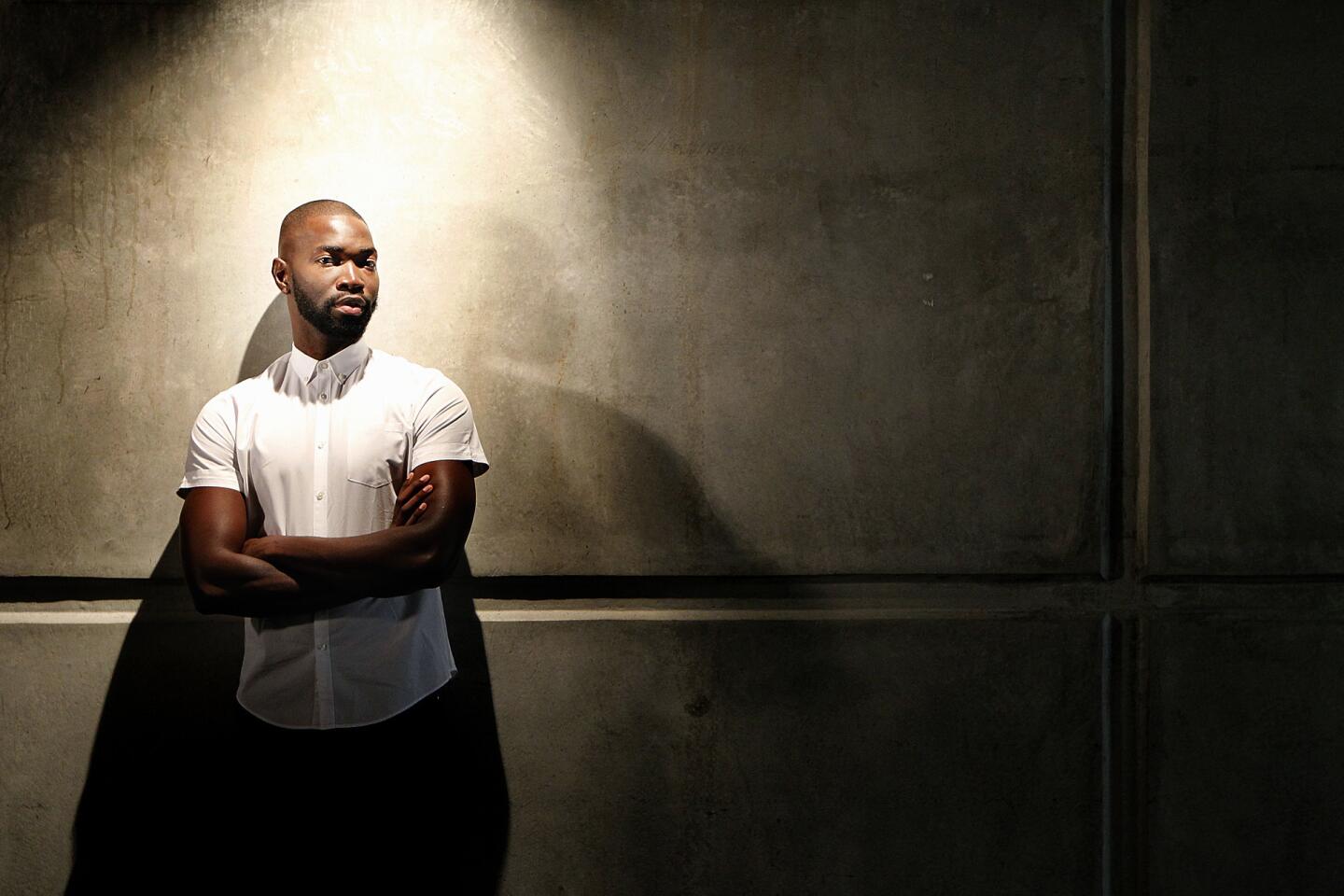
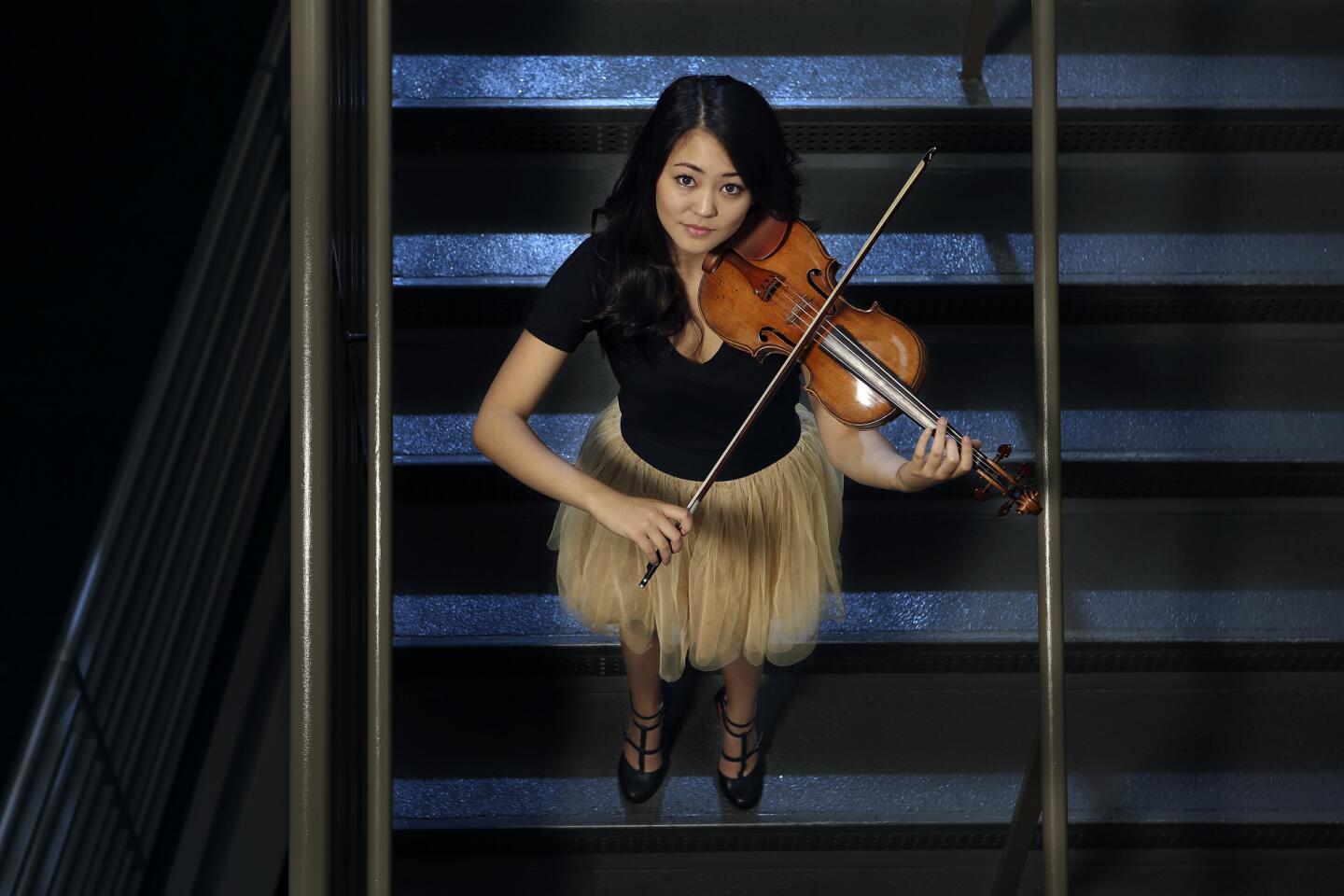
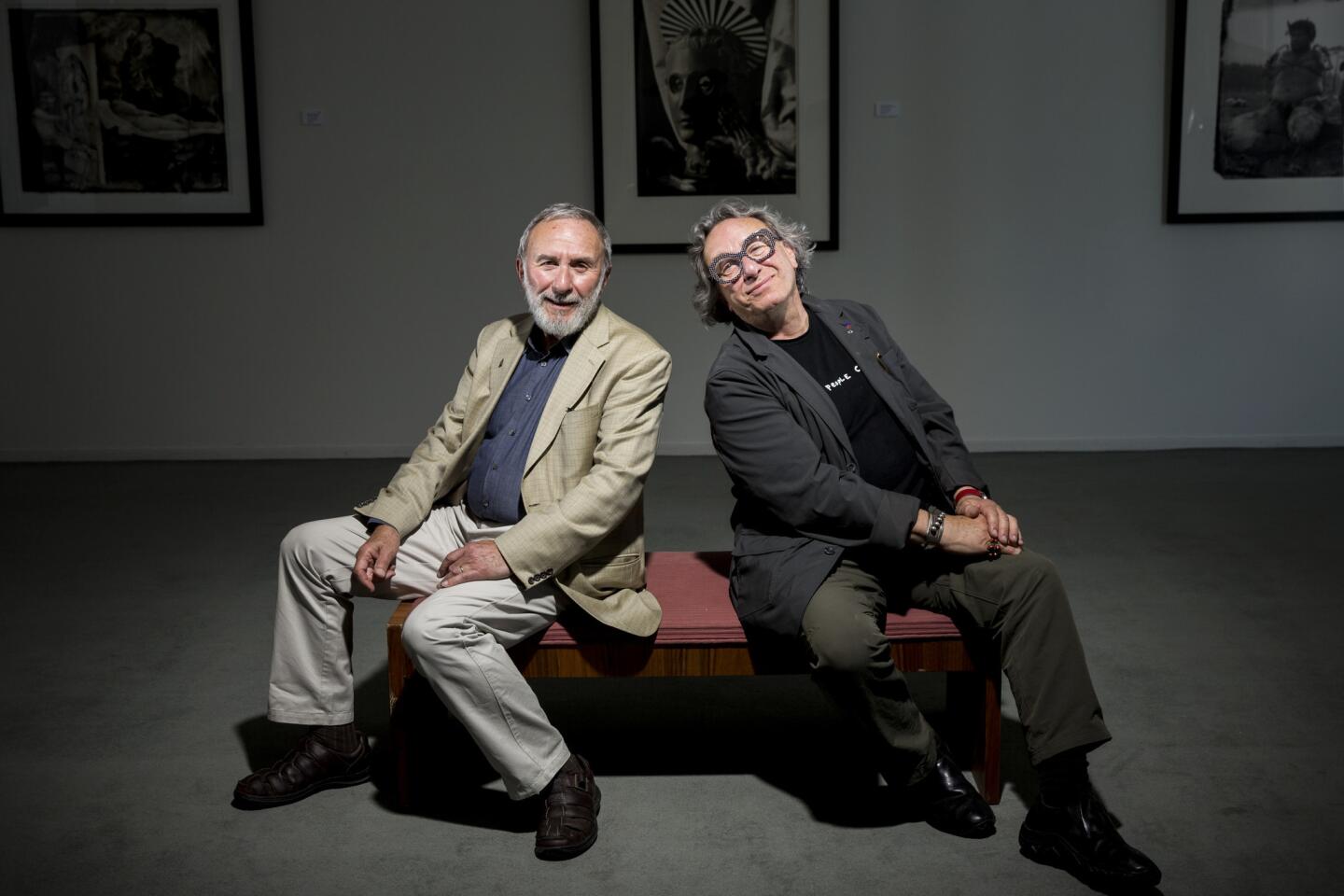
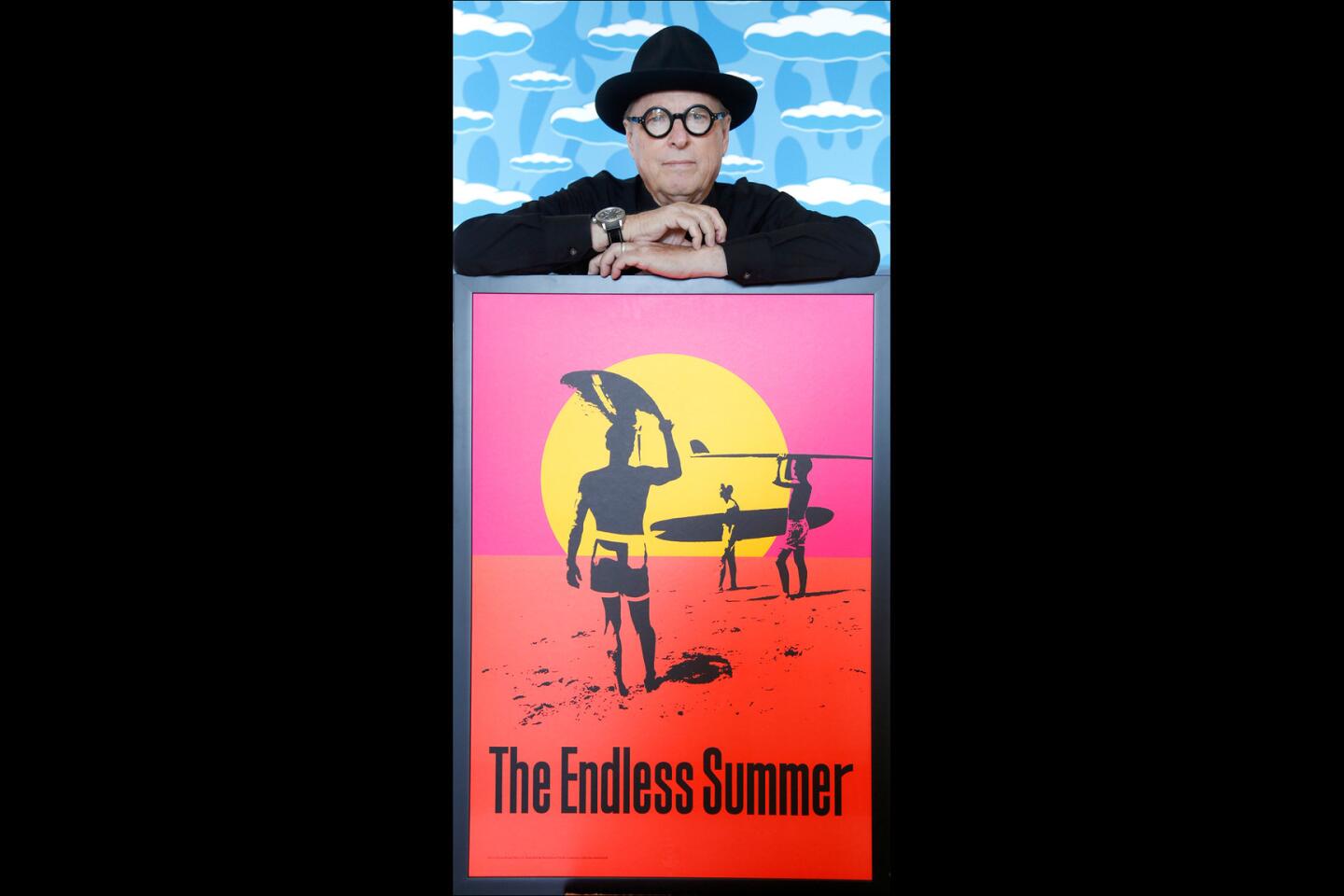
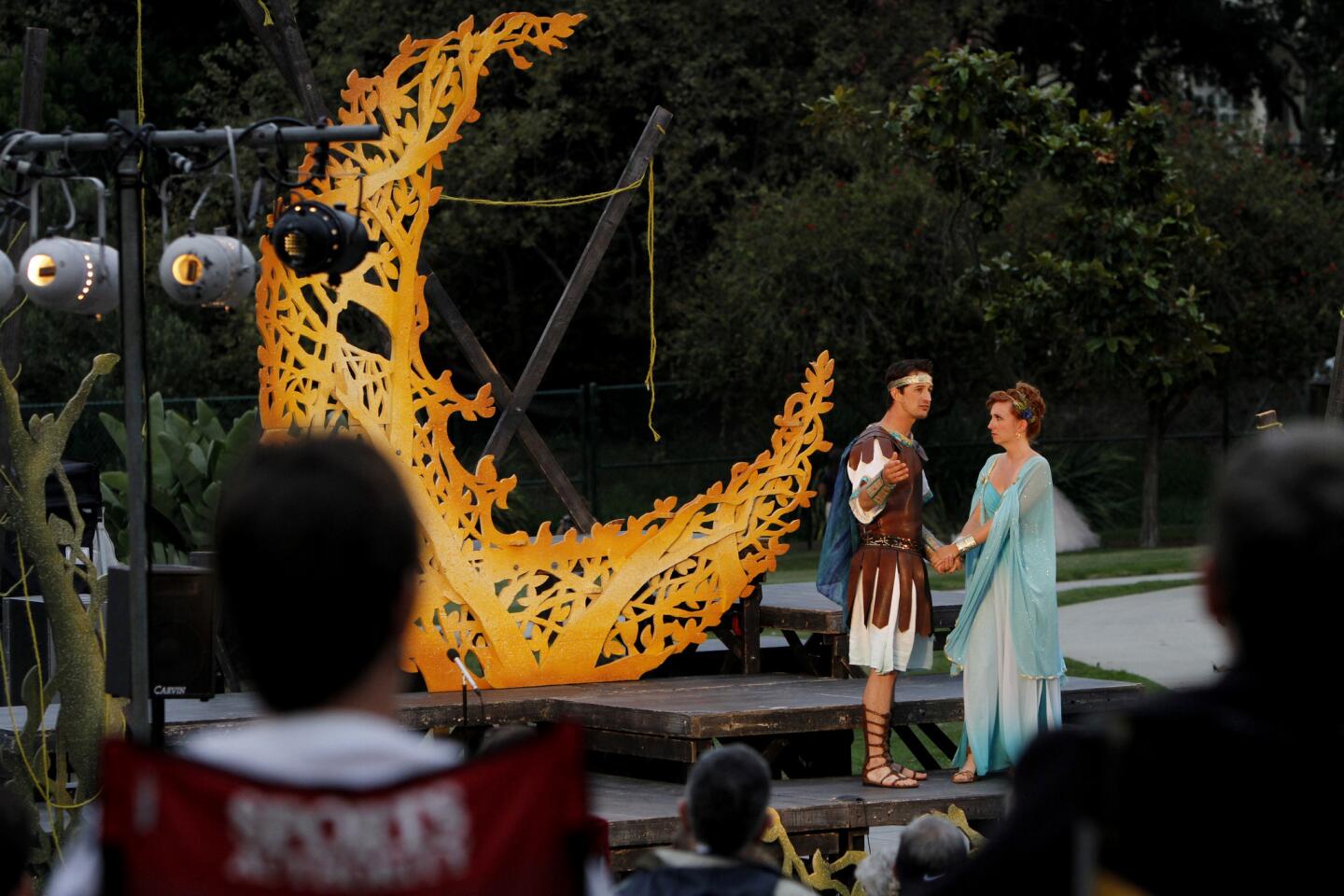

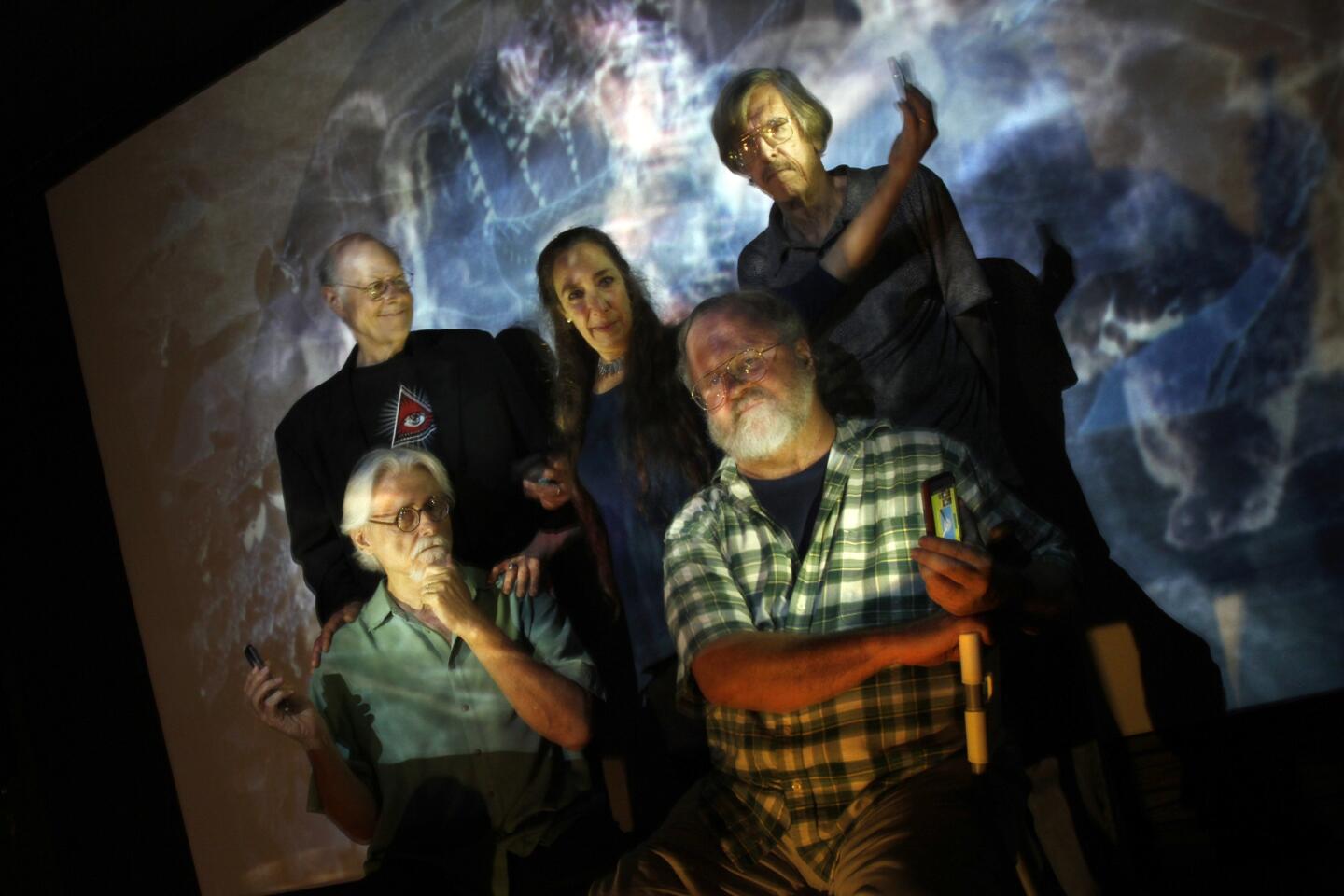

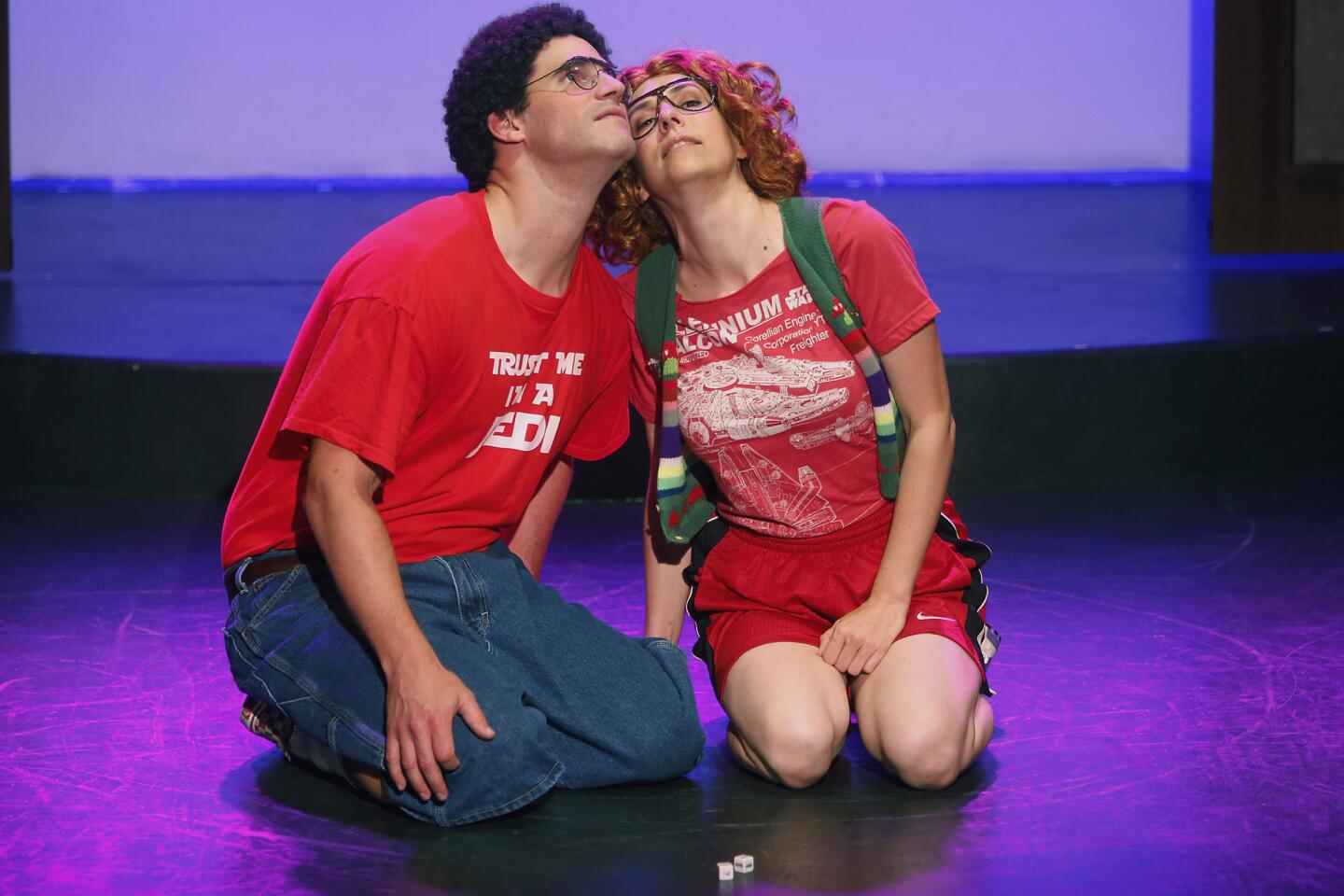
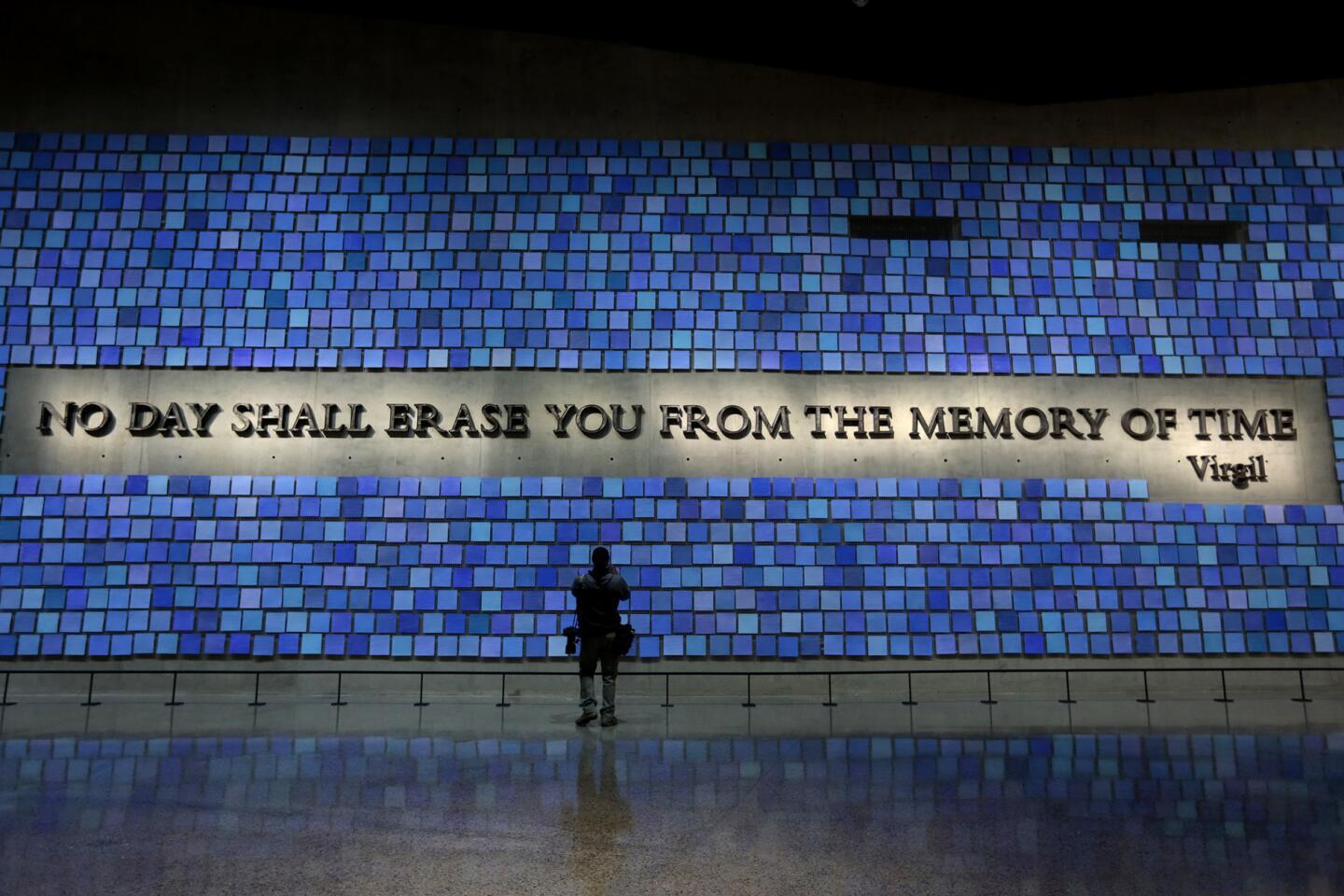
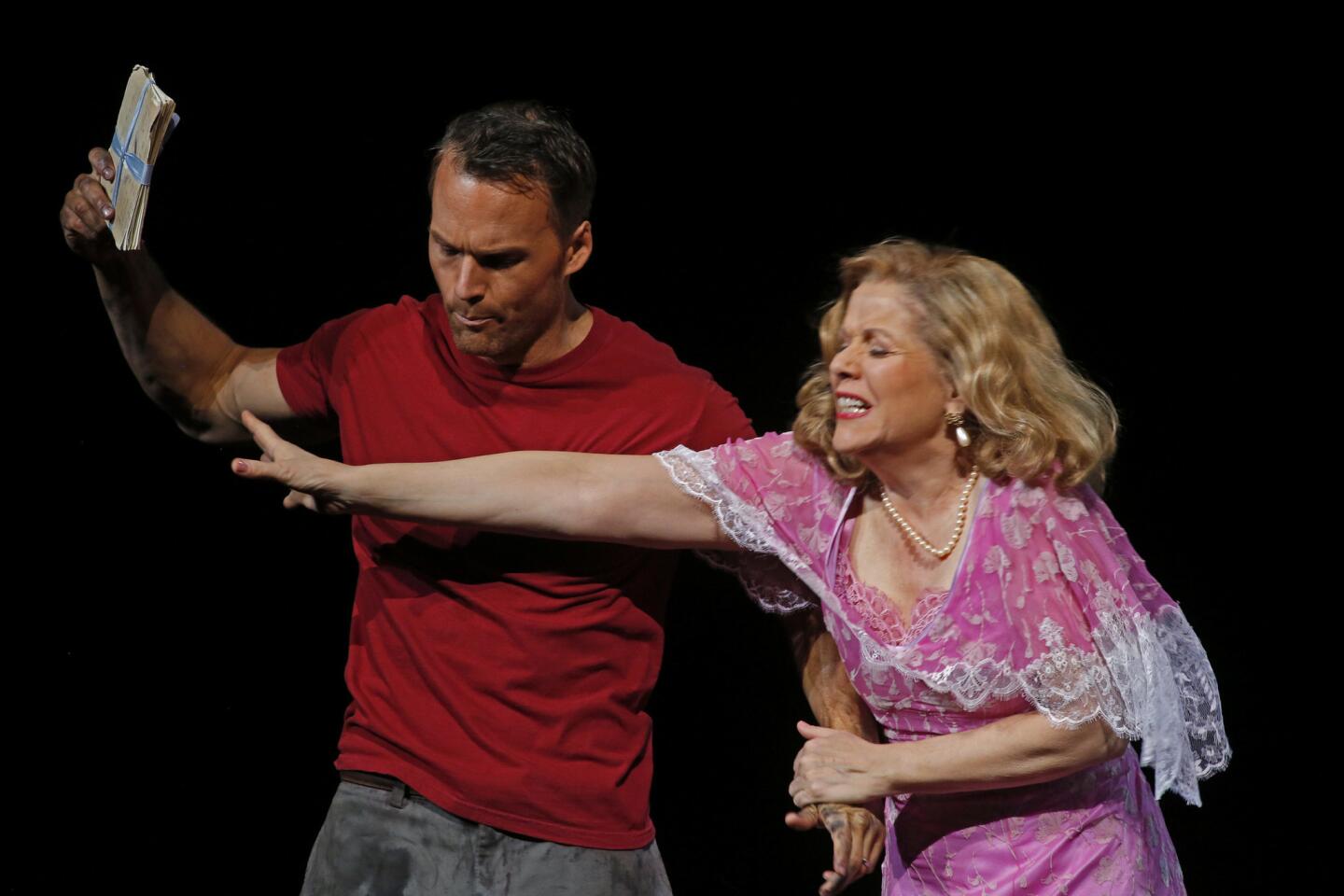
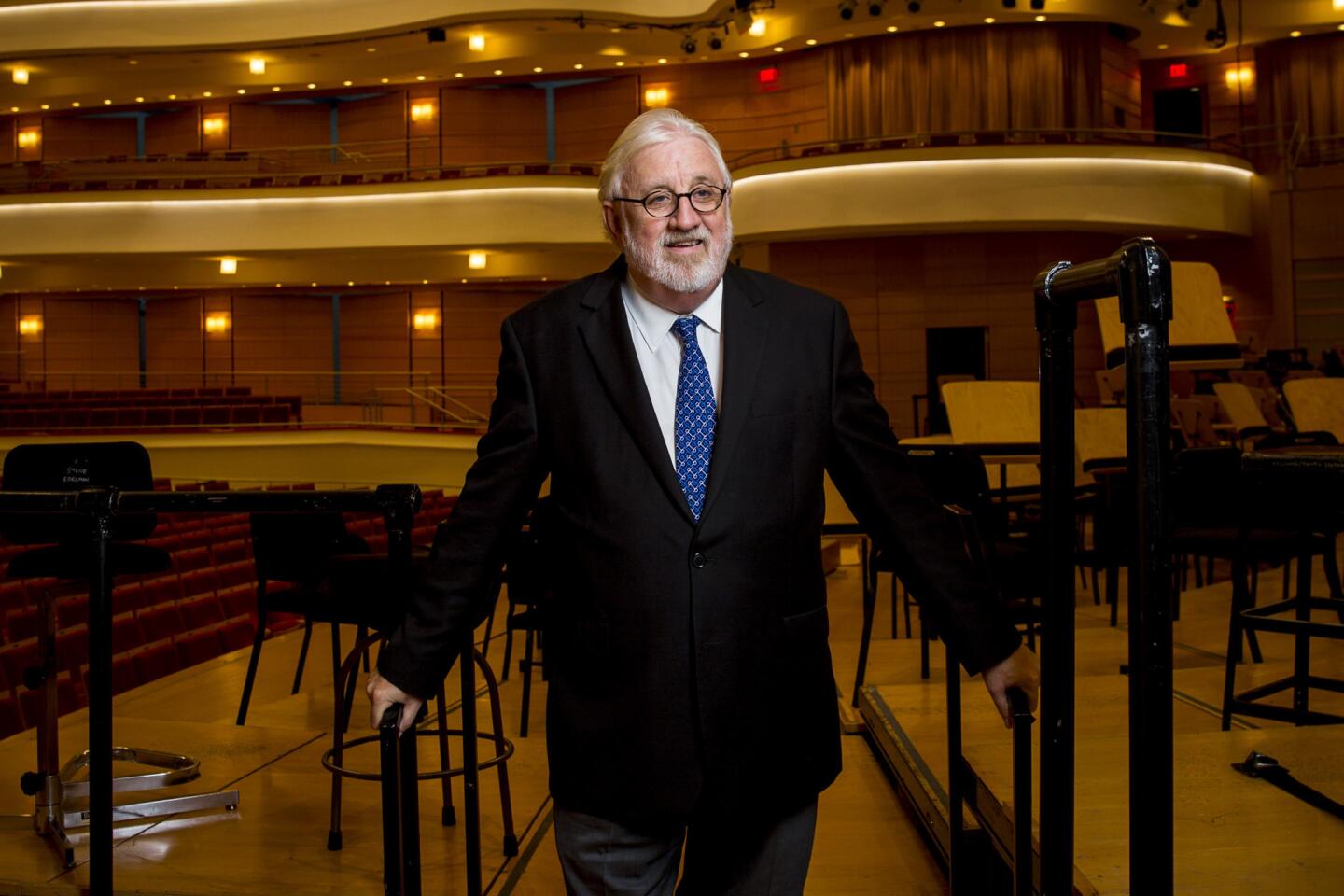
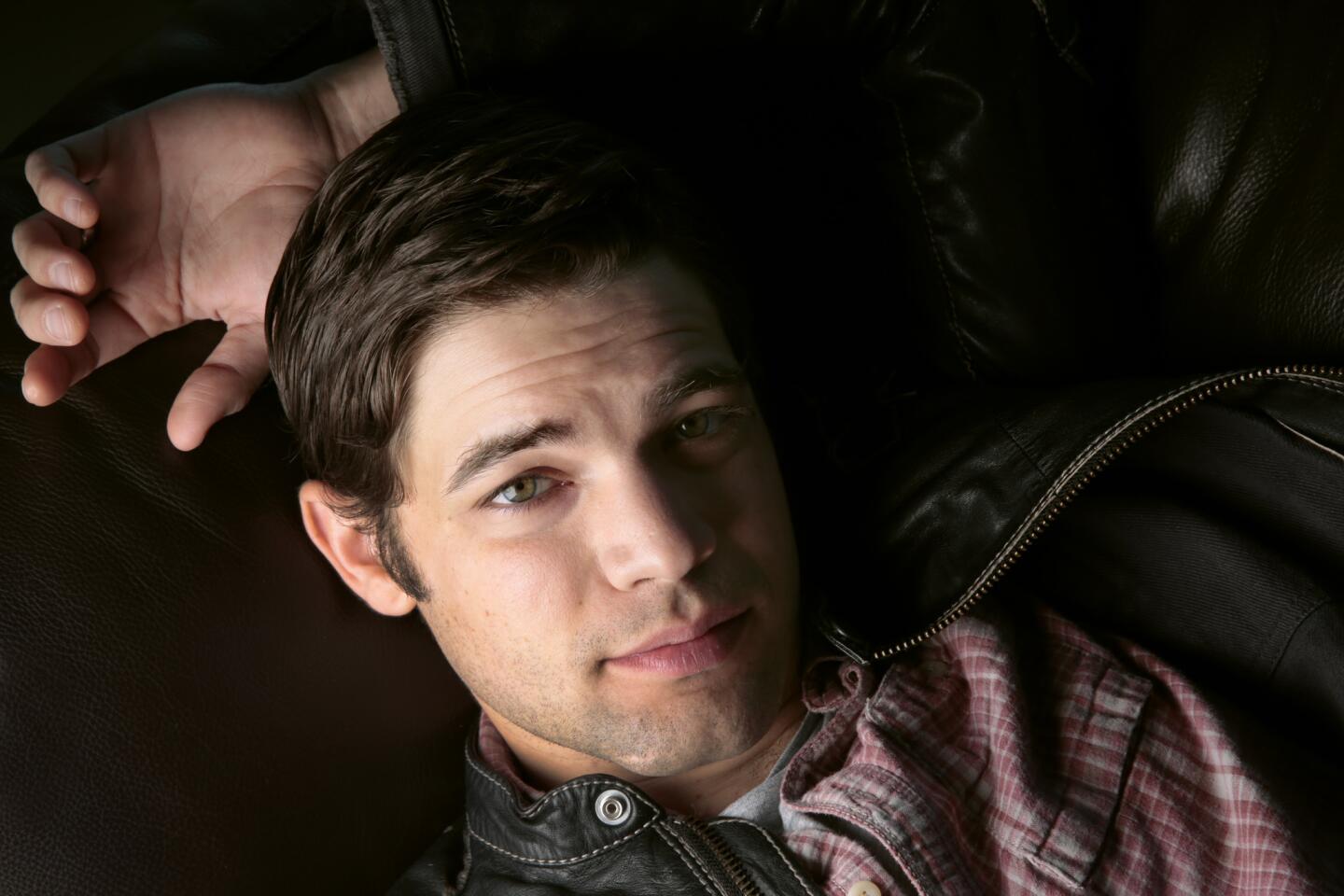

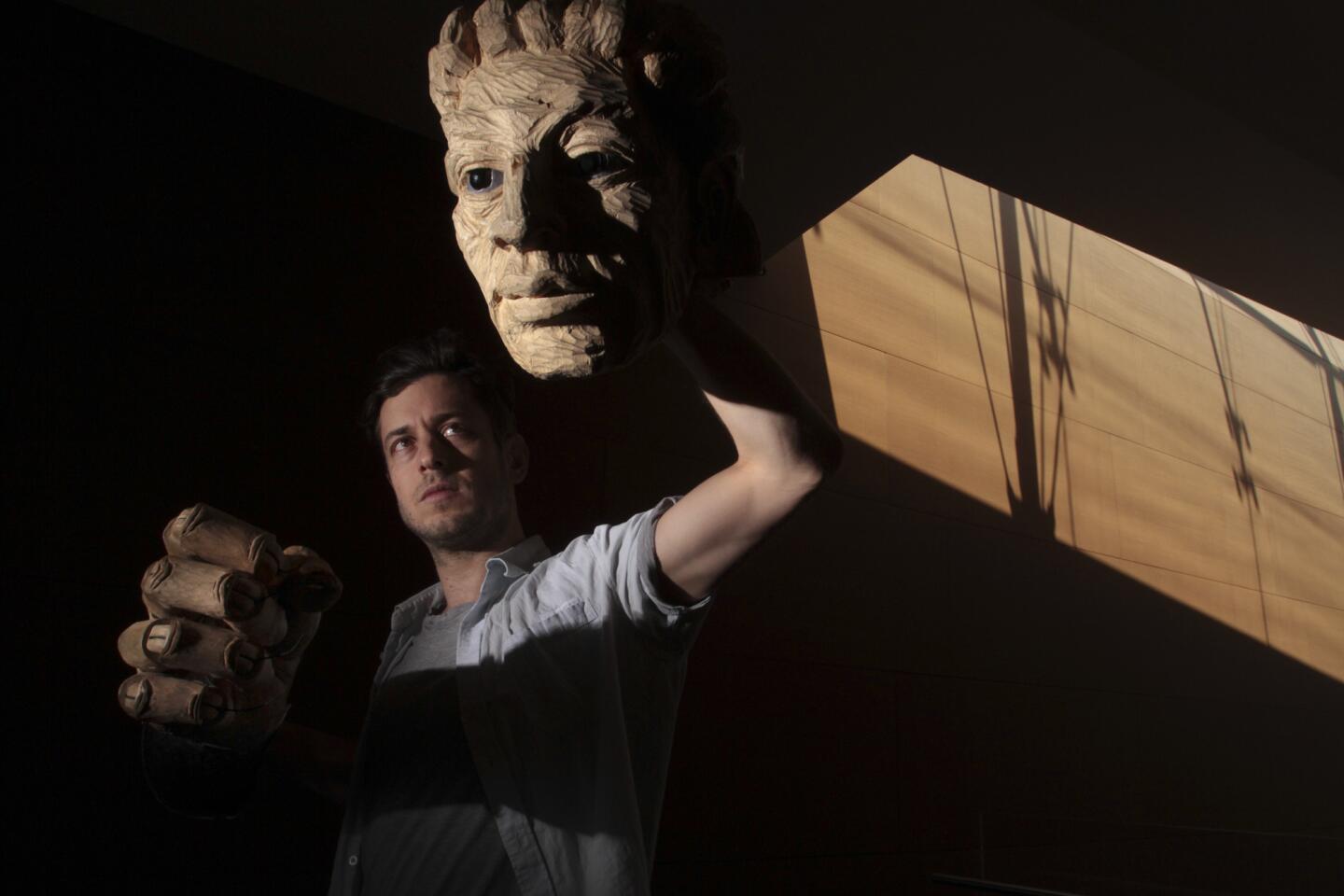
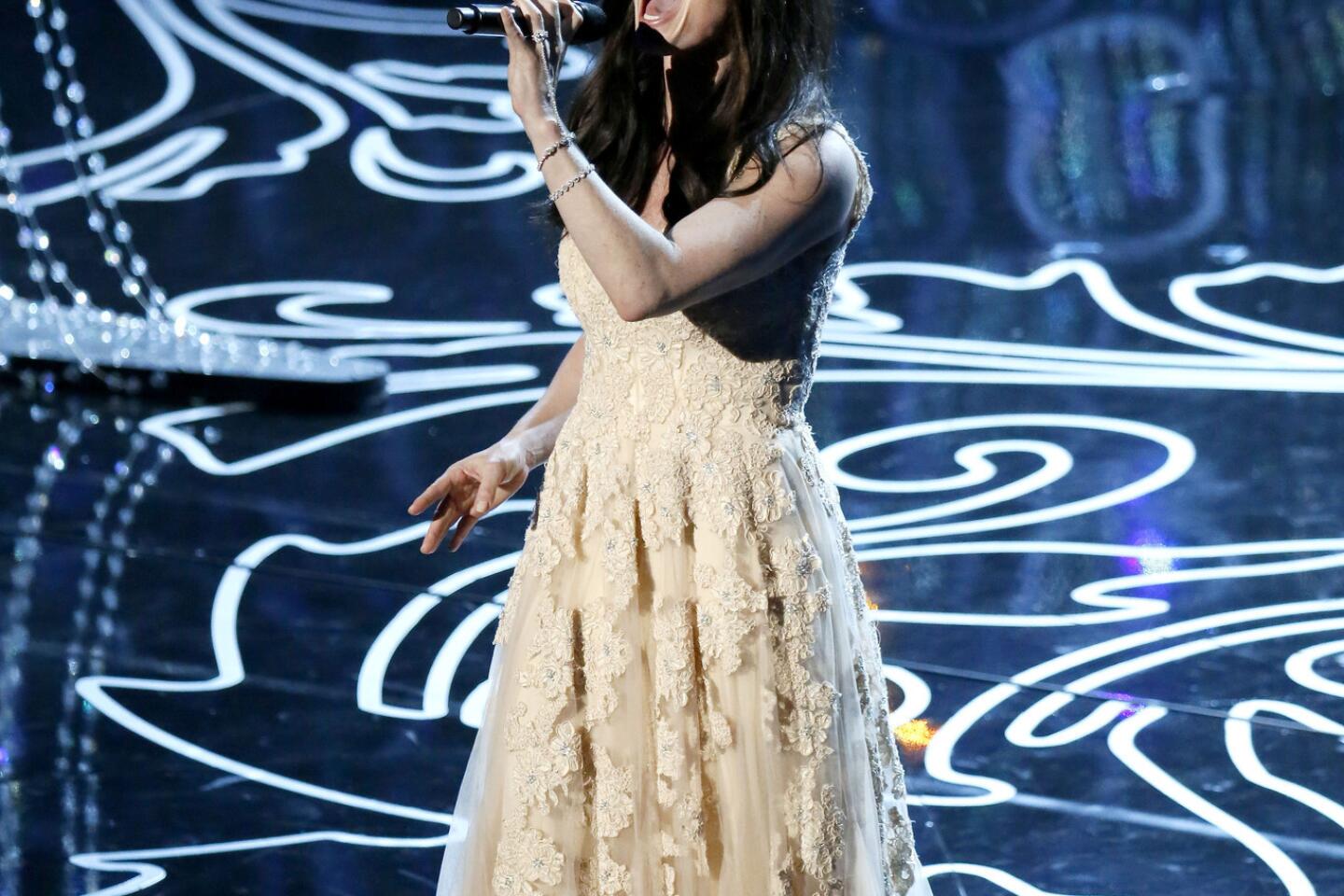
MORE: Oscars 2014: Idina Menzel sings Oscar-winning ‘Let It Go’ from ‘Frozen’
Idina Menzel replaced by ‘Adele Dazeem’ in ‘If/Then’ playbill joke
Adele Dazeem (Idina Menzel) saluted at ‘The Book of Mormon’ (Robert Gauthier / Los Angeles Times)
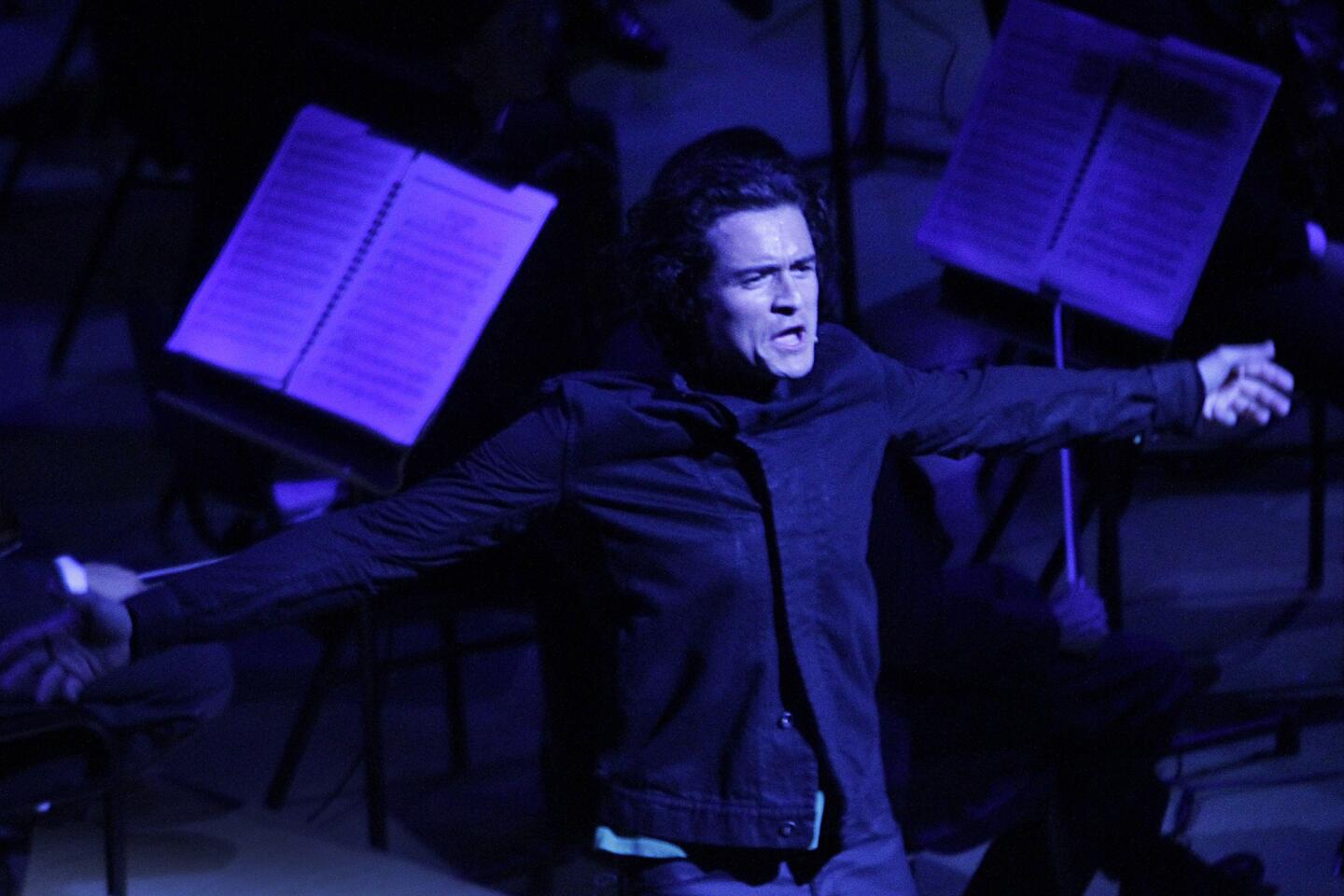
MORE: Orlando Bloom, Joe Morton brighten TchaikovskyFest at Disney Hall
REVIEW: Tchaikovsky on a grand scale (Lawrence K. Ho / Los Angeles Times)
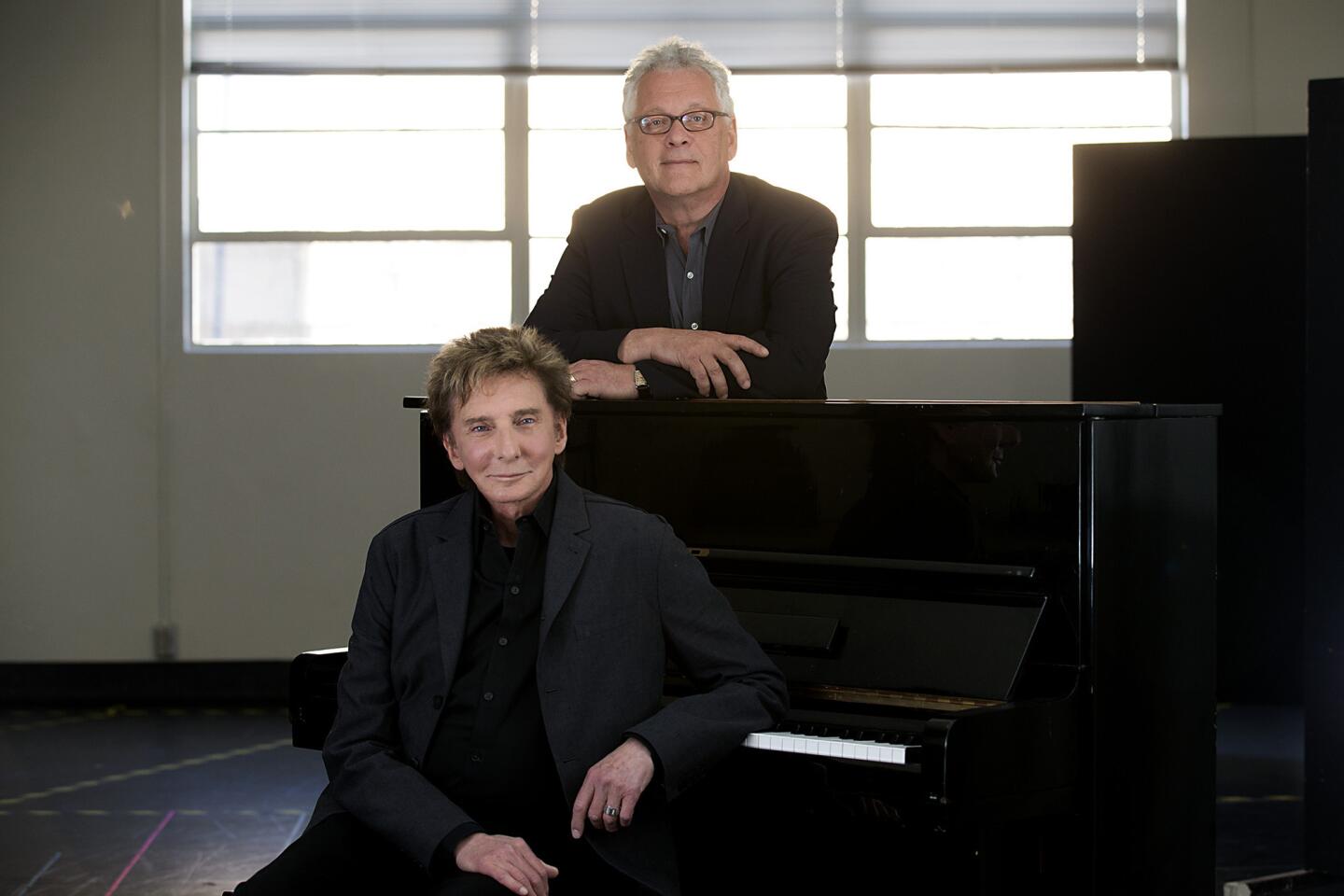
REVIEW: Barry Manilow’s ‘Harmony’ musical can sing but needs work (Luis Sinco / Los Angeles Times)
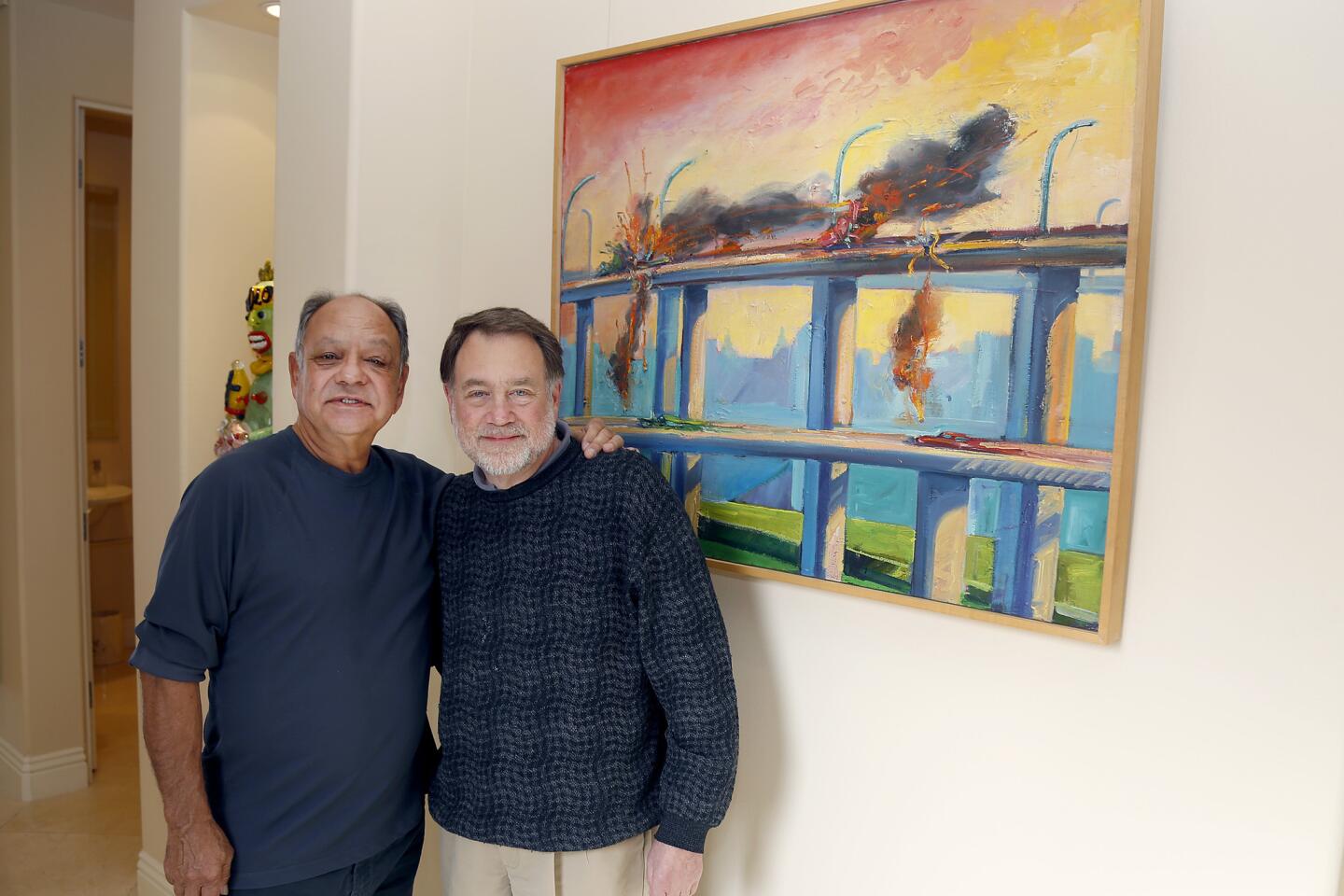
MORE: Carlos Almaraz’s time is coming, nearly 30 years after death (Kirk McKoy / Los Angeles Times)
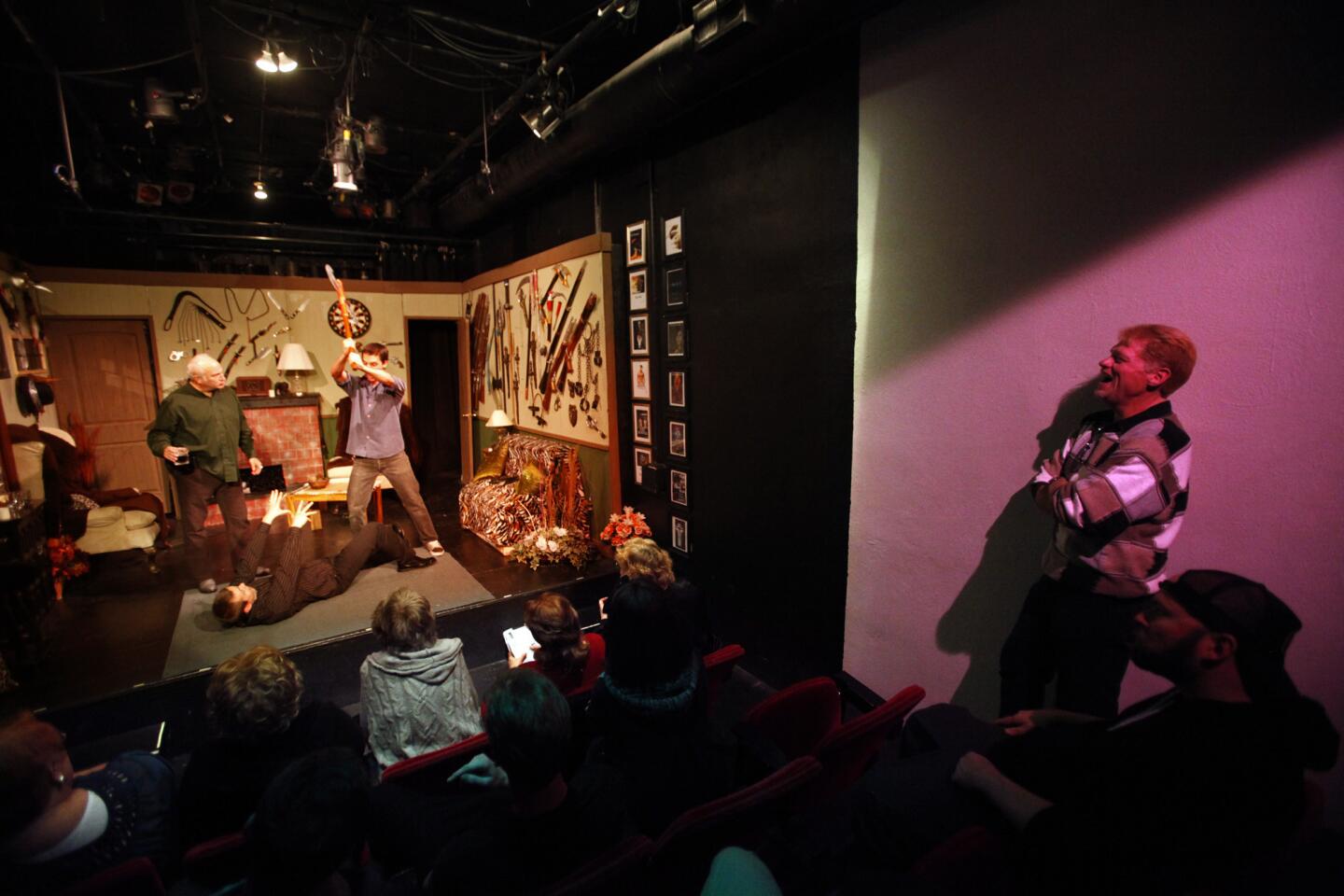
MORE: Hollywood’s Theatre Row sees exits stage right, left as scene changes
INTERACTIVE: Hollywood’s Theatre Row (Genaro Molina / Los Angeles Times)
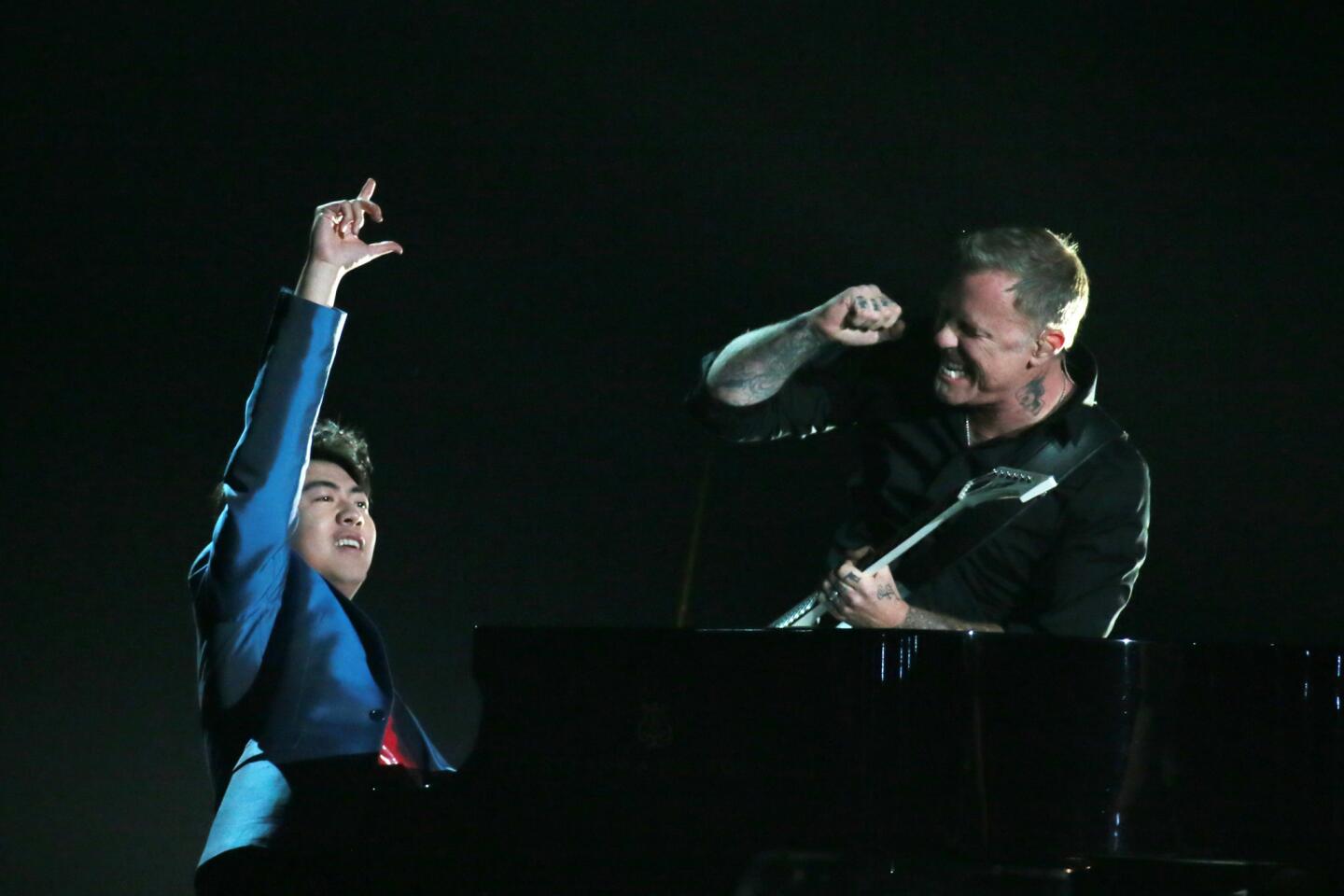
More: Grammys 2014: Lang Lang performs ‘One’ with Metallica (Robert Gauthier / Los Angeles Times)
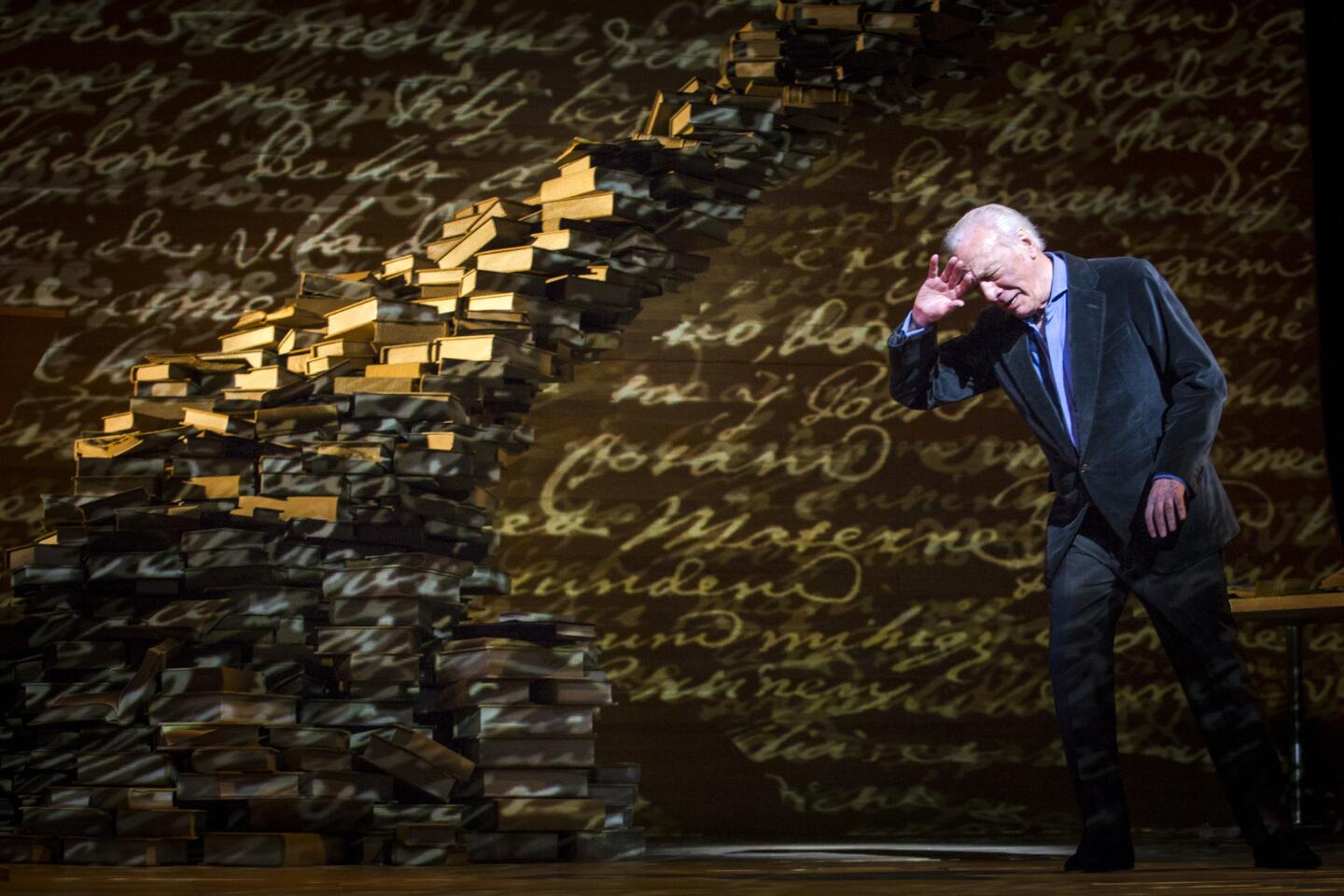
Review: Christopher Plummer, a man of letters, says ‘A Word or Two’ (Doriane Raiman / Los Angeles Times)
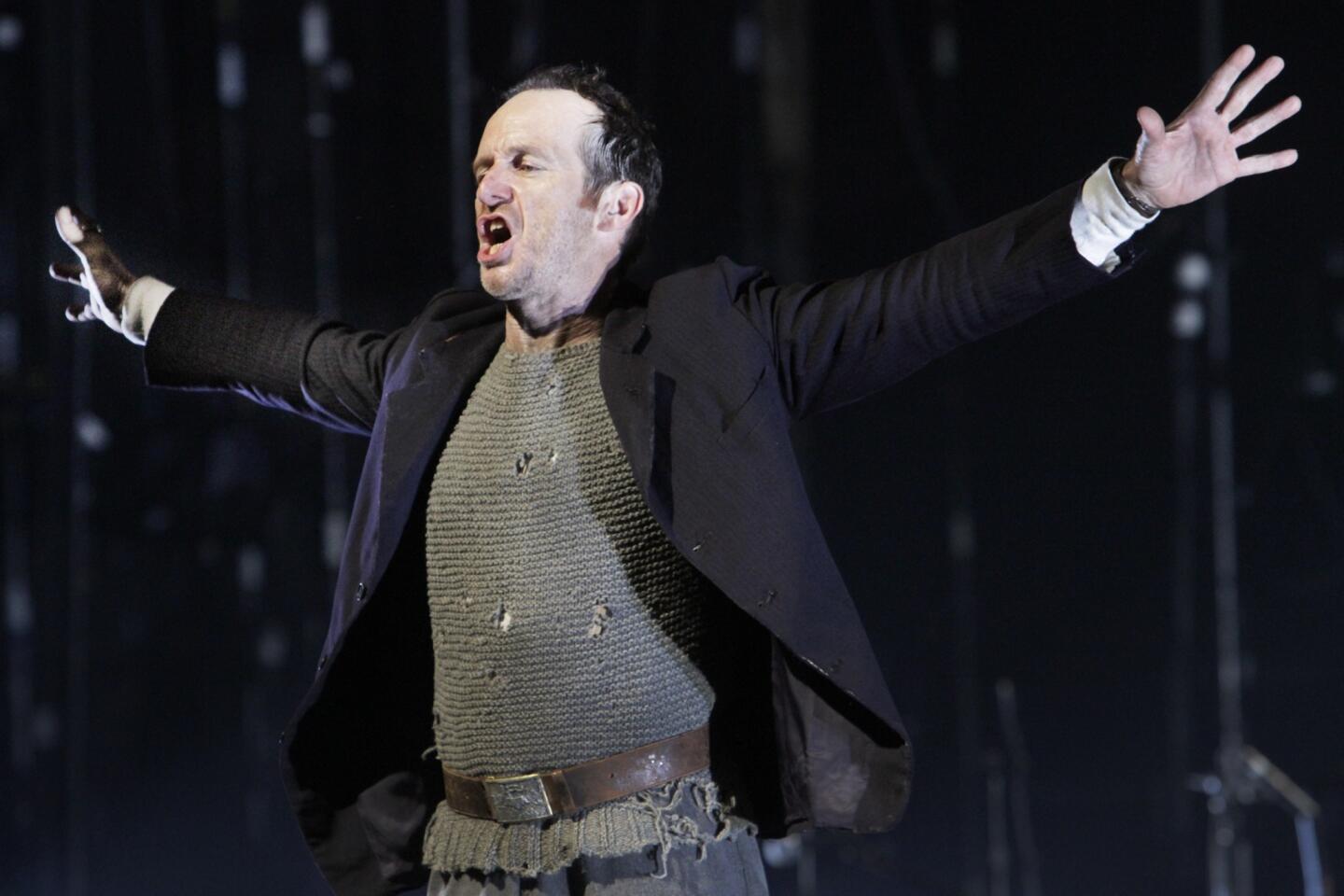
REVIEW: A poet embedded among troops lives to tell ‘An Iliad’ (Lawrence K. Ho / Los Angeles Times)
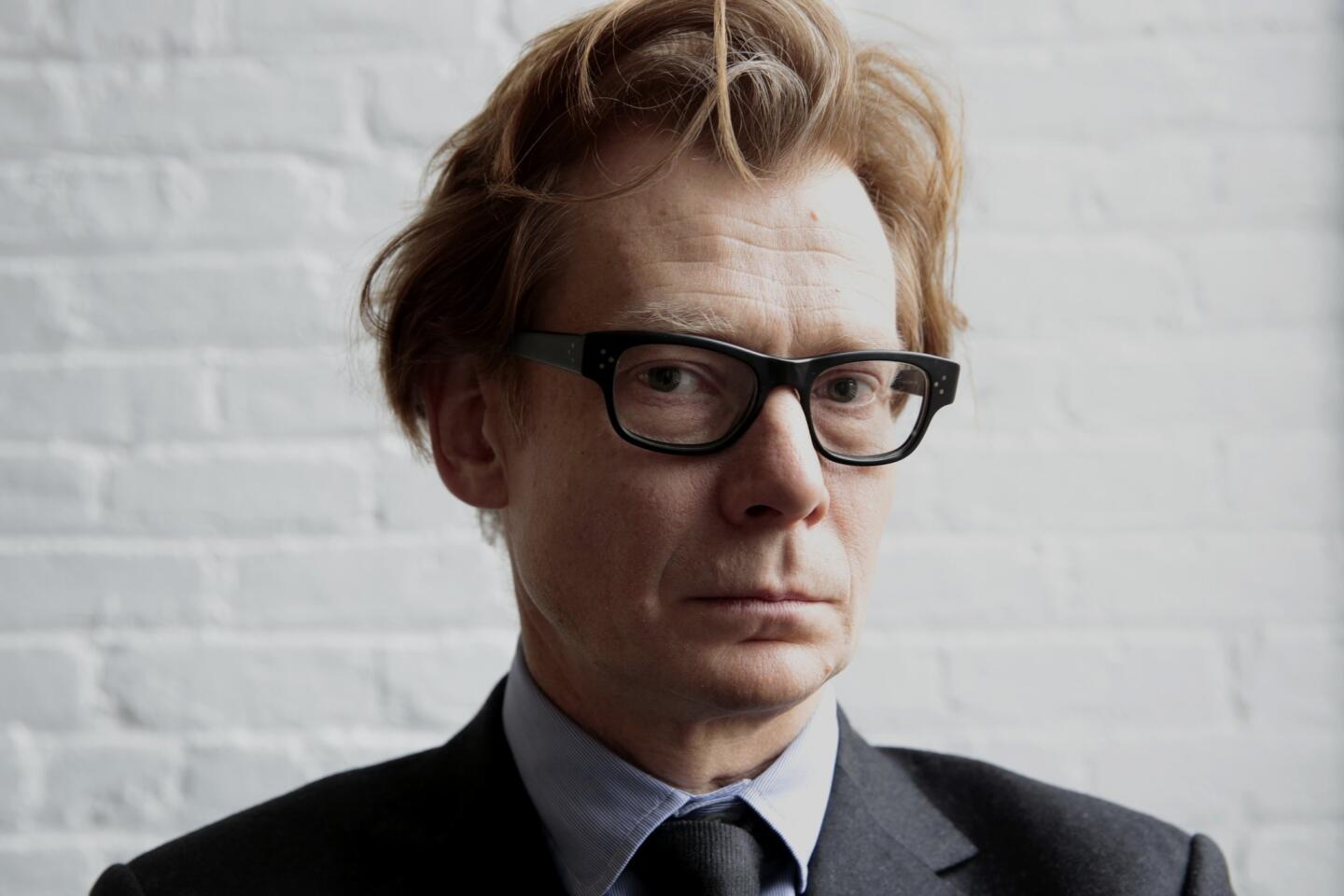
MORE: New MOCA director Philippe Vergne is a museum veteran
New MOCA director Philippe Vergne plans an artist-enabling museum (Carolyn Cole / Los Angeles Times)

MORE: A ‘Beautiful’ tapestry of Carole King’s life (Carolyn Cole / Los Angeles Times)
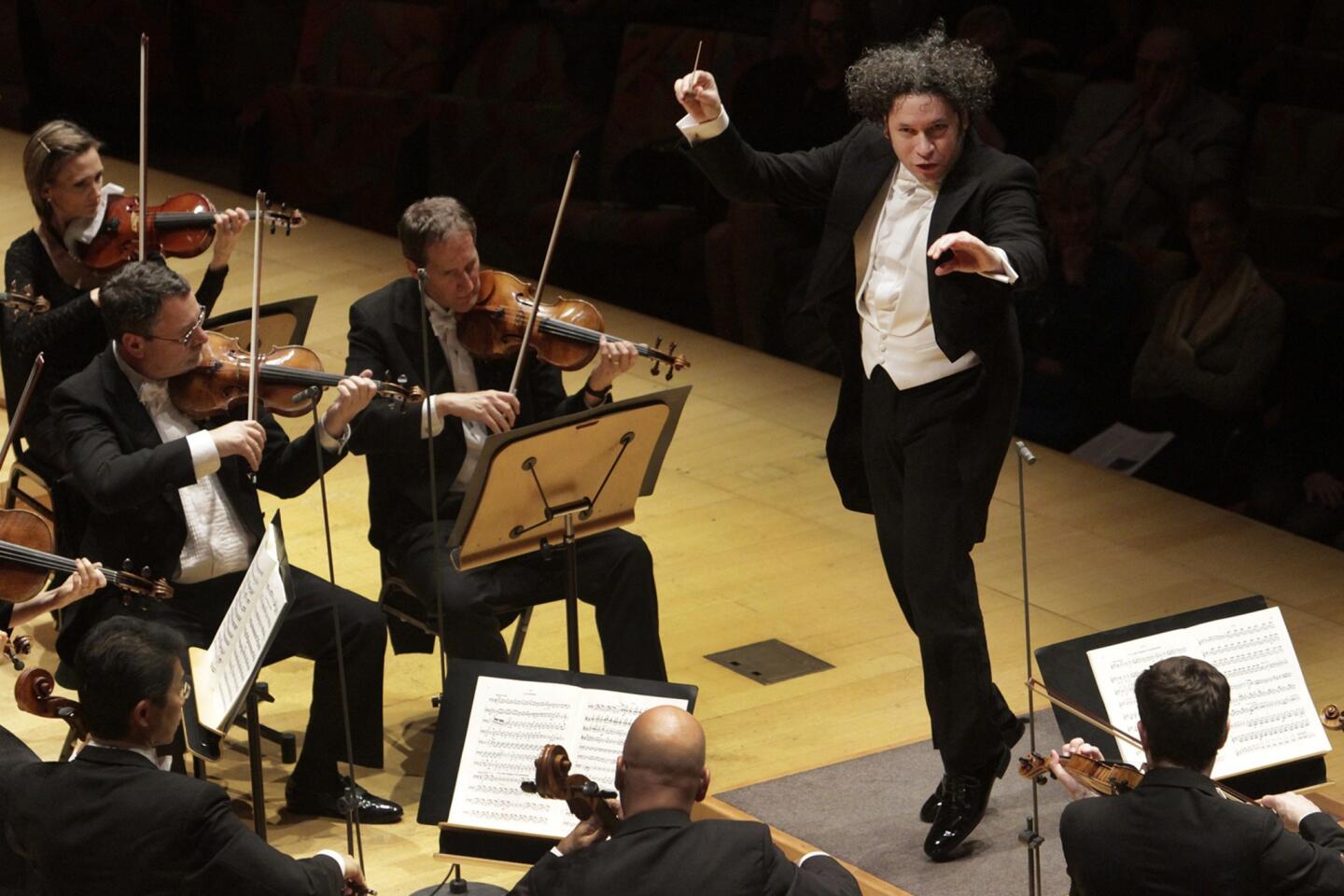
REVIEW: L.A. Phil, Dudamel reinvigorate Tchaikovsky’s ‘Nutcracker’ (Lawrence K. Ho / Los Angeles Times)
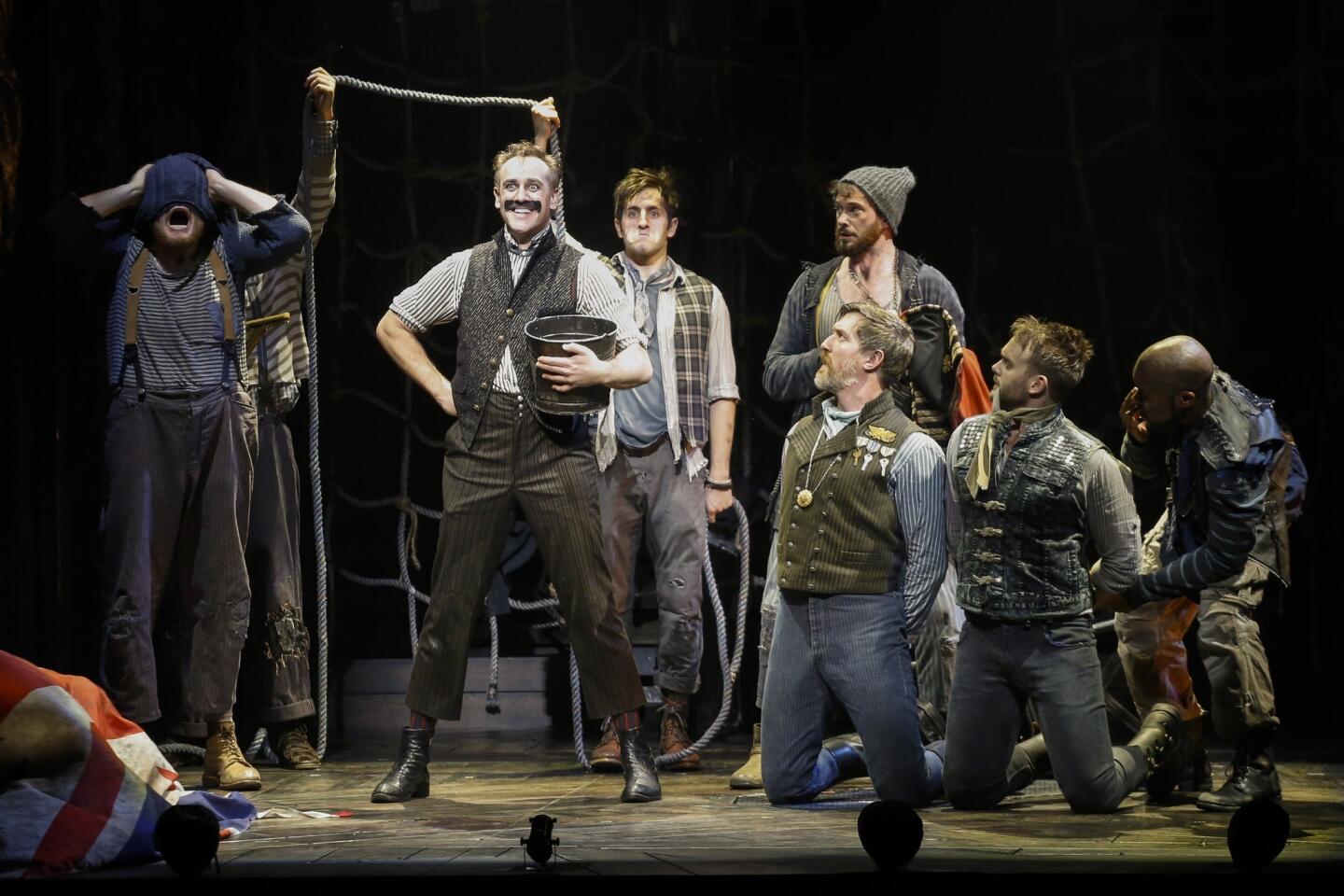
REVIEW: Lively ‘Peter and the Starcatcher’ make us believers again
MORE: Baddie role in ‘Peter and the Starcatcher’ hooked John Sanders (Jay L. Clendenin / Los Angeles Times)
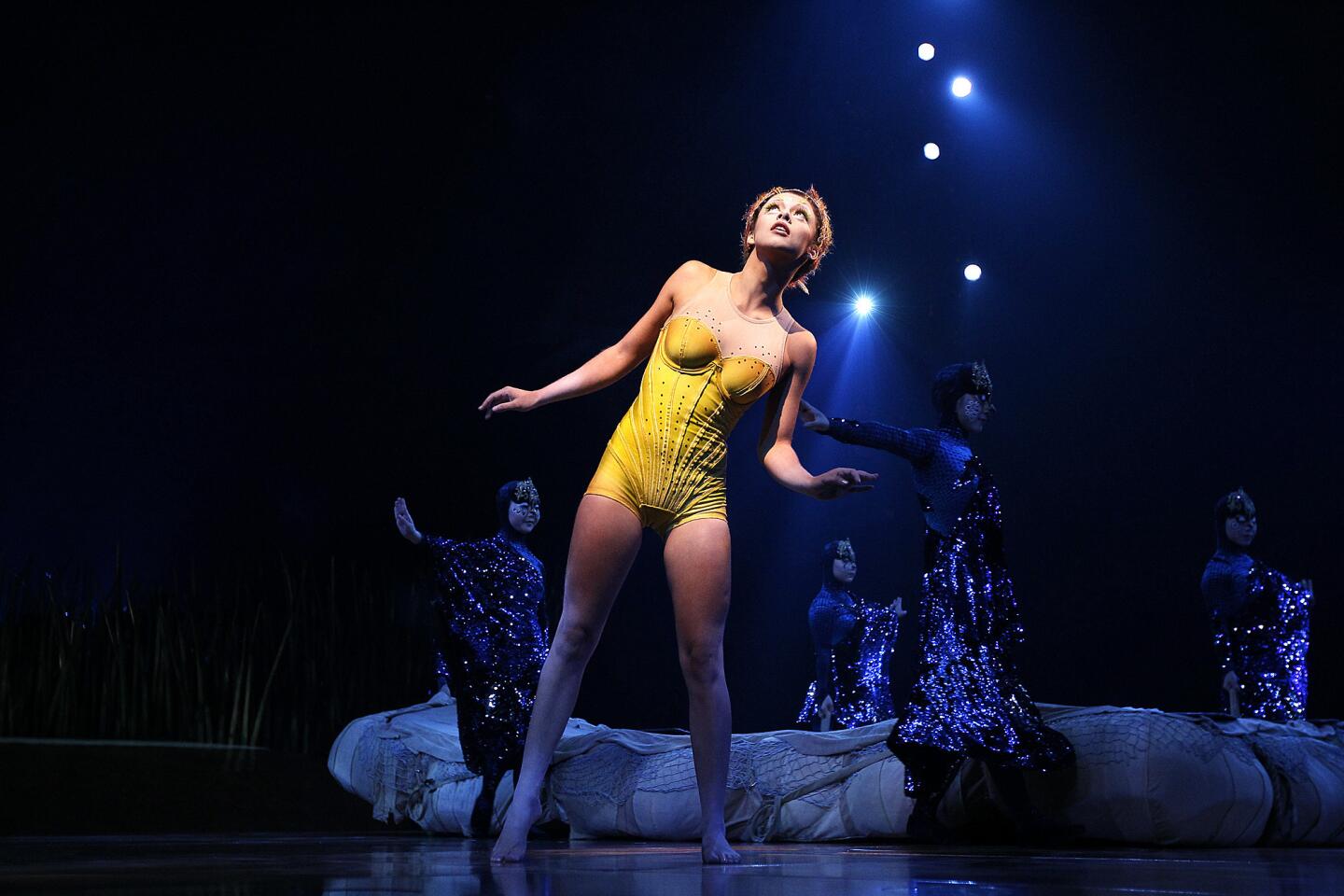
REVIEW: Cirque du Soleil’s ‘Totem’ a thrilling salute to human growth (Christina House / For the Times)
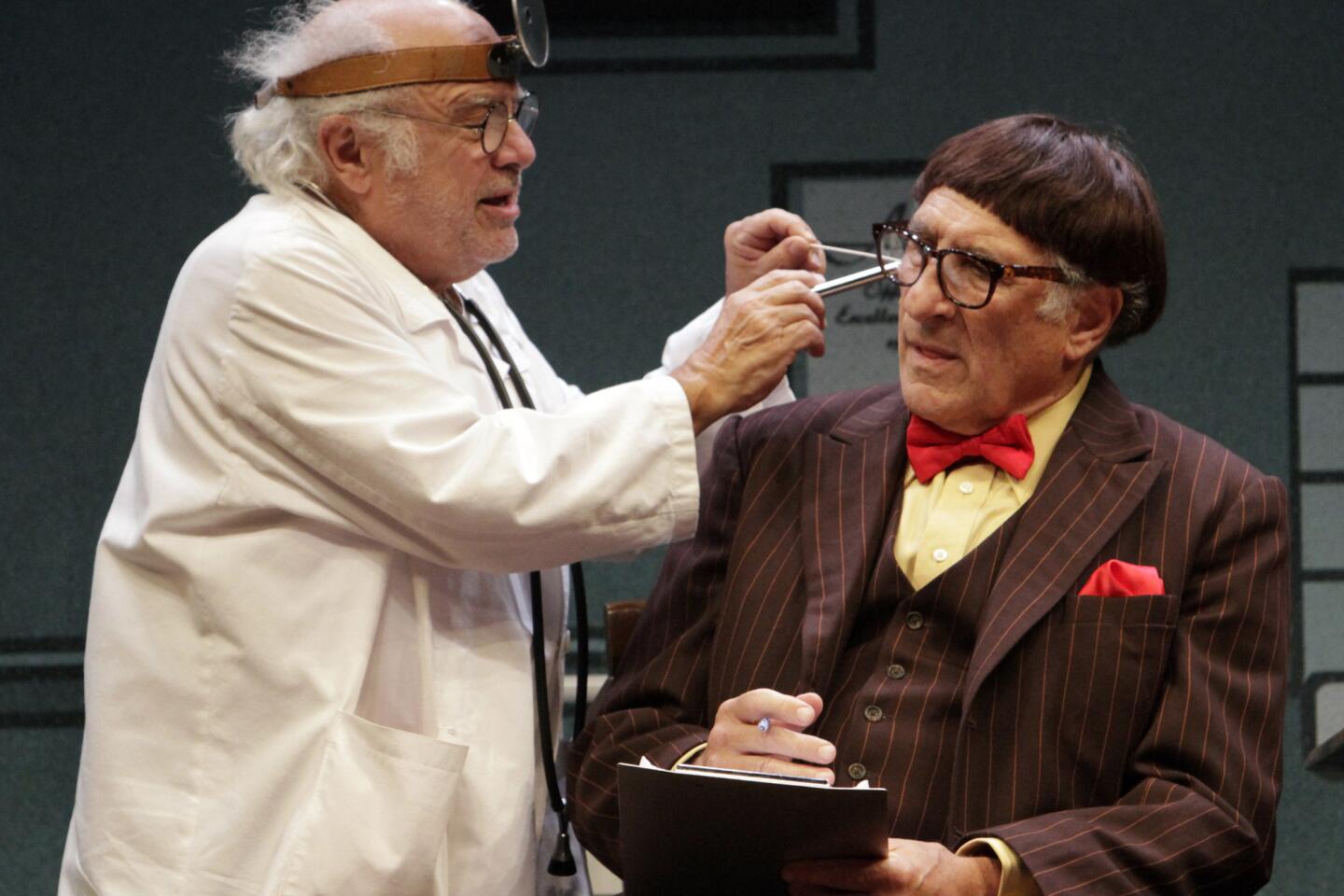
REVIEW: Time has overtaken ‘The Sunshine Boys’ (Lawrence K. Ho / Los Angeles Times)
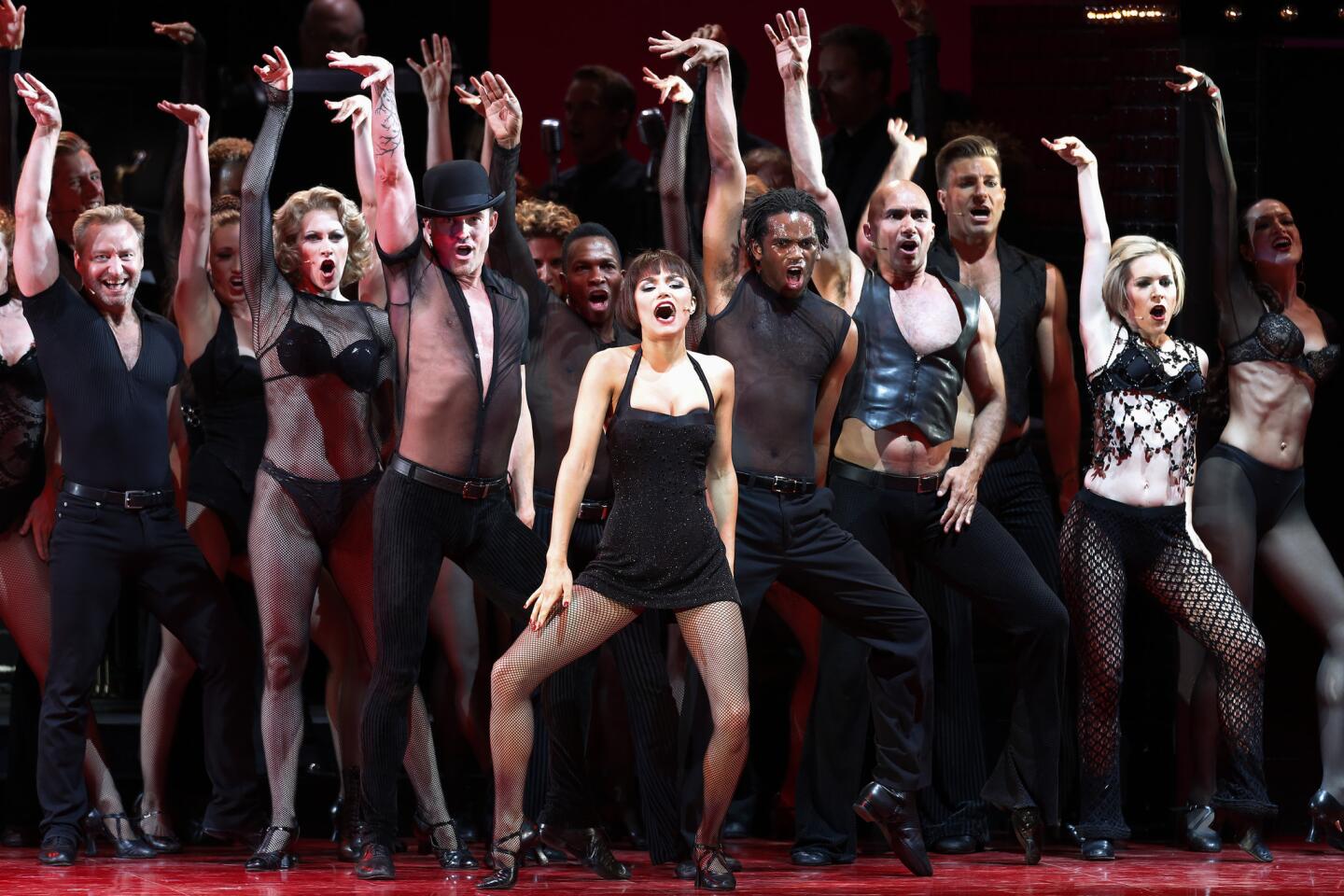
REVIEW: ‘Chicago’ storms into the Hollywood Bowl (Jay L. Clendenin / Los Angeles Times)
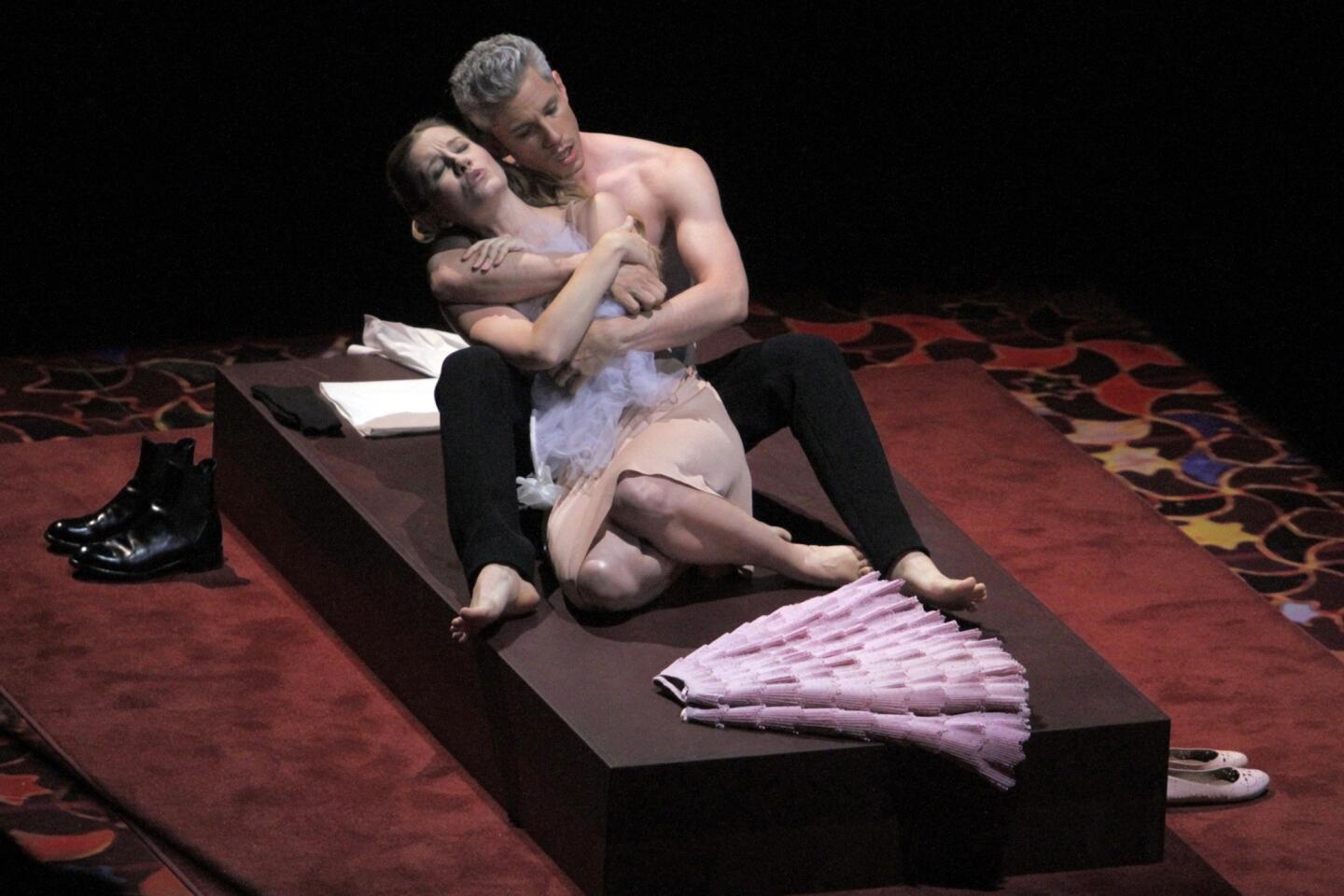
REVIEW: ‘Marriage of Figaro’ a wedding of many talents (Lawrence K. Ho / Los Angeles Times)
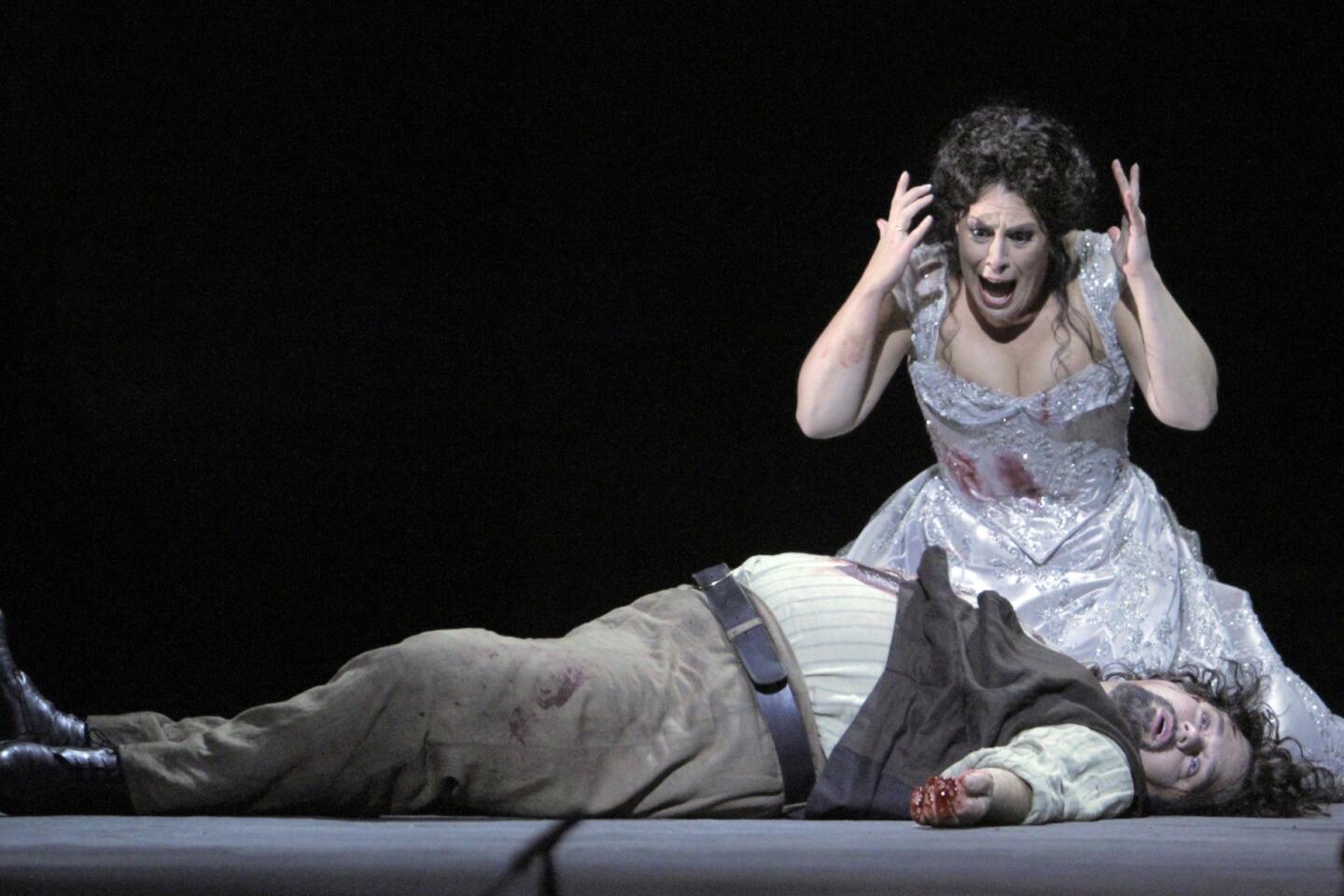
REVIEW: With ‘Tosca,’ Los Angeles Opera goes for grand (Lawrence K. Ho / Los Angeles Times)
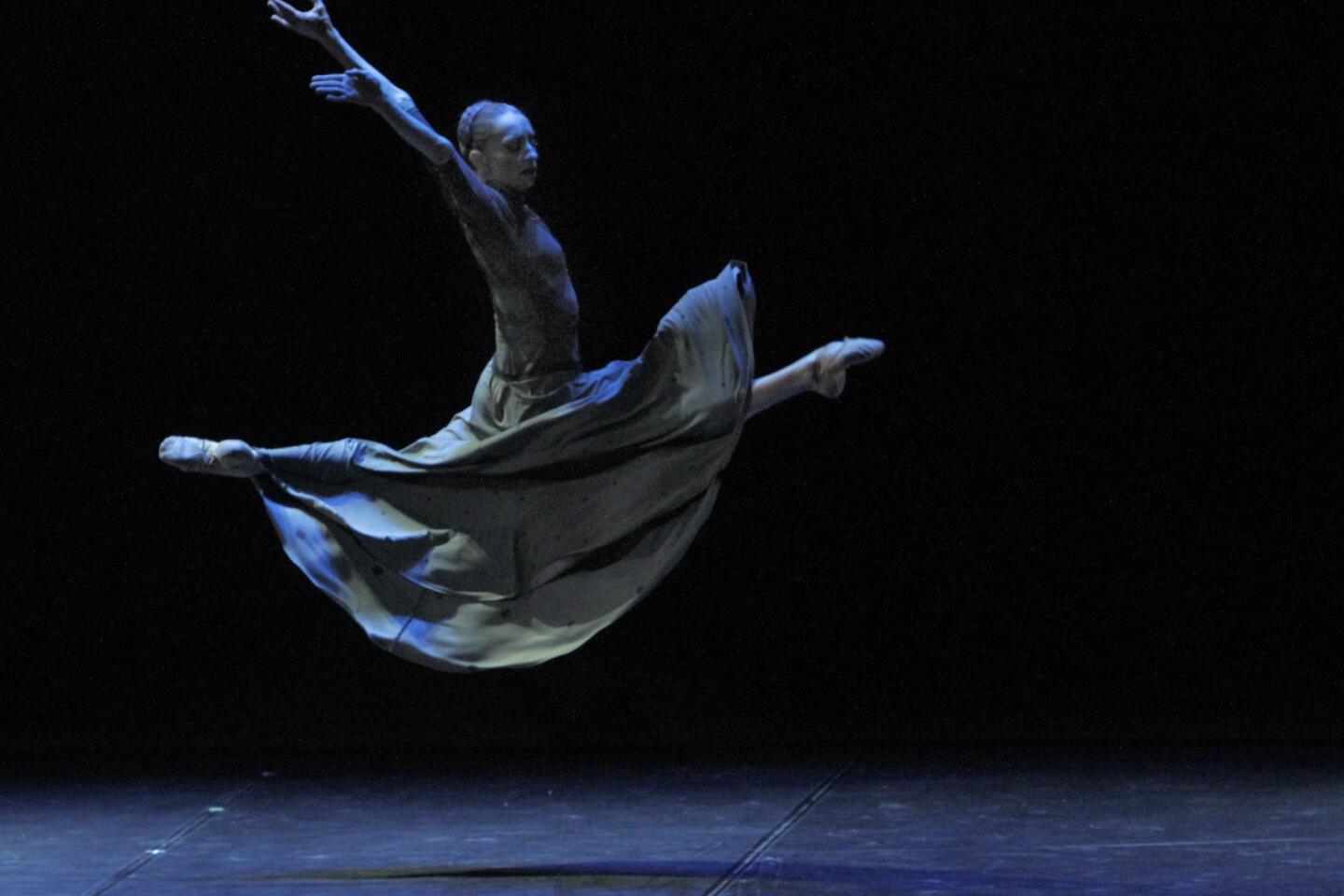
REVIEW: The collateral damage of genius in Boris Eifman’s ‘Rodin’ (Lawrence K. Ho / Los Angeles Times)
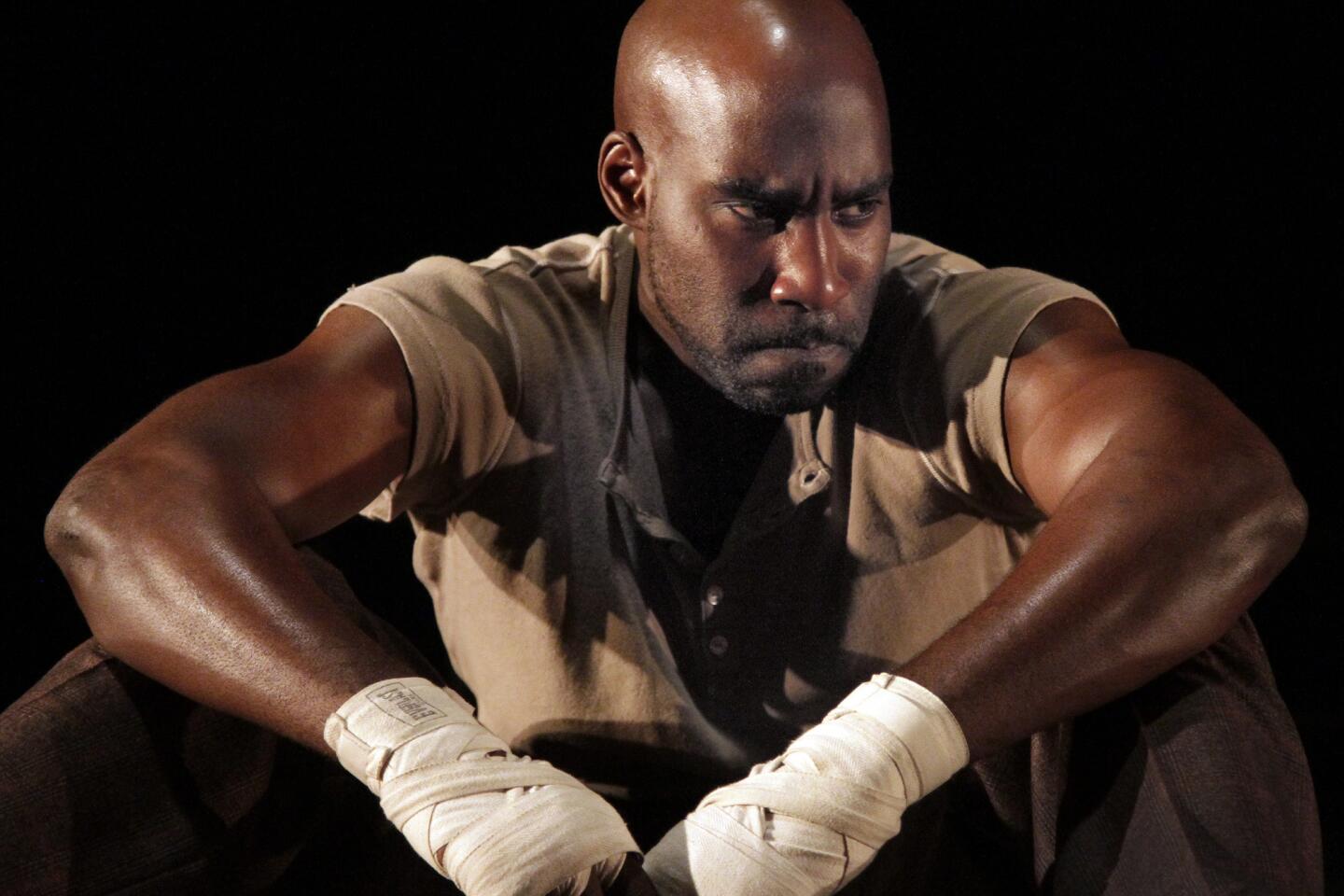
REVIEW: ‘The Royale’ punches well but has character issues (Lawrence K. Ho / Los Angeles Times)
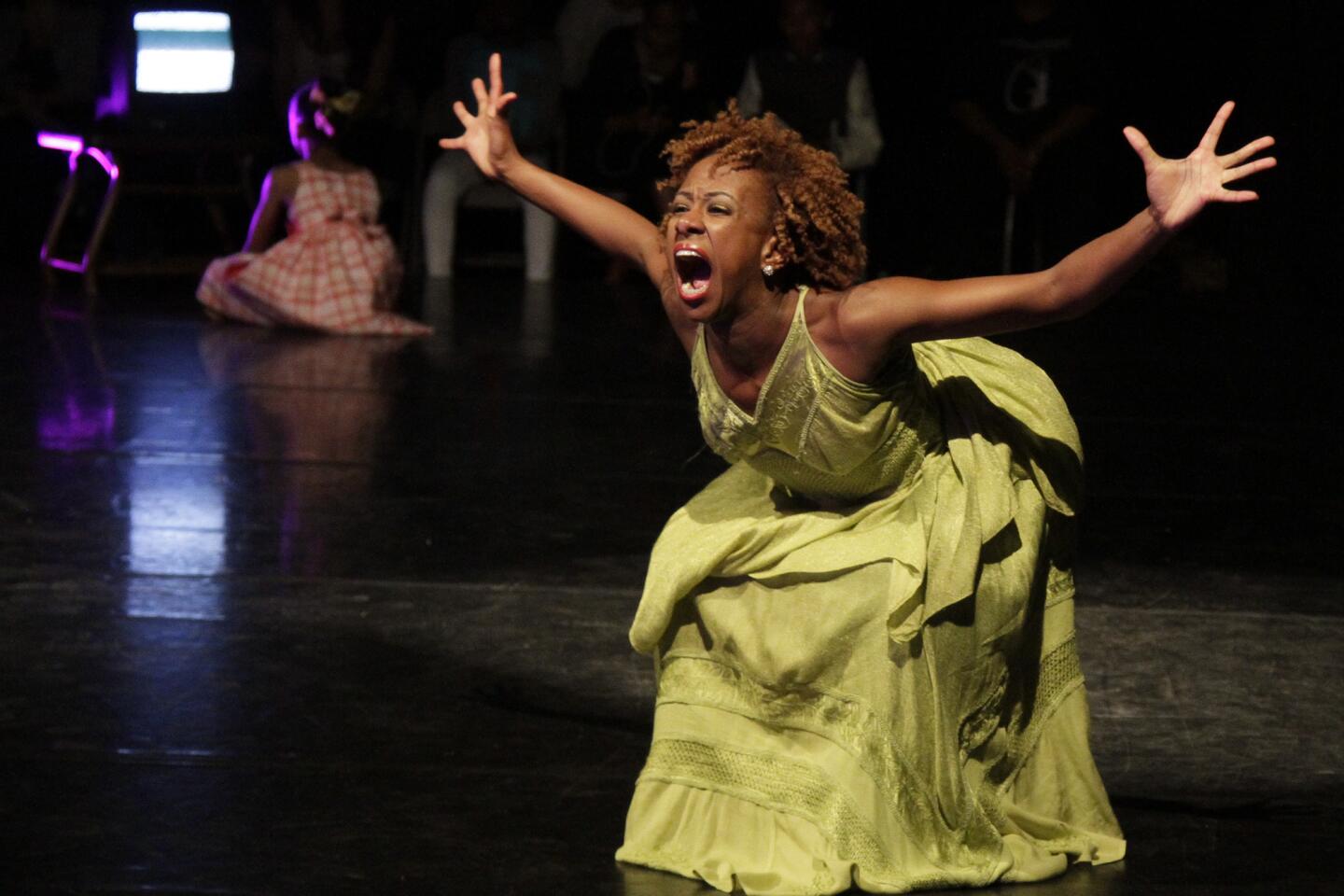
REVIEW: L.A. Dance Festival returns to boost homegrown dance (Lawrence K. Ho / Los Angeles Times)
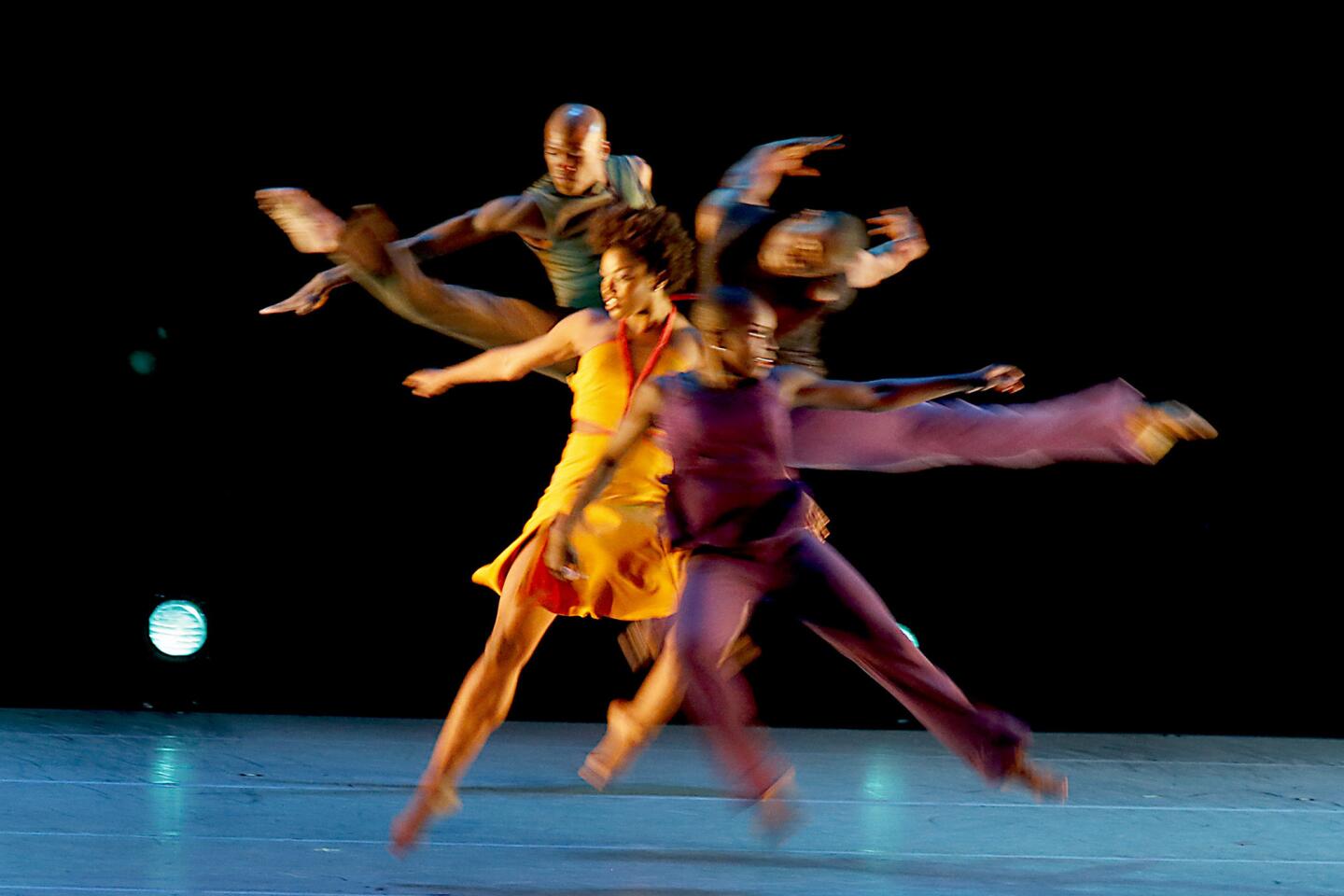
REVIEW: Sensual energy crackles in Alvin Ailey dance program (Luis Sinco / Los Angeles Times)
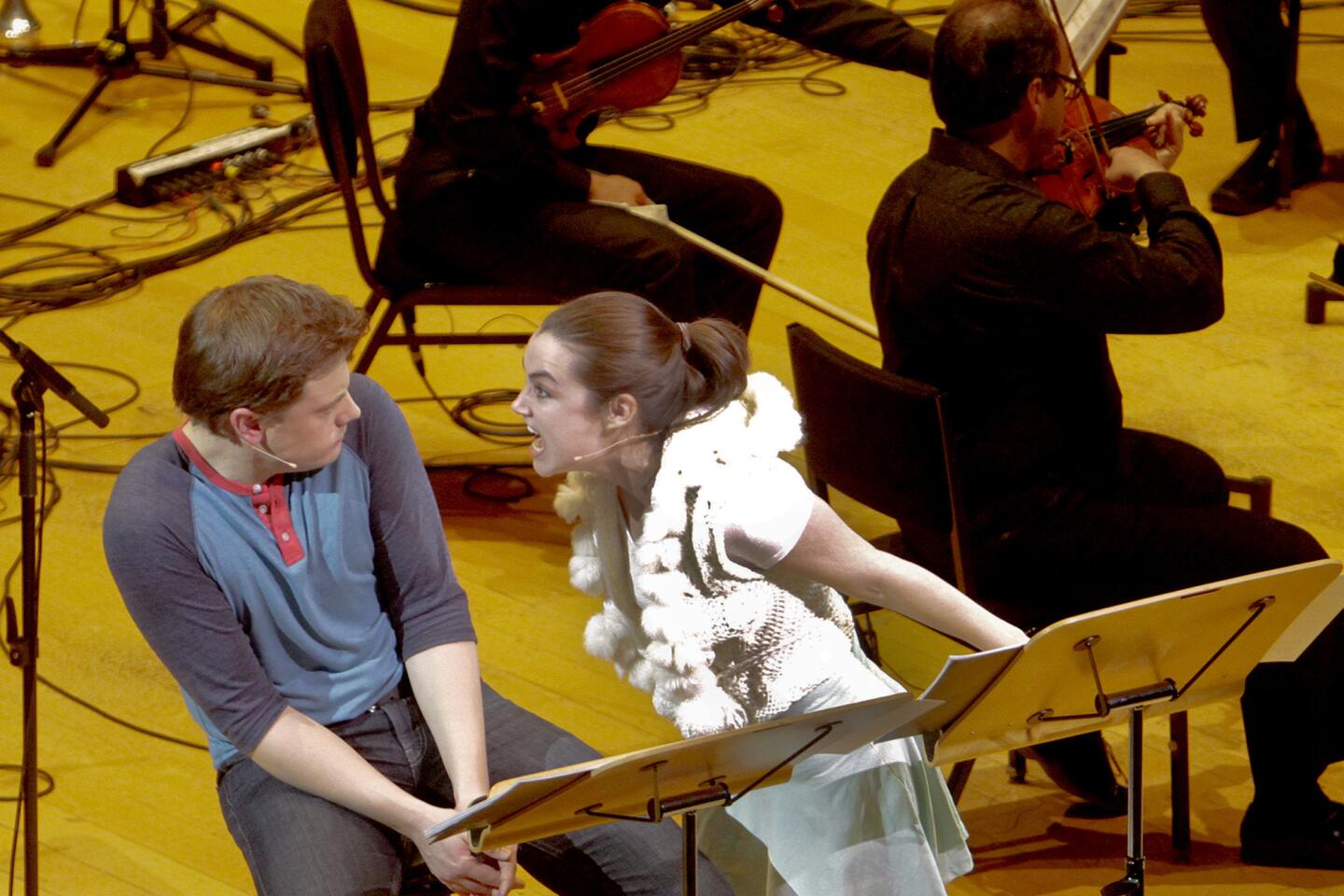
REVIEW: Aaron Copland as a hinge (Lawrence K. Ho / Los Angeles Times)
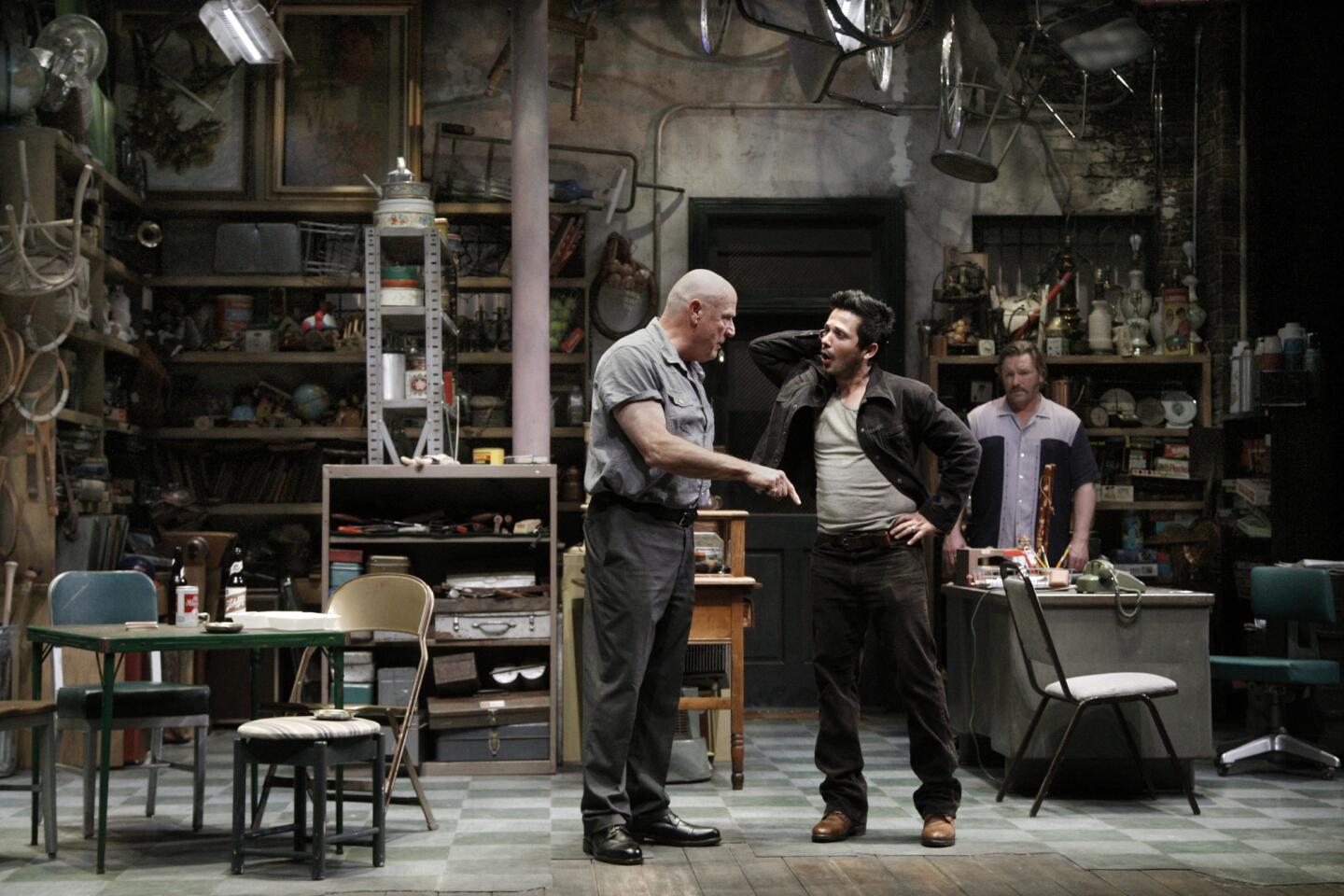
REVIEW: ‘American Buffalo’ at Geffen a refreshing dose of Mamet (Gary Friedman / Los Angeles Times)
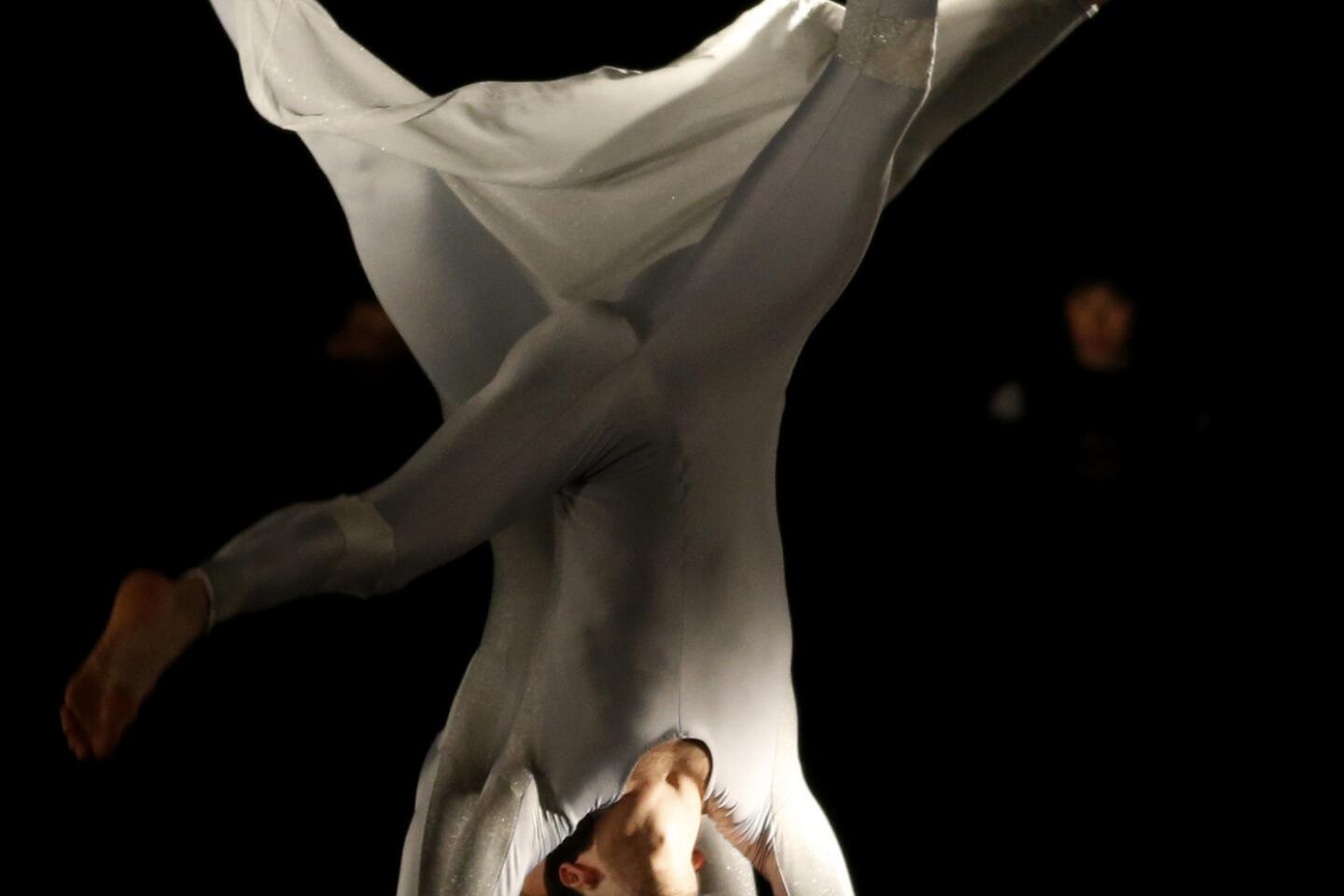
REVIEW: Flashes of lightning in Trisha Brown’s ‘Astral Converted’ (Luis Sinco / Los Angeles Times)
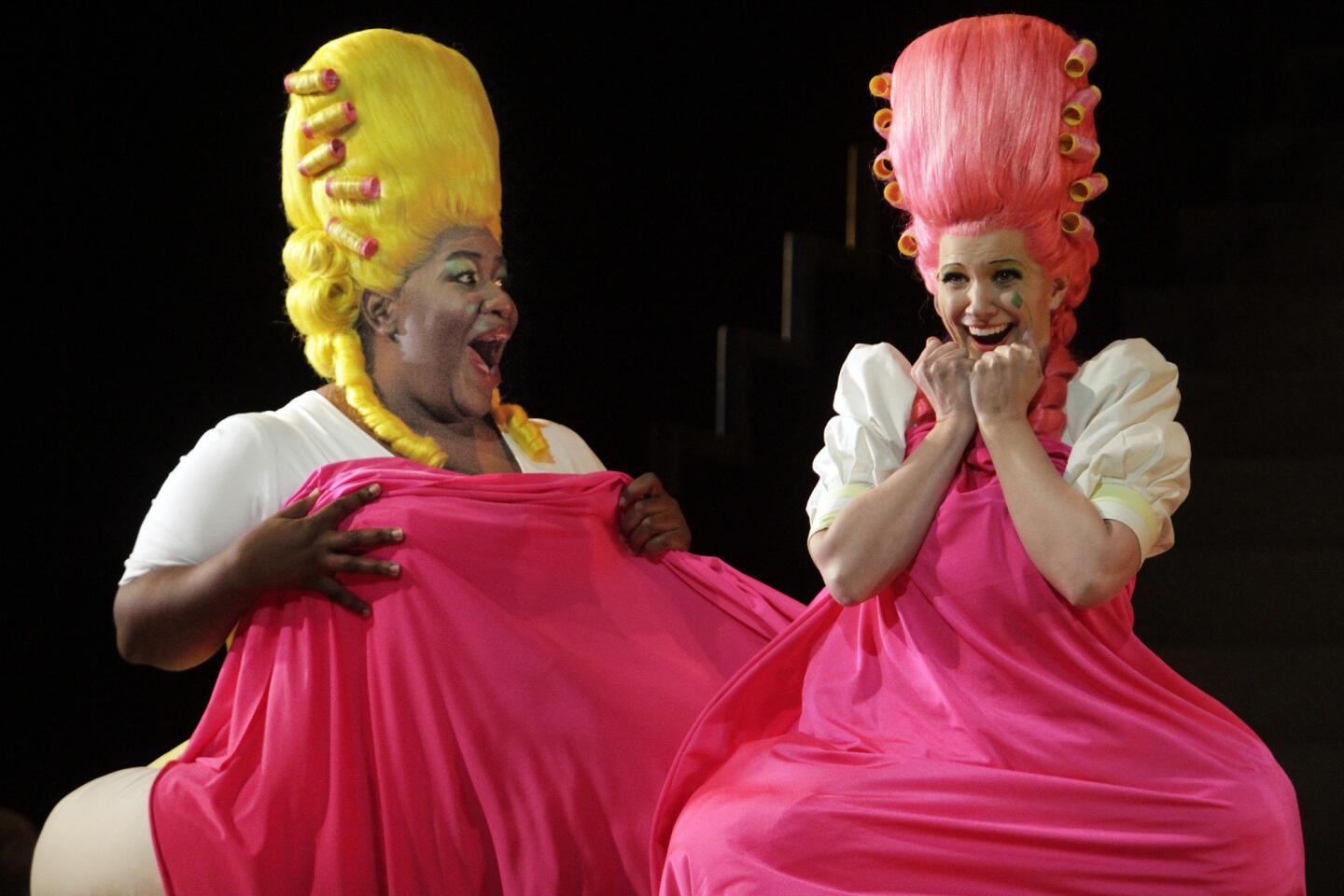
REVIEW: A new Cinderella at Los Angeles Opera makes an impression (Lawrence K. Ho / Los Angeles Times)
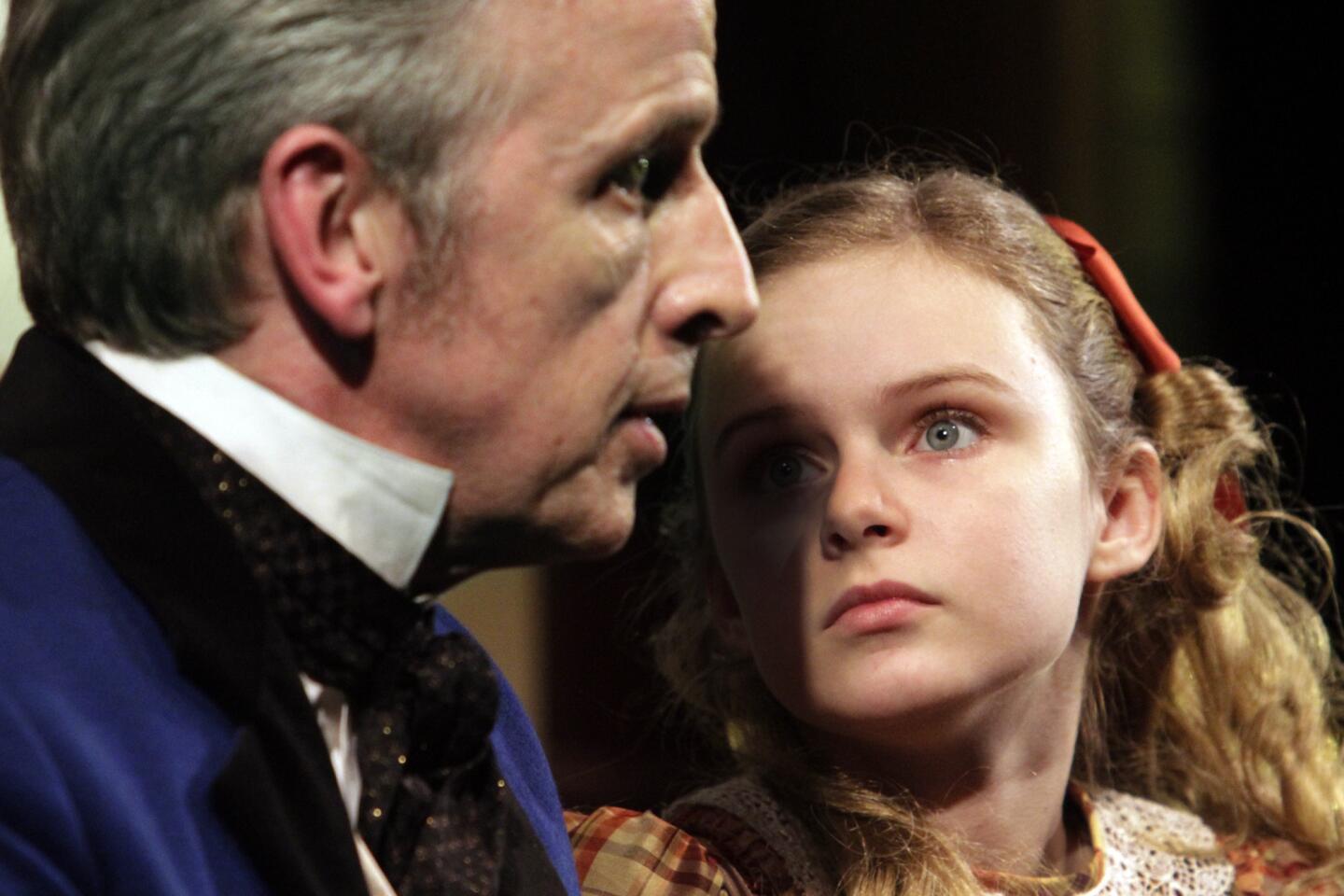
REVIEW: Ethical quandaries buzz in ‘The Nether’ (Lawrence K. Ho / Los Angeles Times)
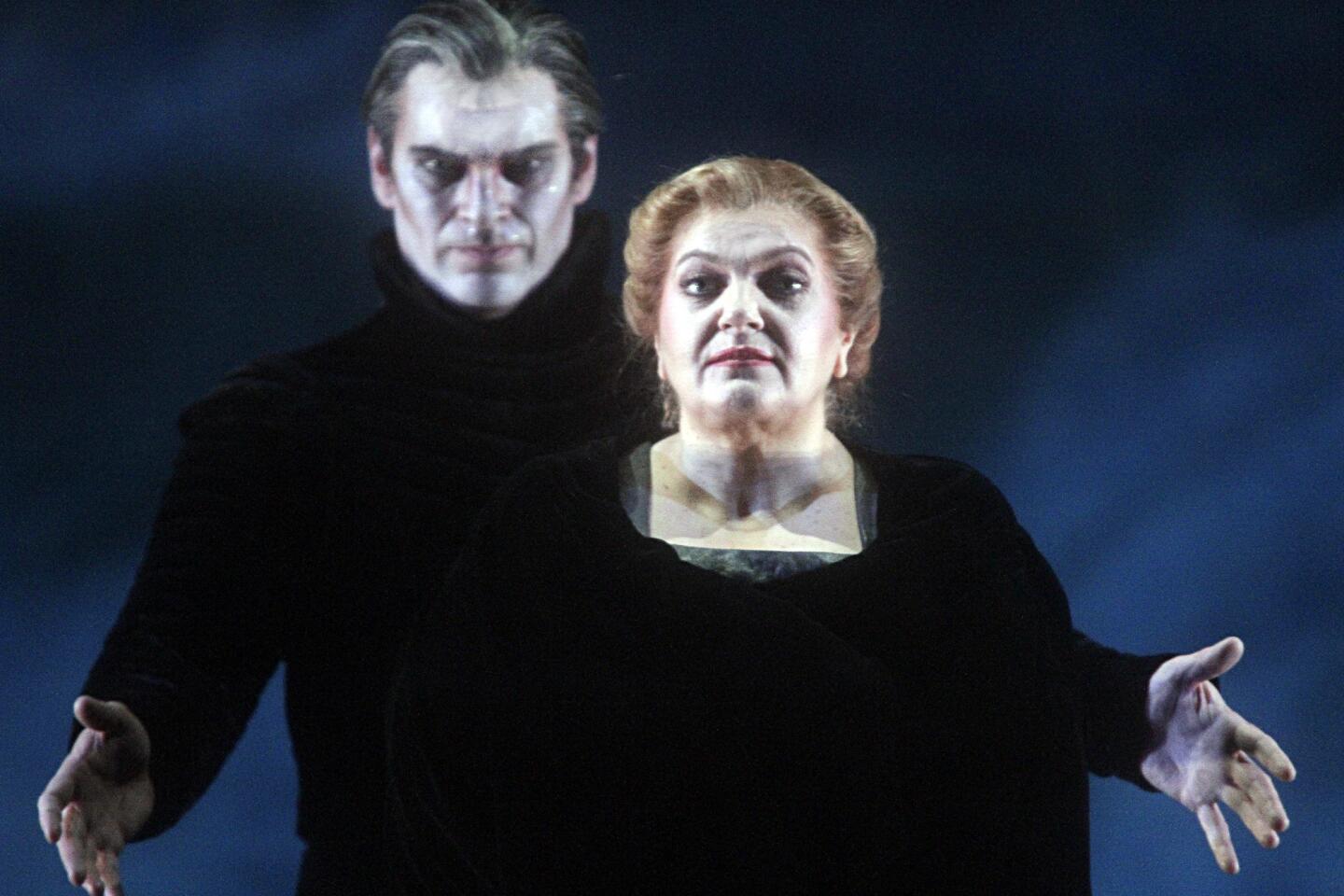
REVIEW: L.A. Opera’s ‘Flying Dutchman’ back in action (Lawrence K. Ho / Los Angeles Times)
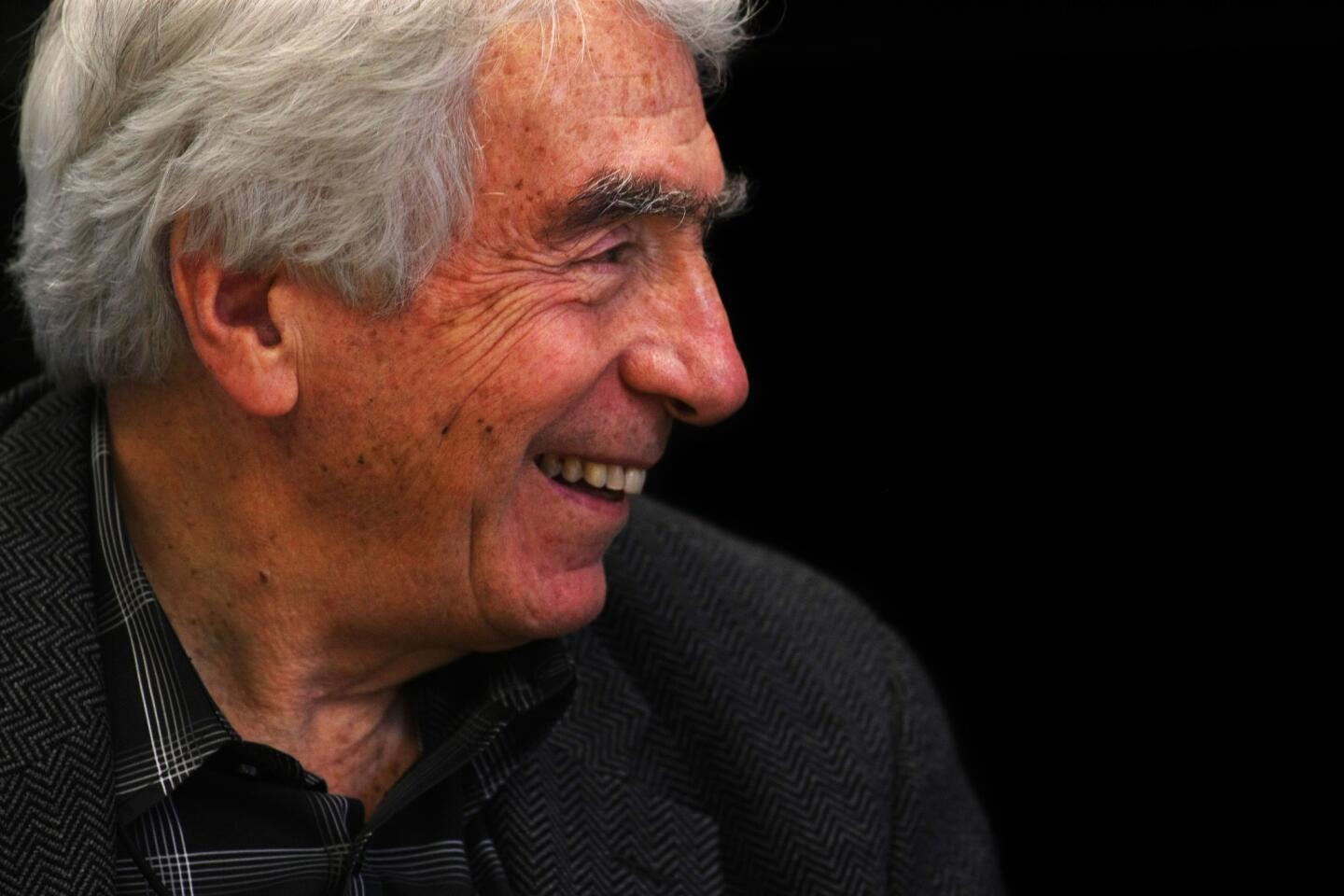
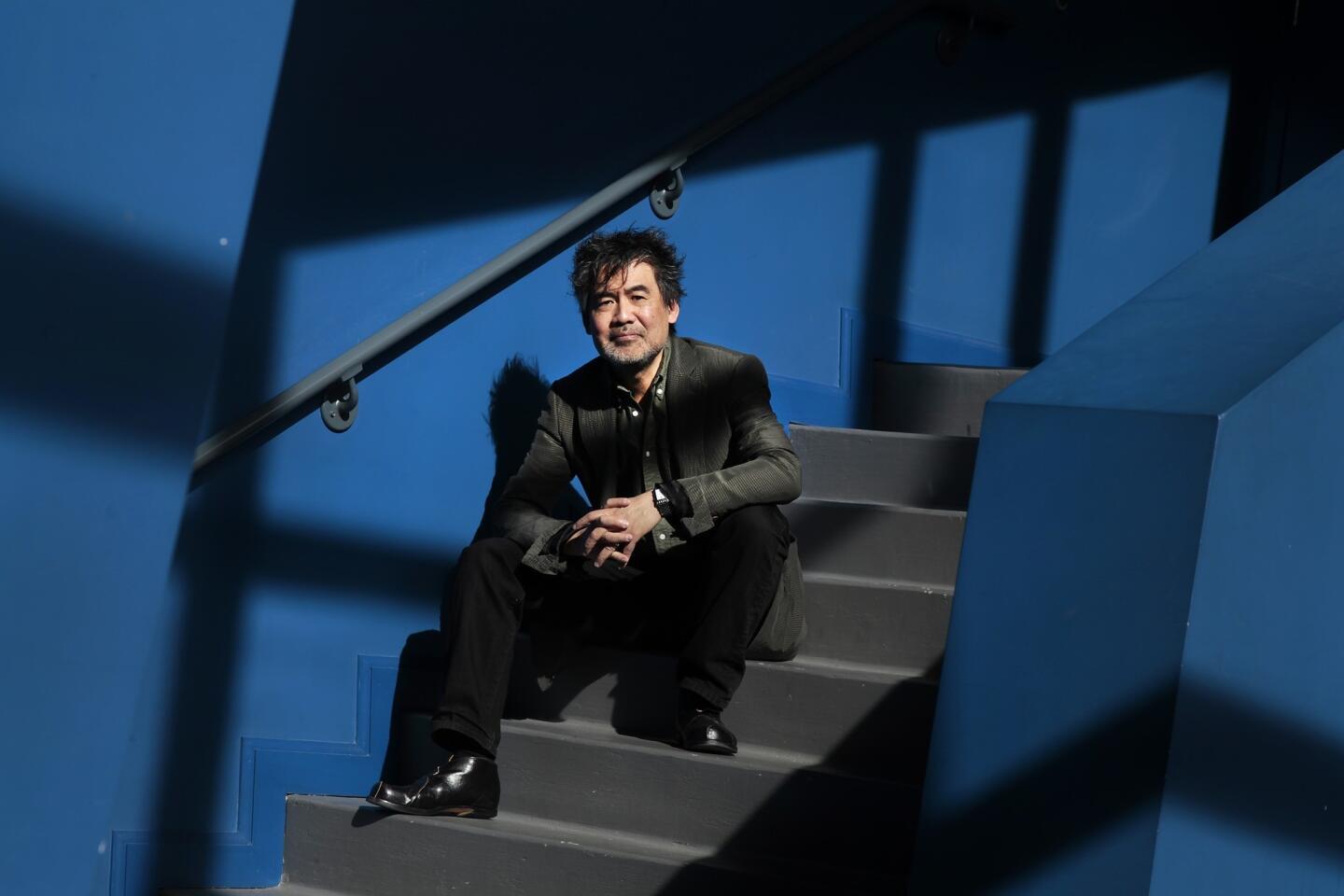
MORE: For David Henry Hwang’s ‘Chinglish,’ a case of bad timing in China (Rick Loomis / Los Angeles Times)
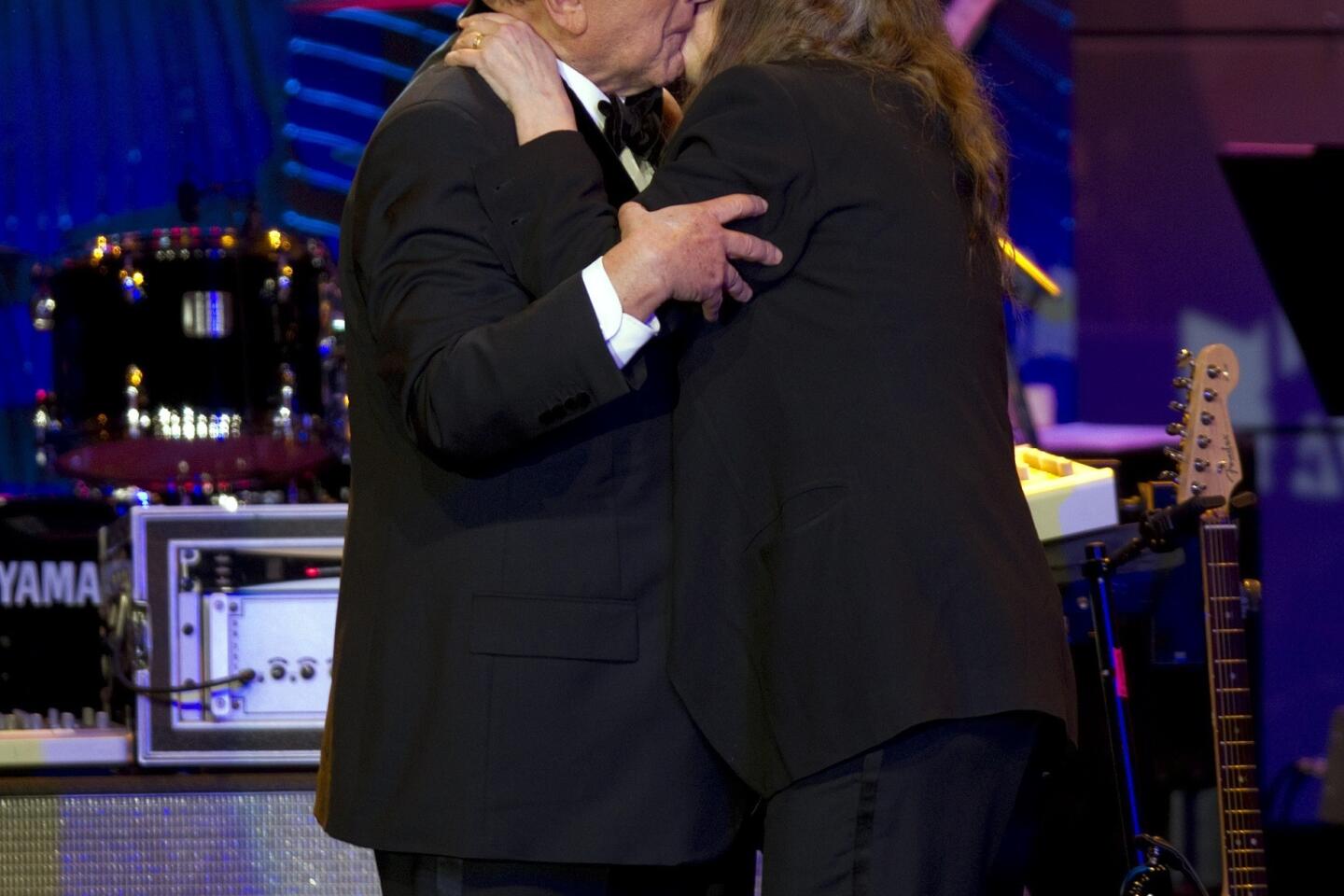
MORE: Clive Davis’ next role: Broadway producer of a new ‘My Fair Lady’ (Gina Ferazzi / Los Angeles Times)
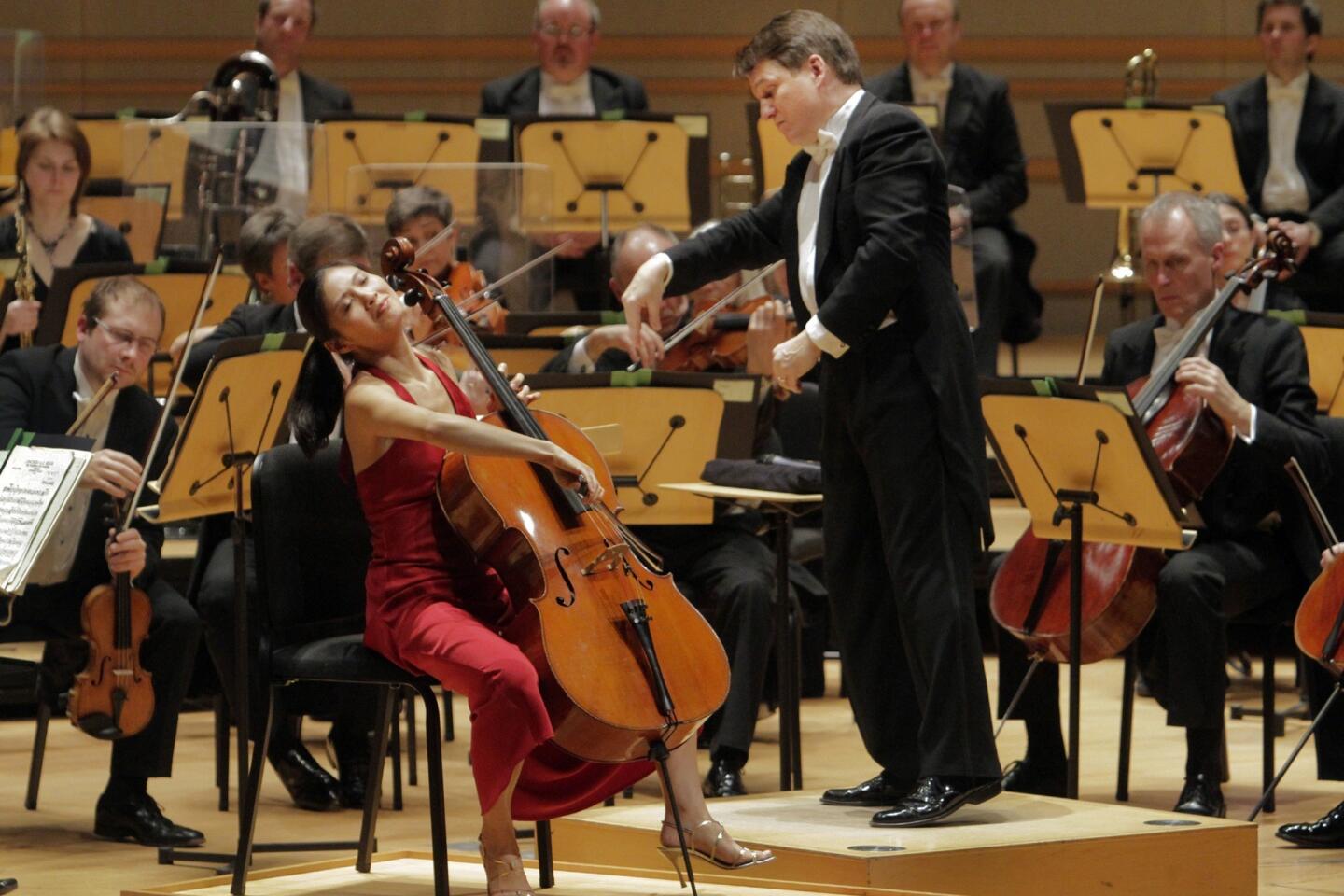
REVIEW: The usually inventive BBC Concert Orchestra goes retro (Lawrence K. Ho / Los Angeles Times)
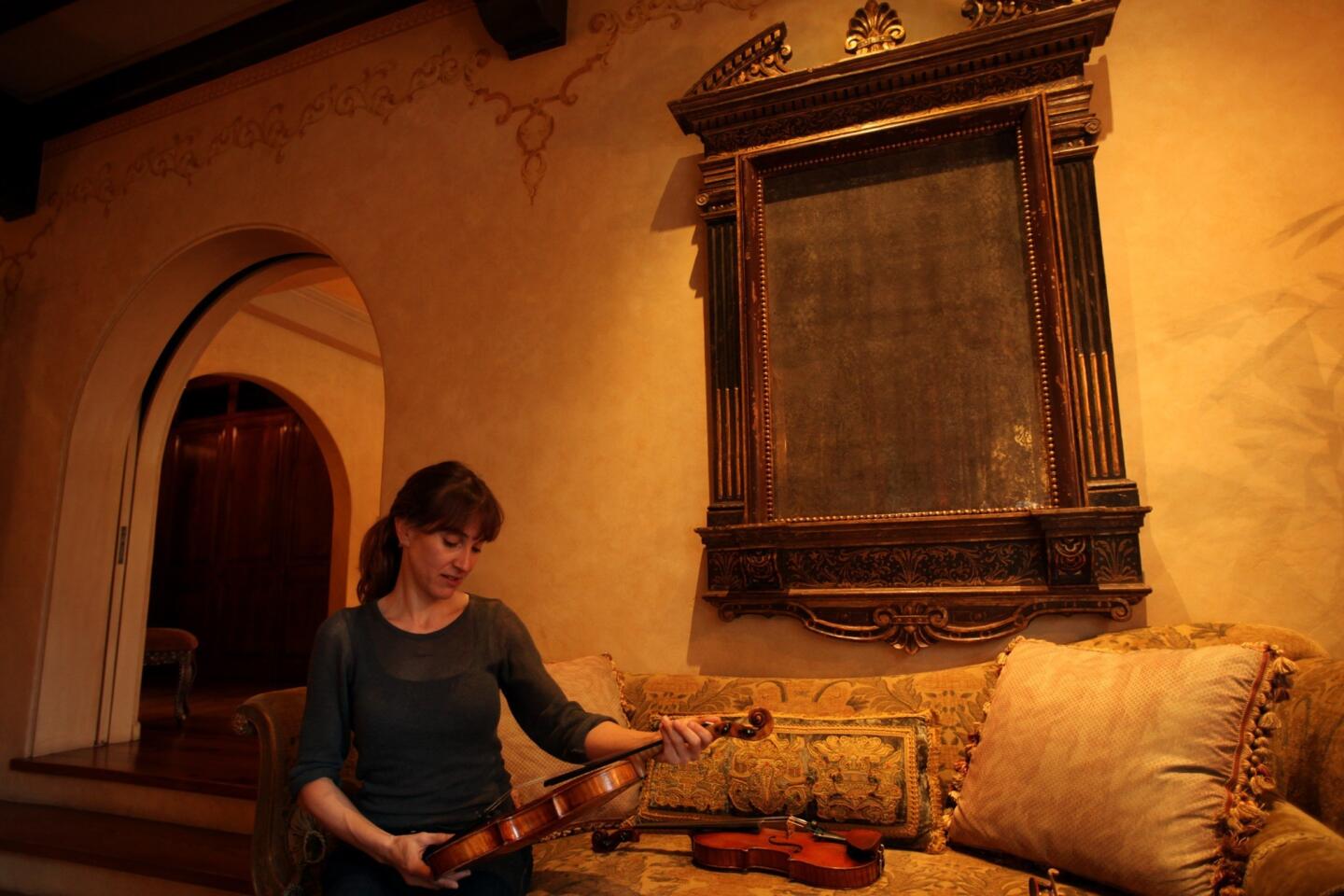
MORE: Los Angeles Chamber Orchestra violinist has a date with a Stradivarius (Francine Orr / Los Angeles Times)
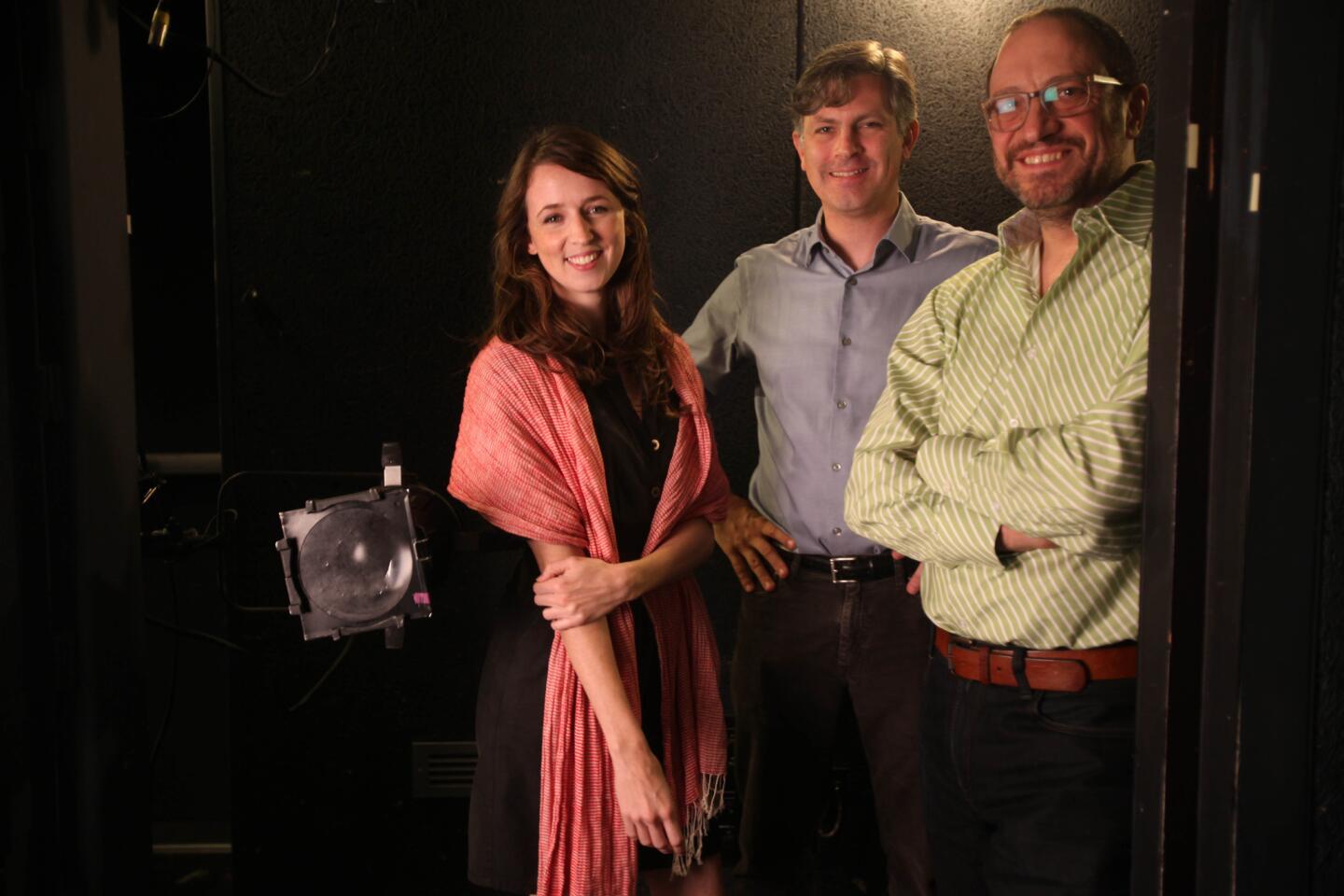
REVIEW: Elevator Repair Service’s ‘Gatz’ a rewarding marathon | Elevator Repair Service takes on the great ‘Gatz’ | Marathon plays stand the test of time (Michael Robinson Chavez / Los Angeles Times)
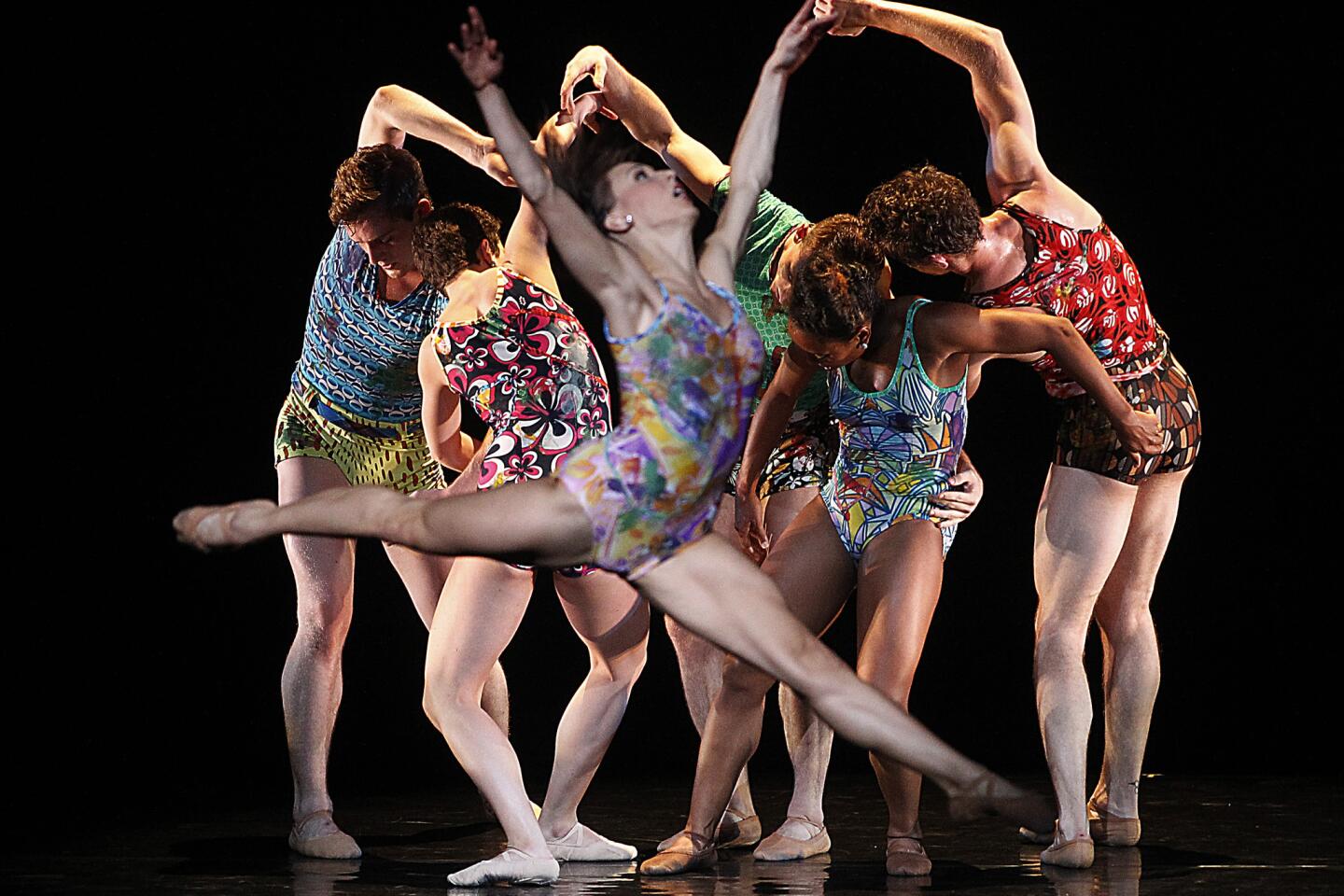
REVIEW: Trey McIntyre Project dances are both slight and potent | Trey McIntyre Project brings ‘Ways of Seeing’ to Segerstrom (Luis Cinco / Los Angeles Times)
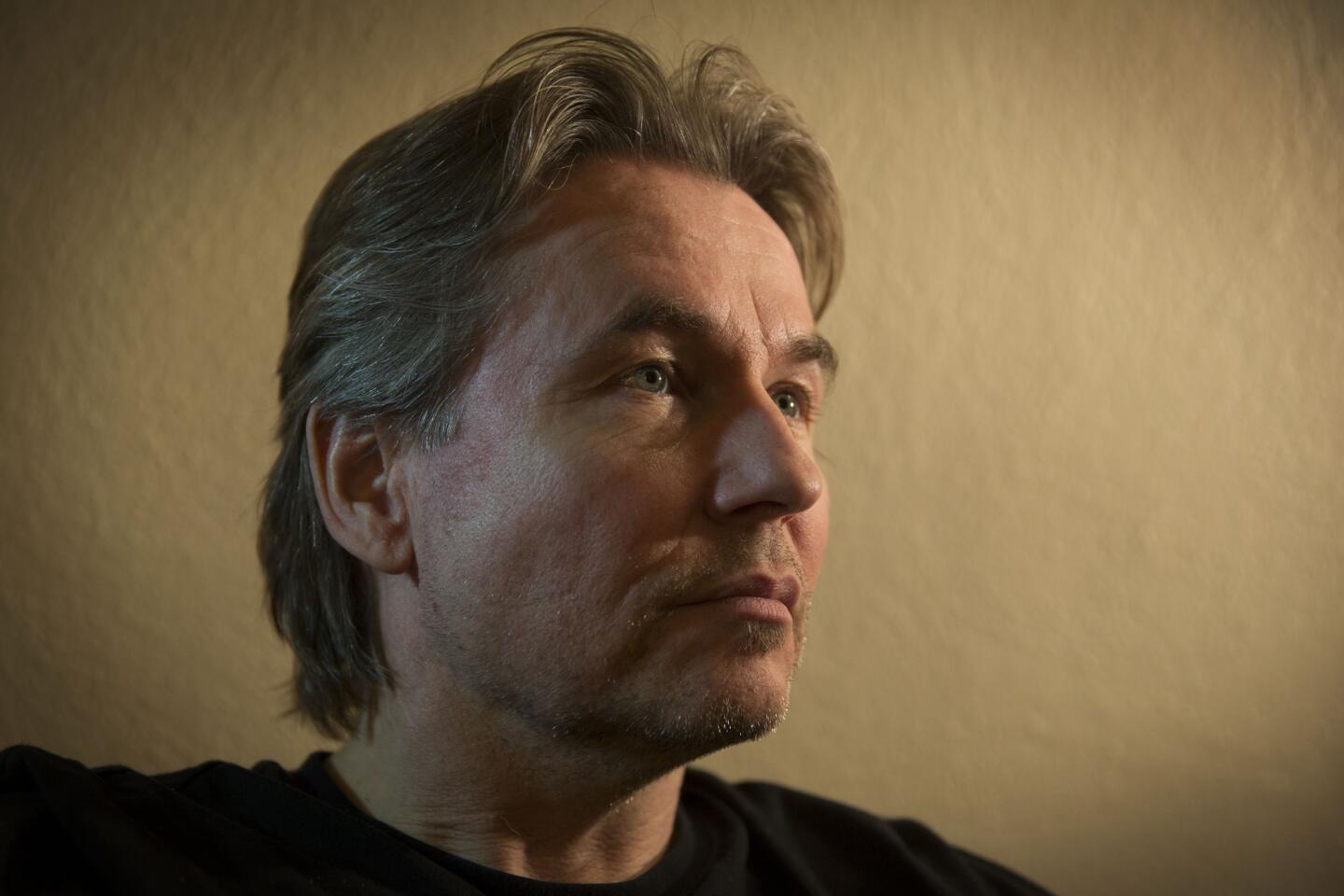
REVIEW: Esa-Pekka Salonen and an electrifying L.A. Philharmonic | Esa-Pekka Salonen returns to L.A. with murder in mind (Matthew Lloyd / For The Times)
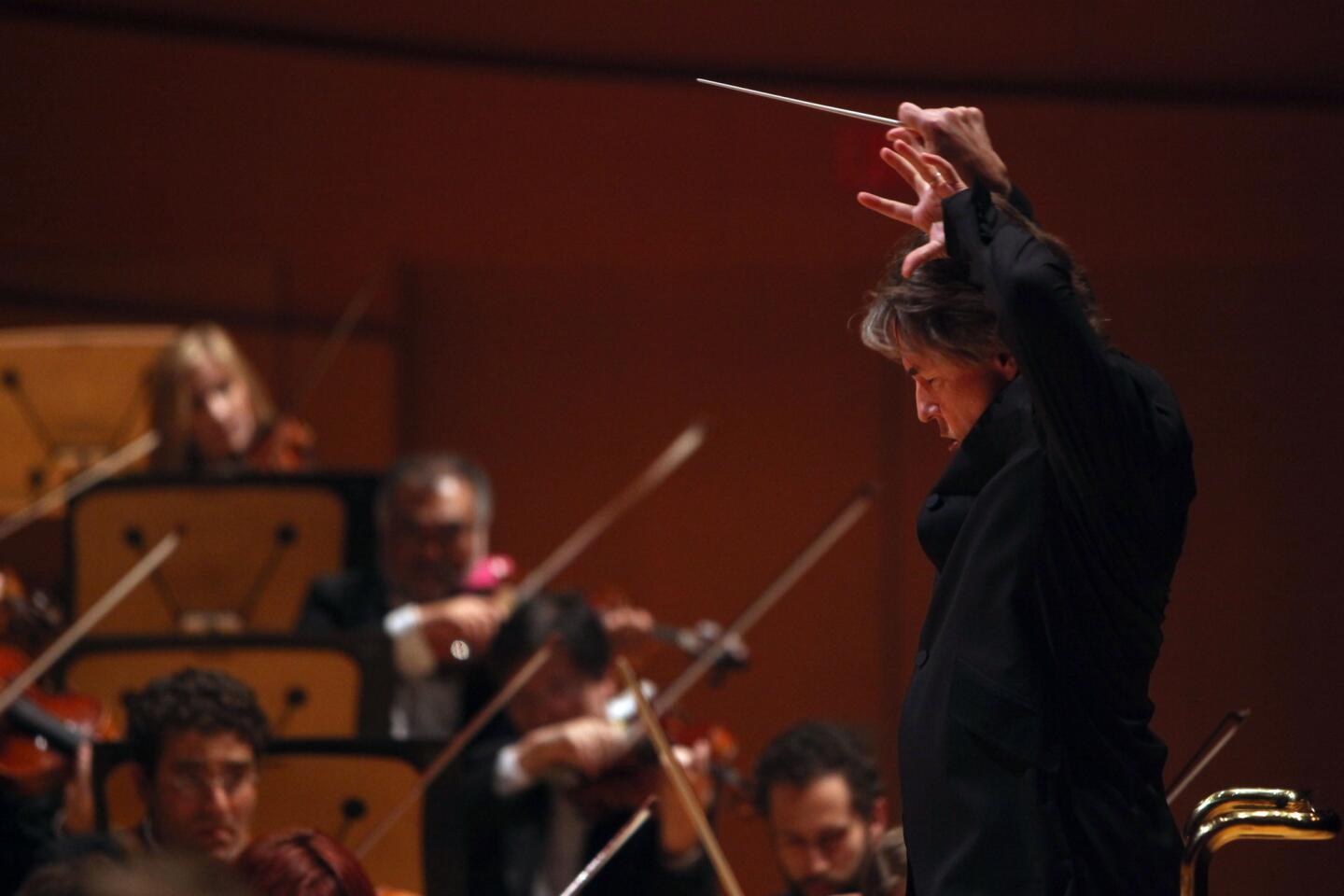
REVIEW: Esa-Pekka Salonen and an electrifying L.A. Philharmonic | Esa-Pekka Salonen returns to L.A. with murder in mind (Michael Robinson Chavez / Los Angeles Times)
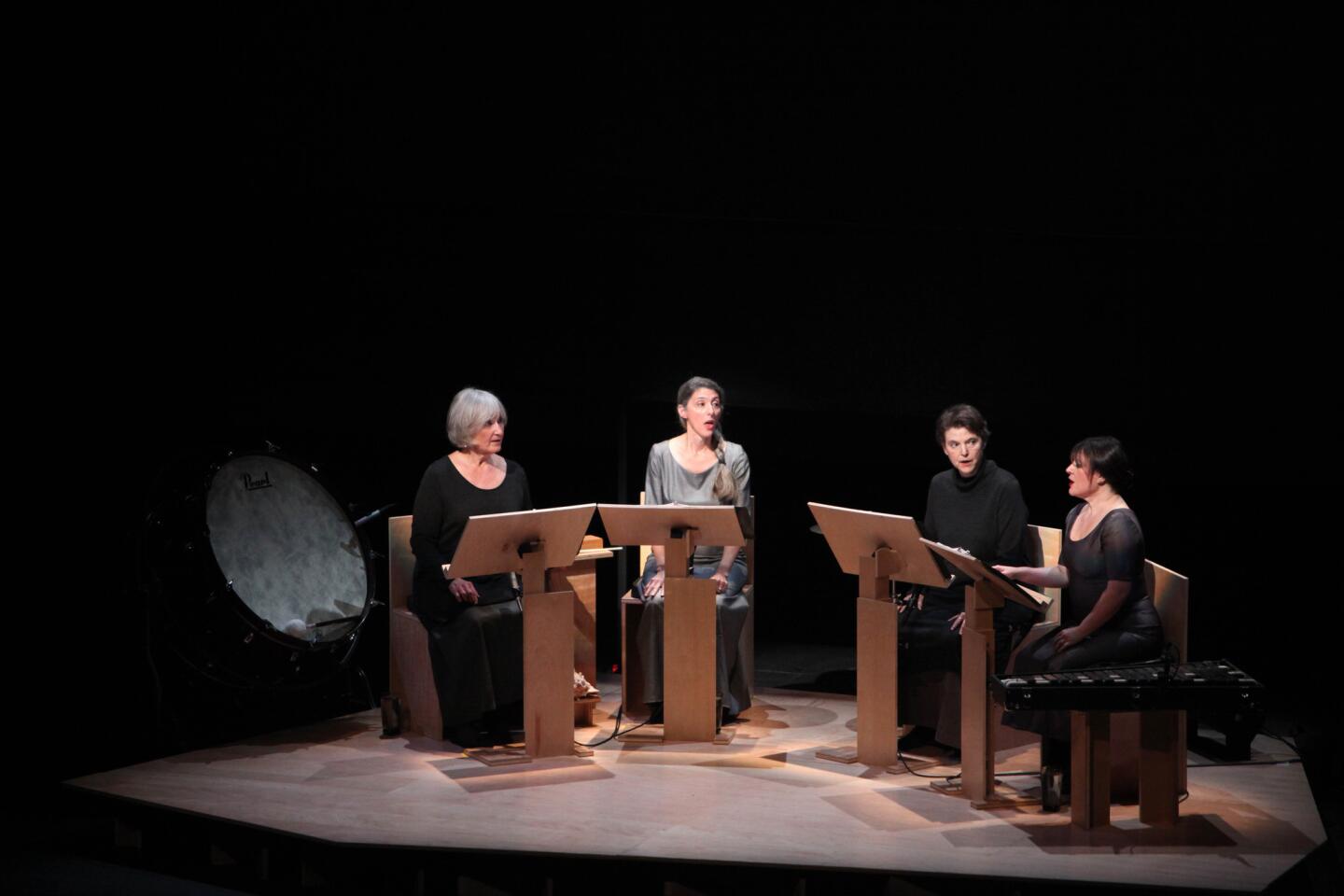
REVIEW: How David Lang’s ‘love fail’ succeeds sublimely (Michael Robinson Chavez / Los Angeles Times)
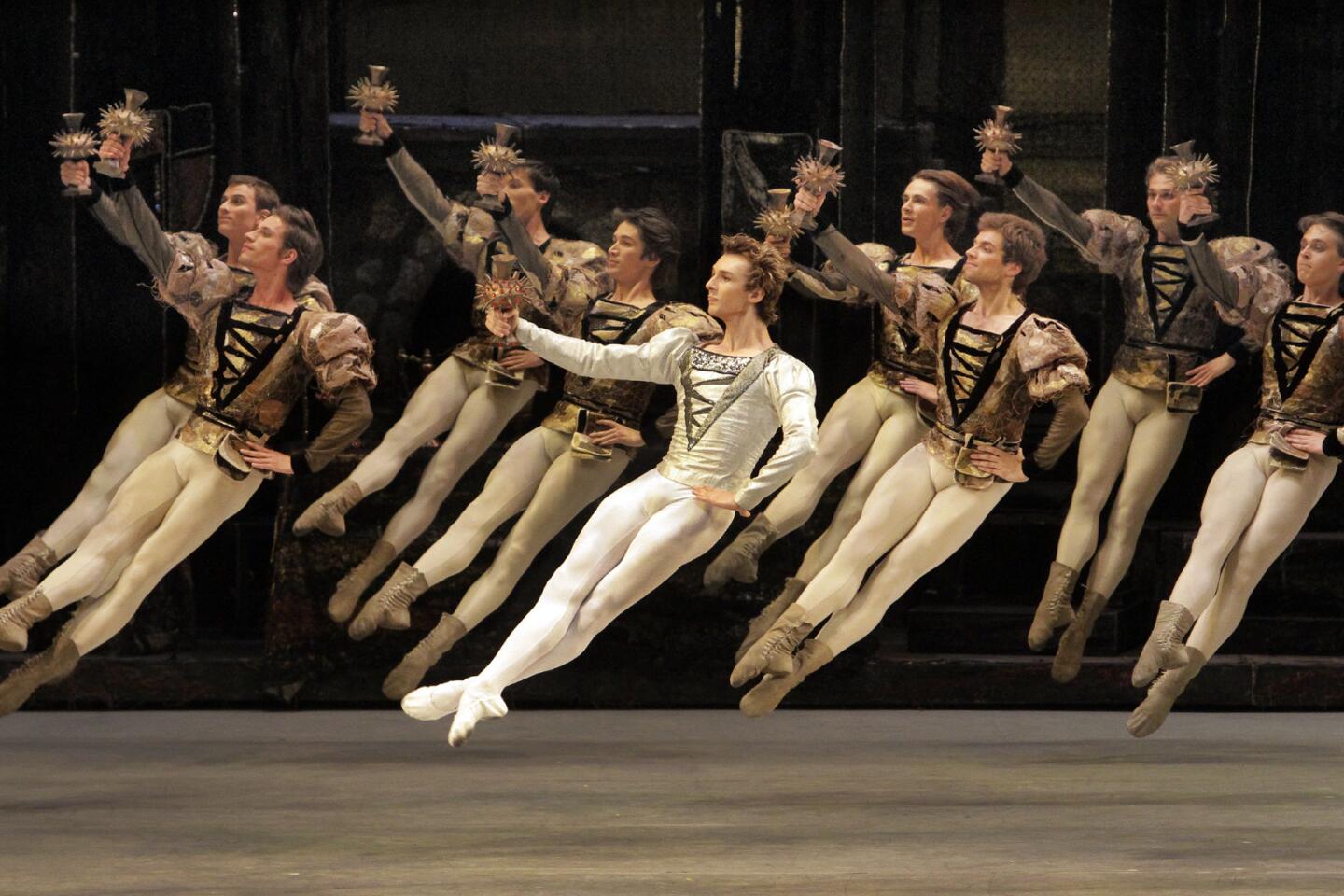
REVIEW: Bolshoi’s ‘Lake’ is sometimes choppy, sometimes smooth | Photos (Lawrence K. Ho / Los Angeles Times)
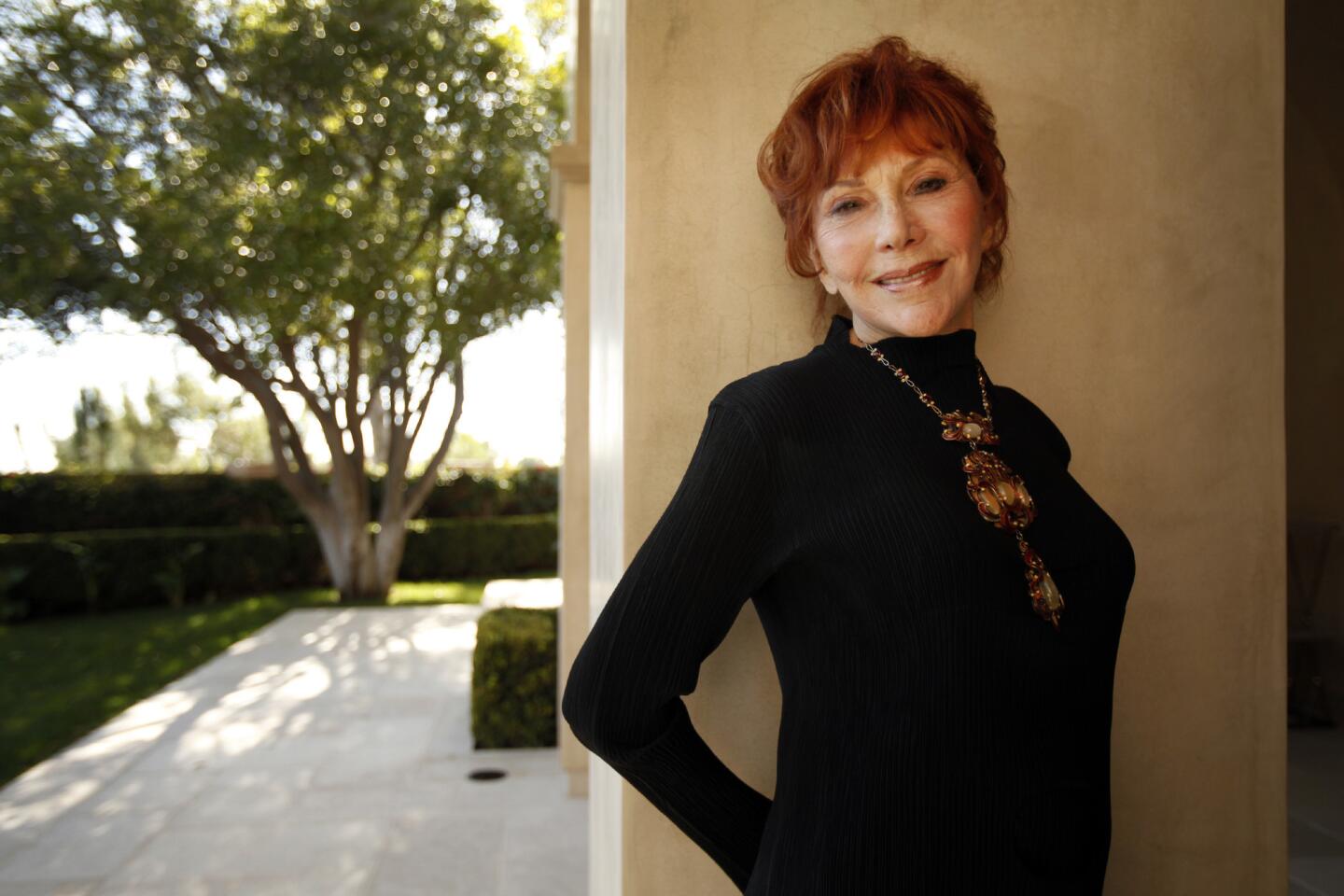
MORE: Glorya Kaufman gives USC millions to build a dance school (Al Seib / Los Angeles Times)
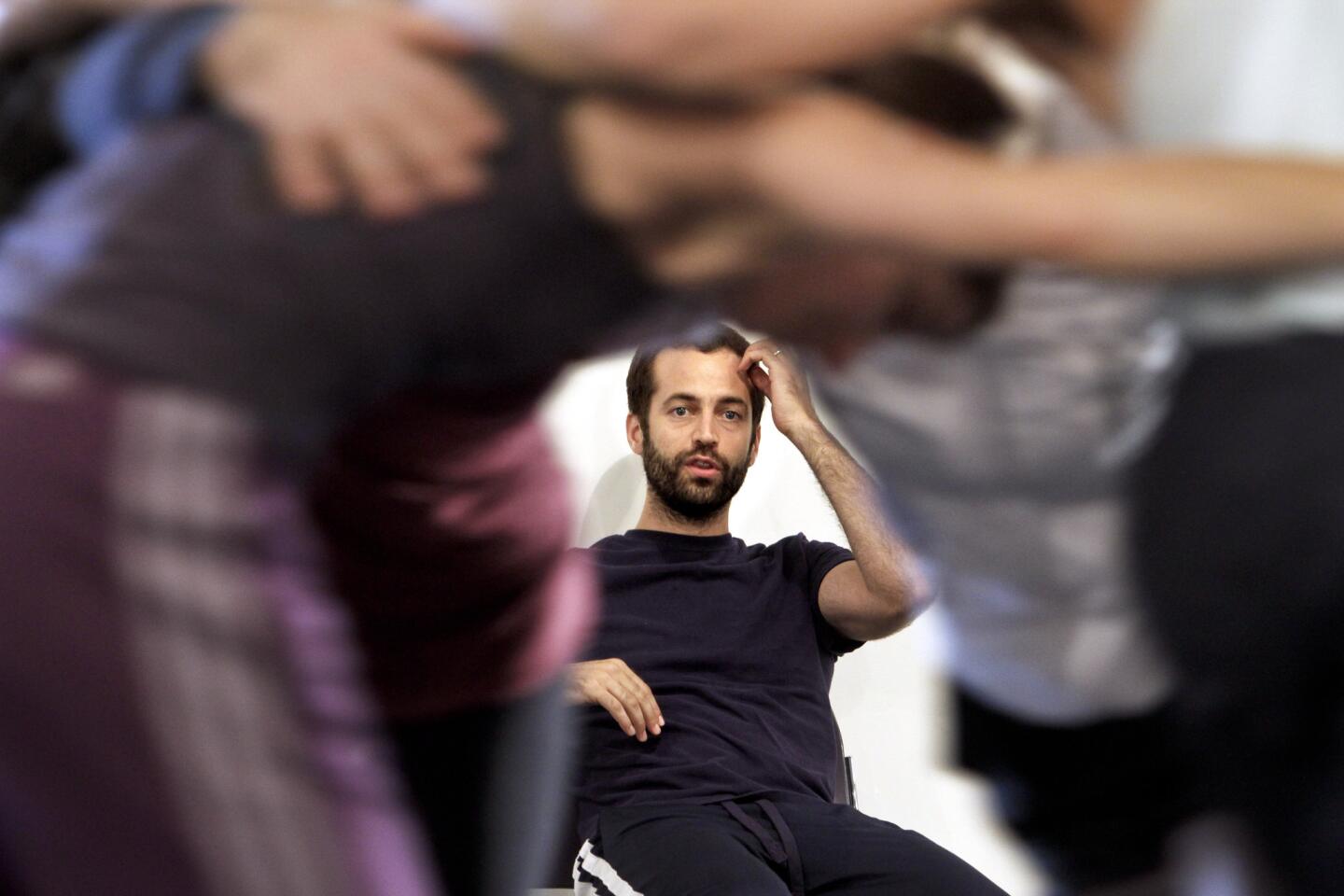
MORE: Benjamin Millepied gets moving in Los Angeles | Photos | Review (Ricardo DeAratanha / Los Angeles Times)
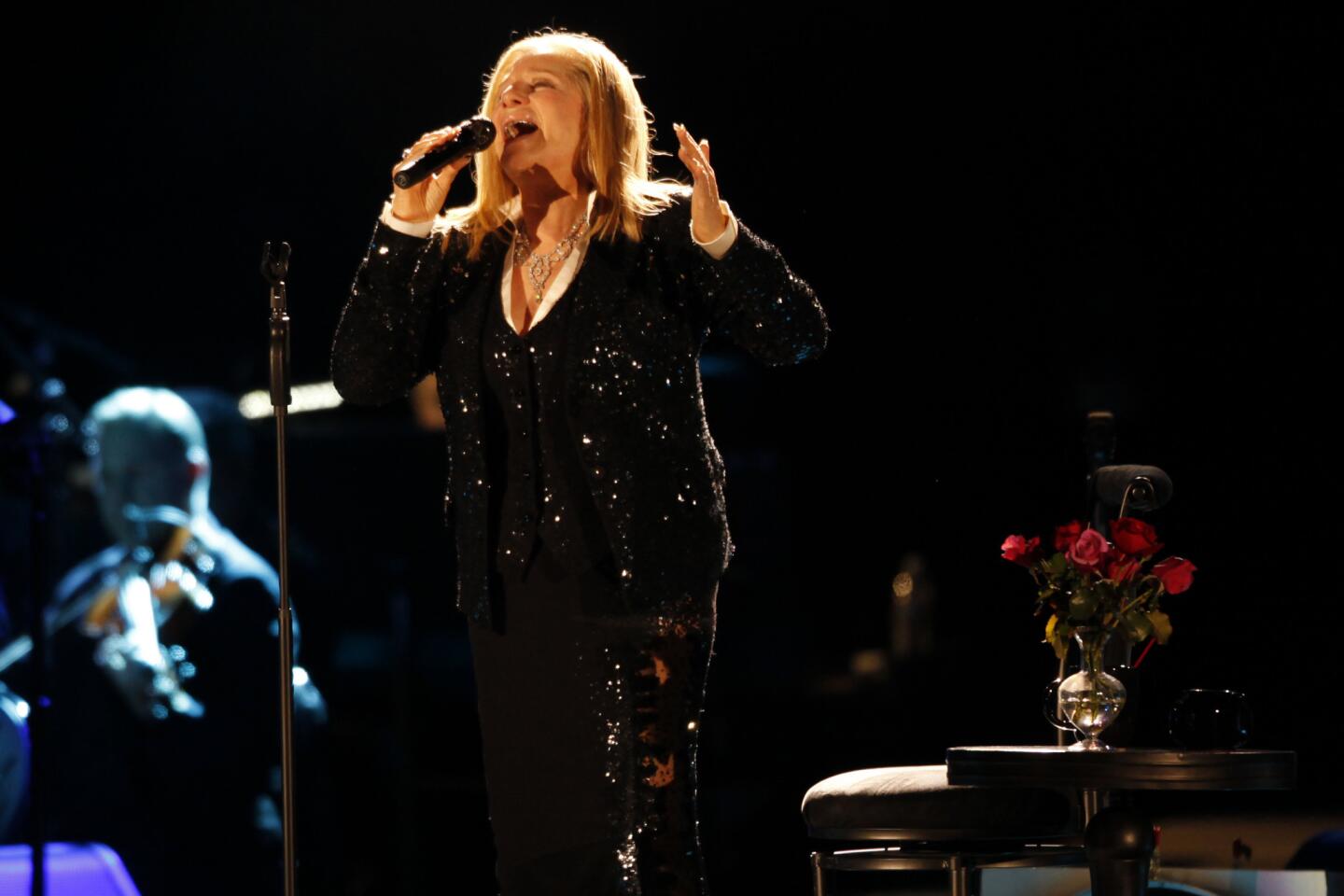
REVIEW: Barbra Streisand puts the Hollywood Bowl under her spell (Michael Robinson Chavez / Los Angeles Times)
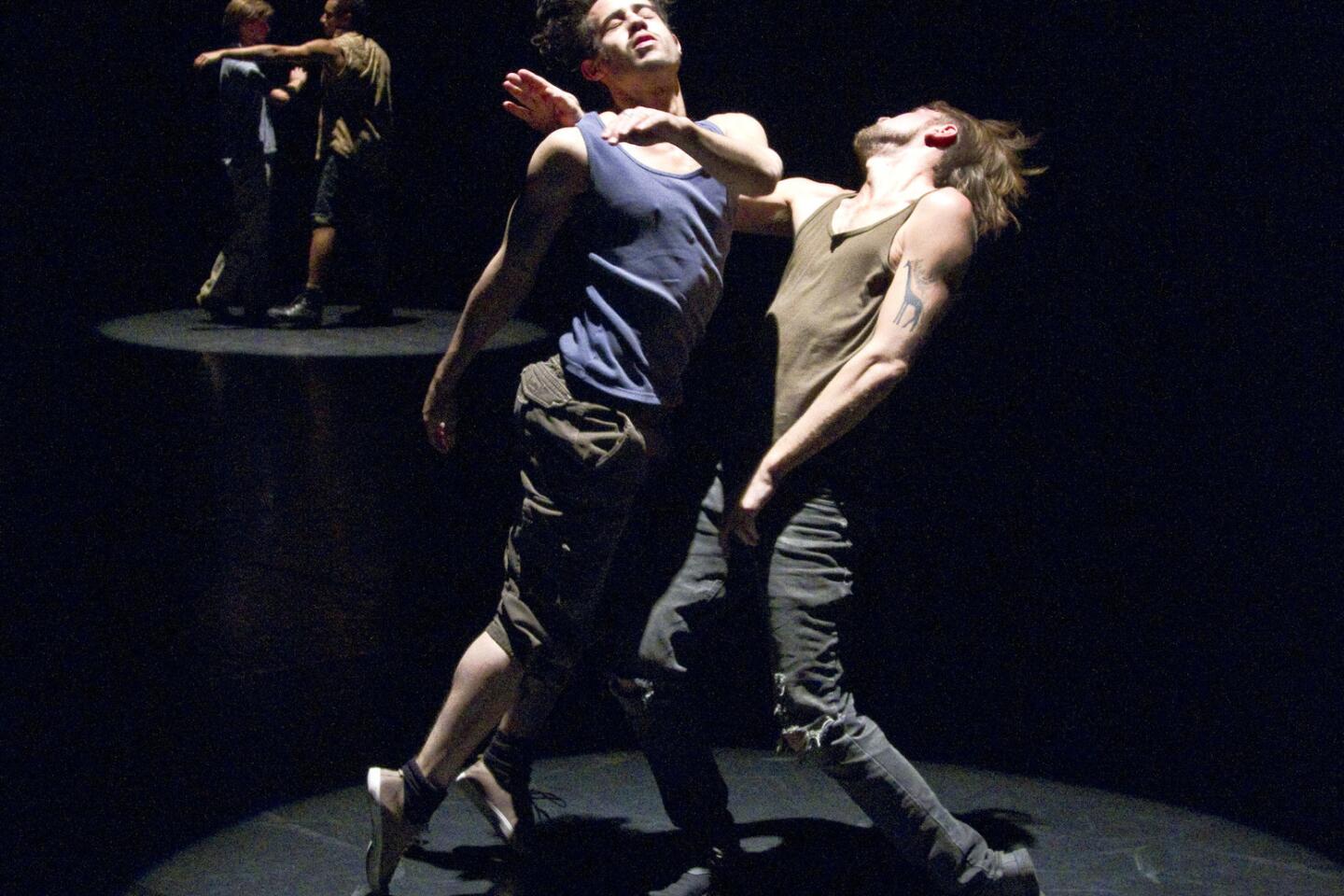
REVIEW: Desire and sexual politics whirl among ‘Them’ (Ricardo DeAratanha / Los Angeles Times)
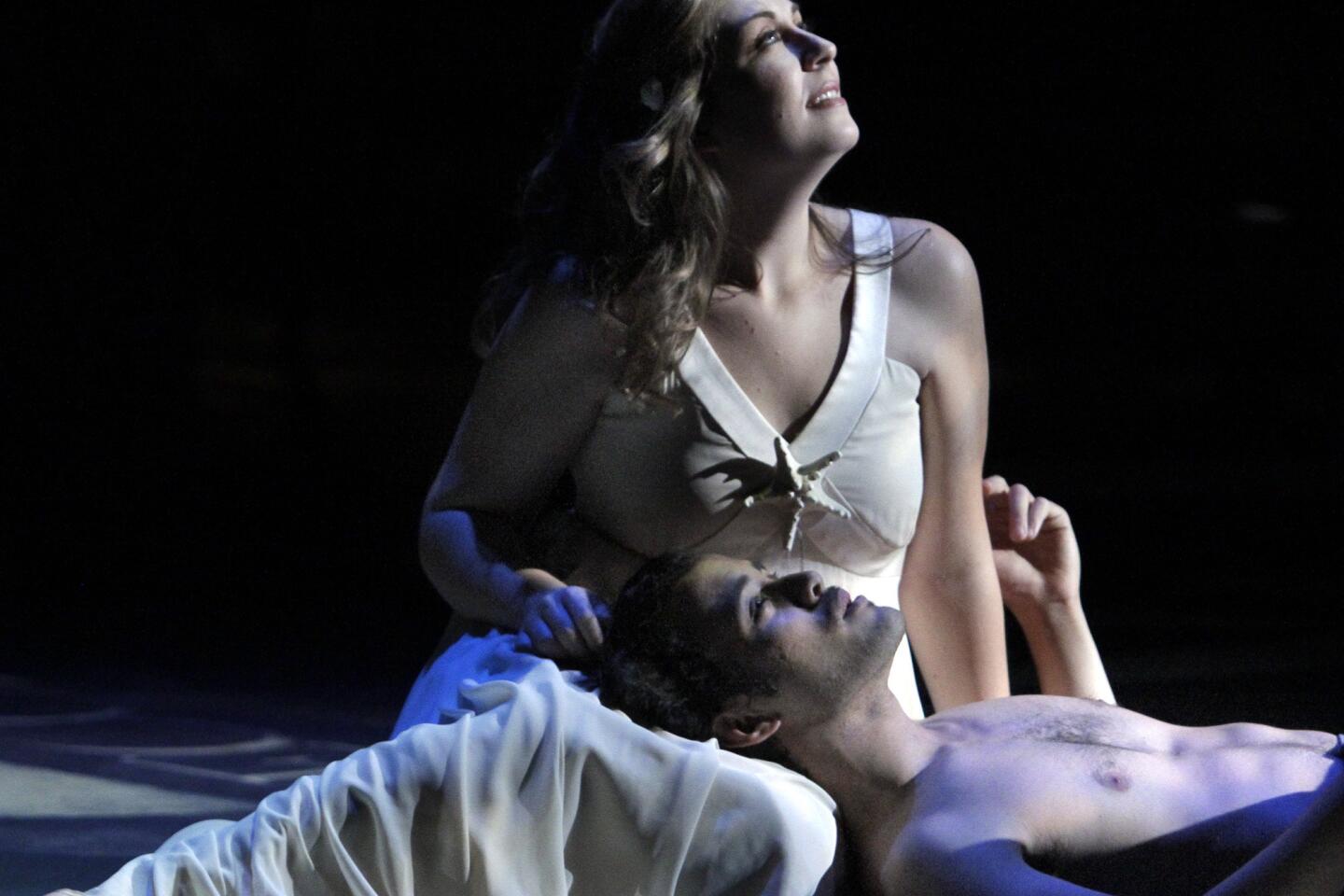
REVIEW: Two ways to capture magic of ‘The Tempest’ | Photos (Lawrence K. Ho / Los Angeles Times)
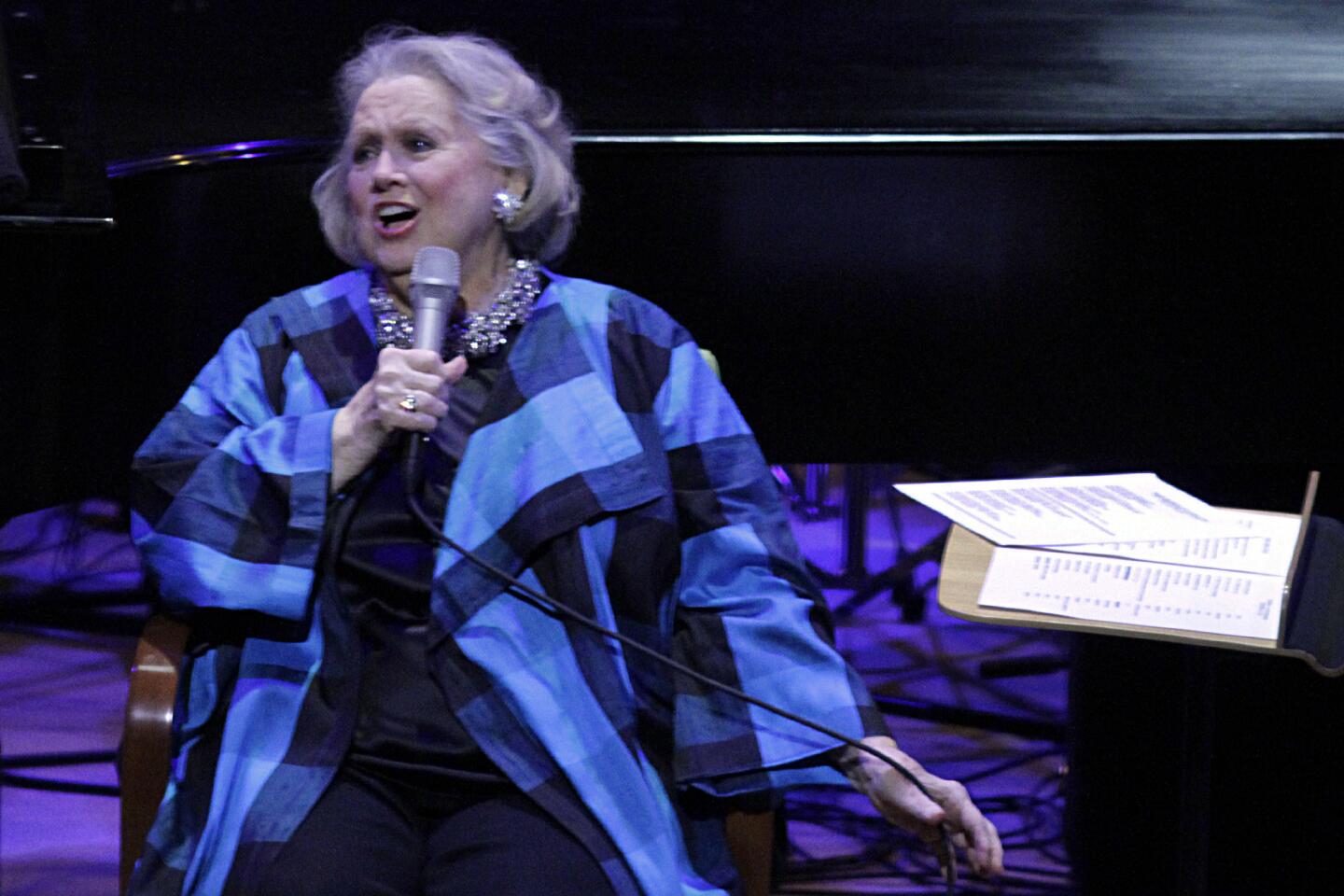
REVIEW: Barbara Cook rejuvenates song standards (Lawrence K. Ho / Los Angeles Times)
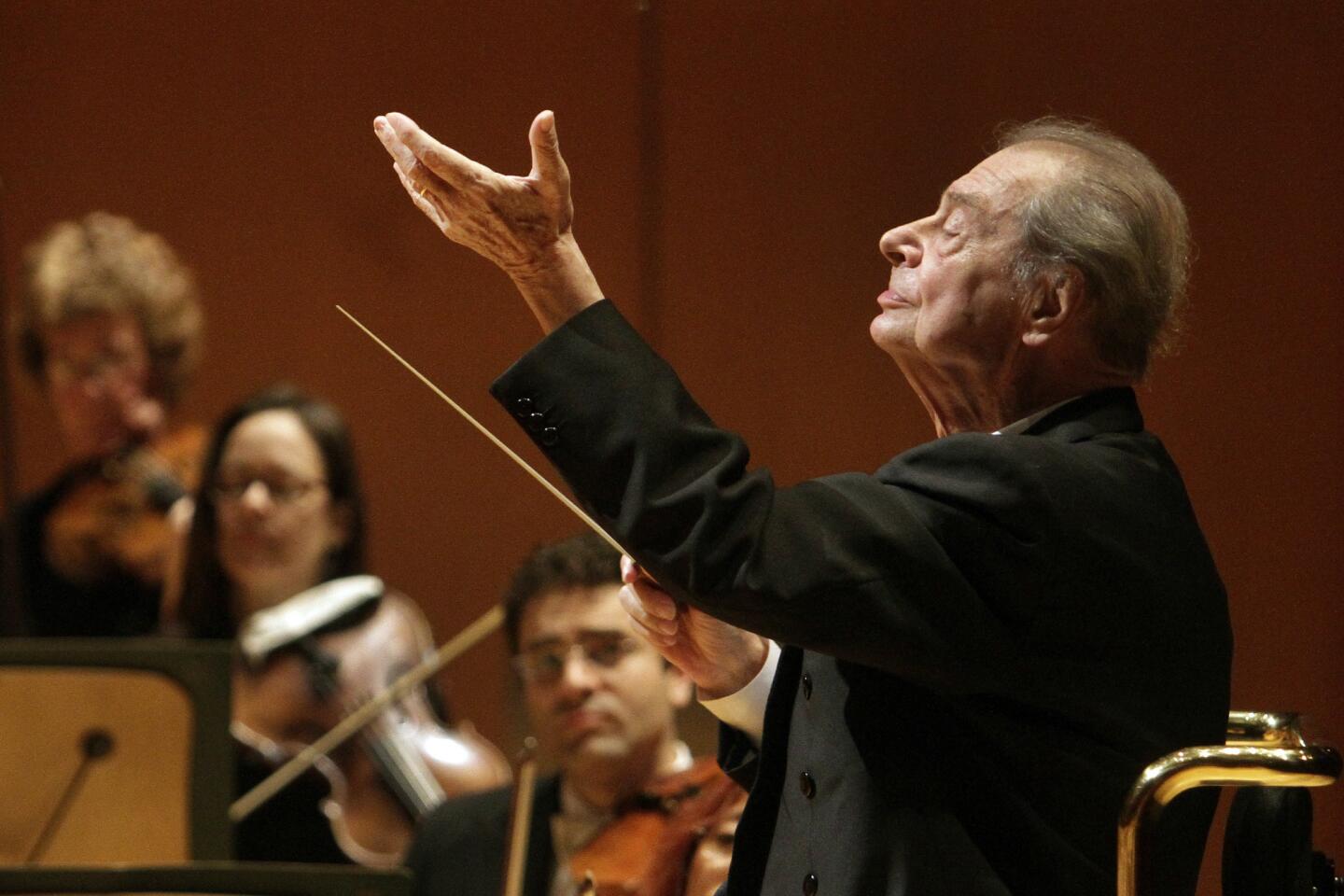
MORE: Rafael Fruhbeck de Burgos, Lynn Harrell at Disney Hall (Lawrence K. Ho / Los Angeles Times)
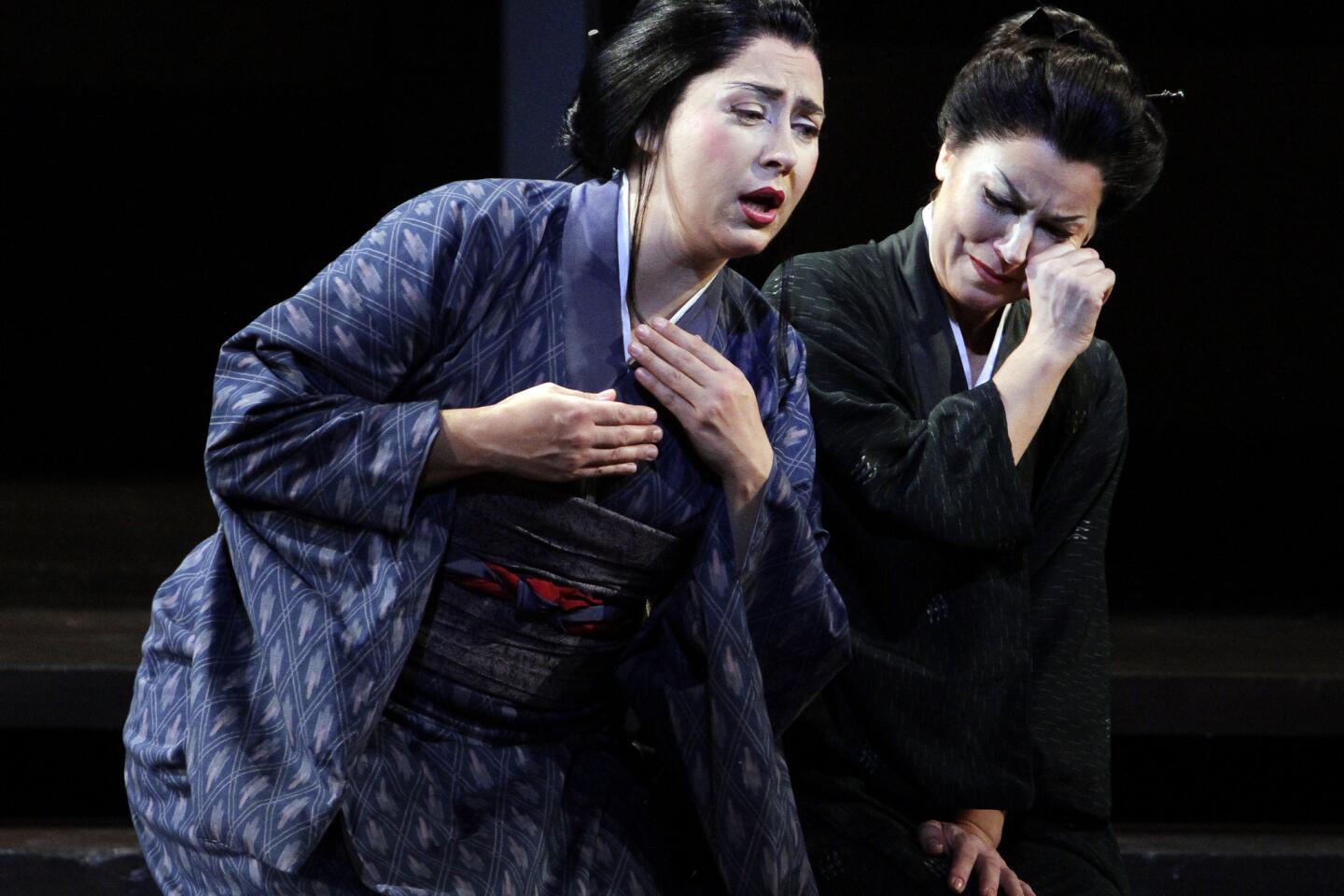
REVIEW: Some bright spots in a lesser ‘Madame Butterfly’ | Photos (Lawrence K. Ho / Los Angeles Times)
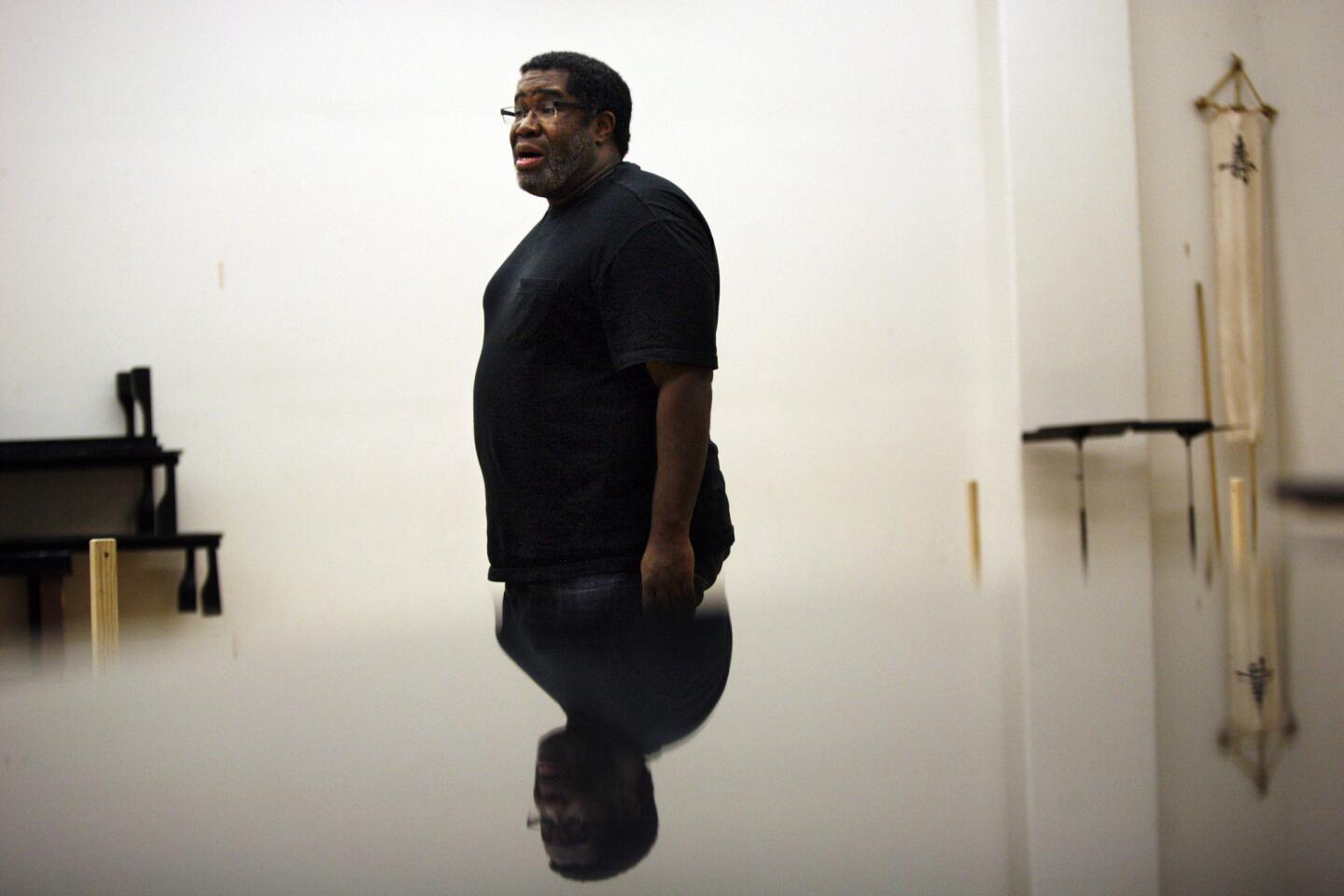
MORE: Opera’s ever-inquisitive Eric Owens is in high demand (Bob Chamberlin / Los Angeles Times)
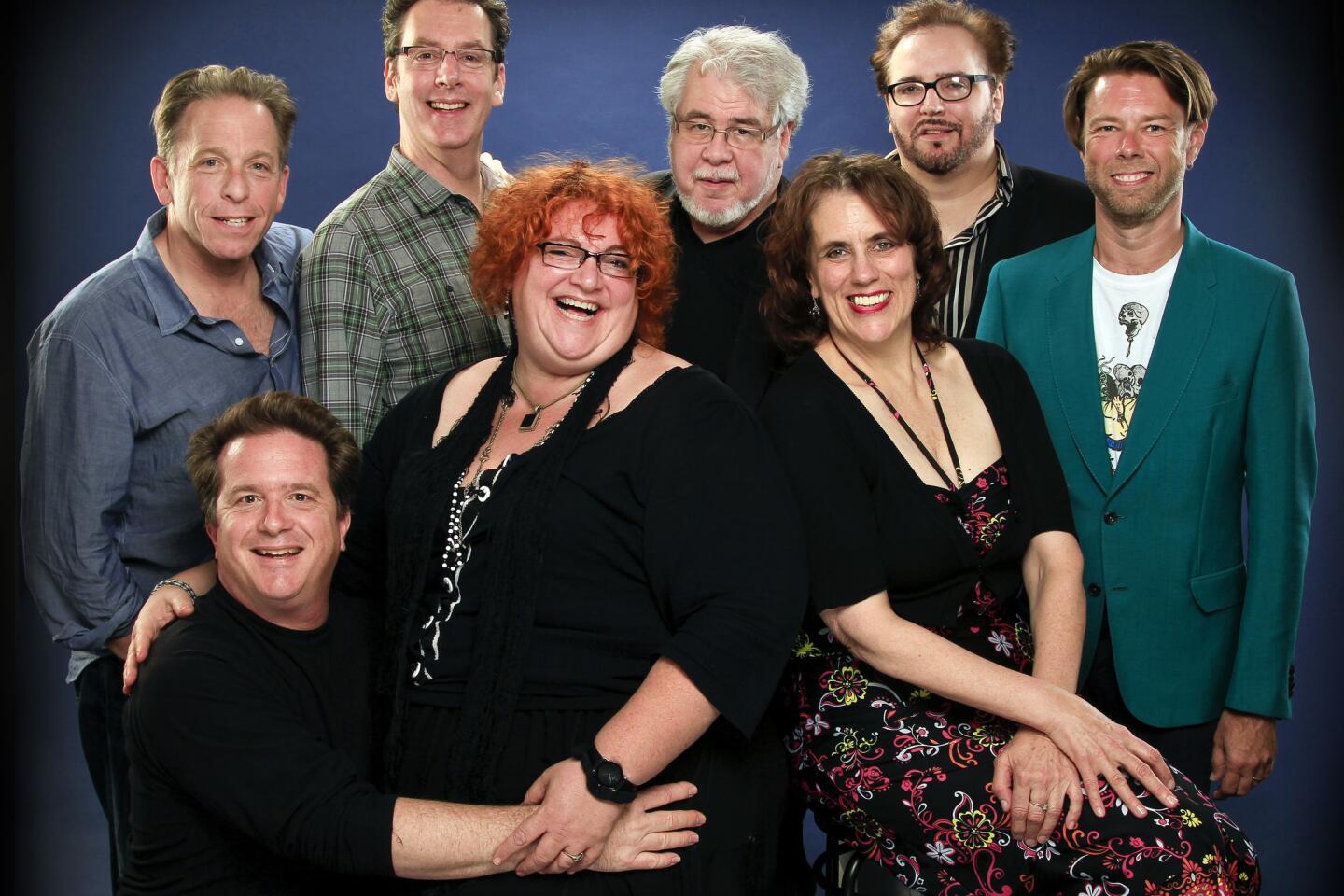
Critic’s Notebook: The joys and challenges of the L.A. small-theater scene (Ricardo DeAratanha / Los Angeles Times)

MORE: Christopher Hawthorne’s On the Boulevards Project (Luis Cinco / Los Angeles Times)

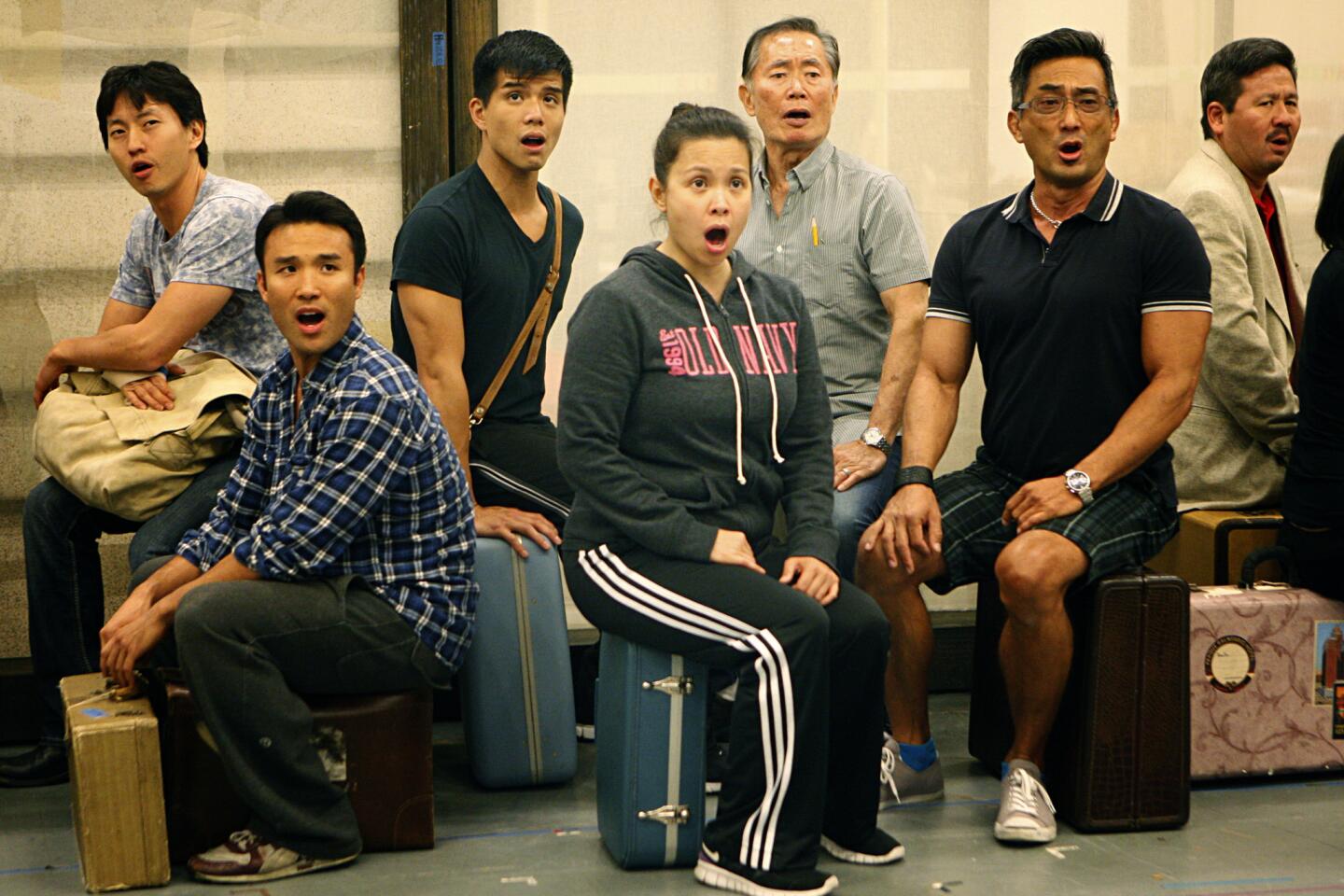
MORE: George Takei builds on legacy with ‘Allegiance’ at the Old Globe (Don Bartletti / Los Angeles Times)
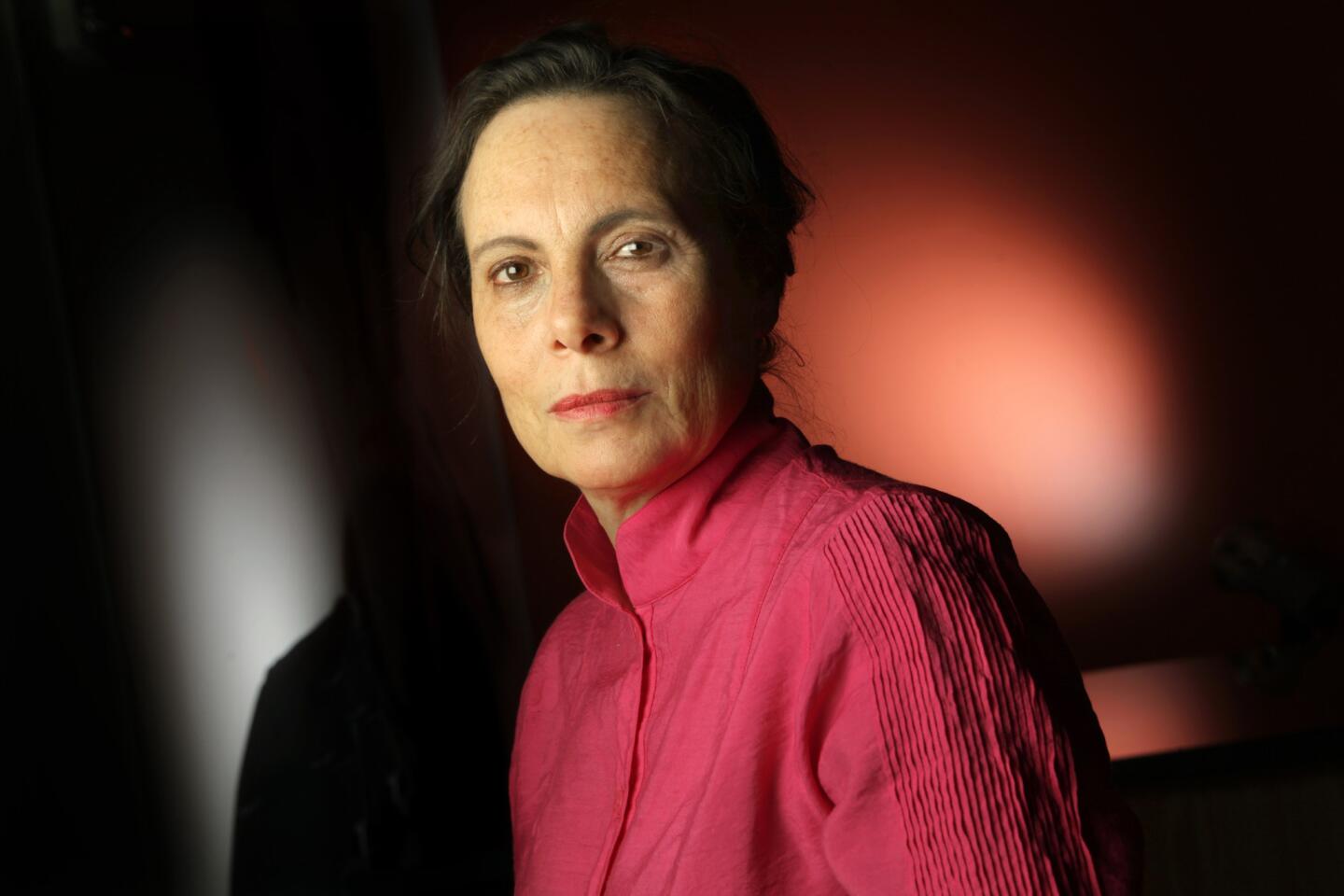
MORE: Emily Mann a natural to direct ‘Streetcar’ and ‘The Convert’ (Carolyn Cole / Los Angeles Times)

REVIEW: Lackluster Expo Line reflects Metro’s weak grasp of design (Mark Boster / Los Angeles Times)
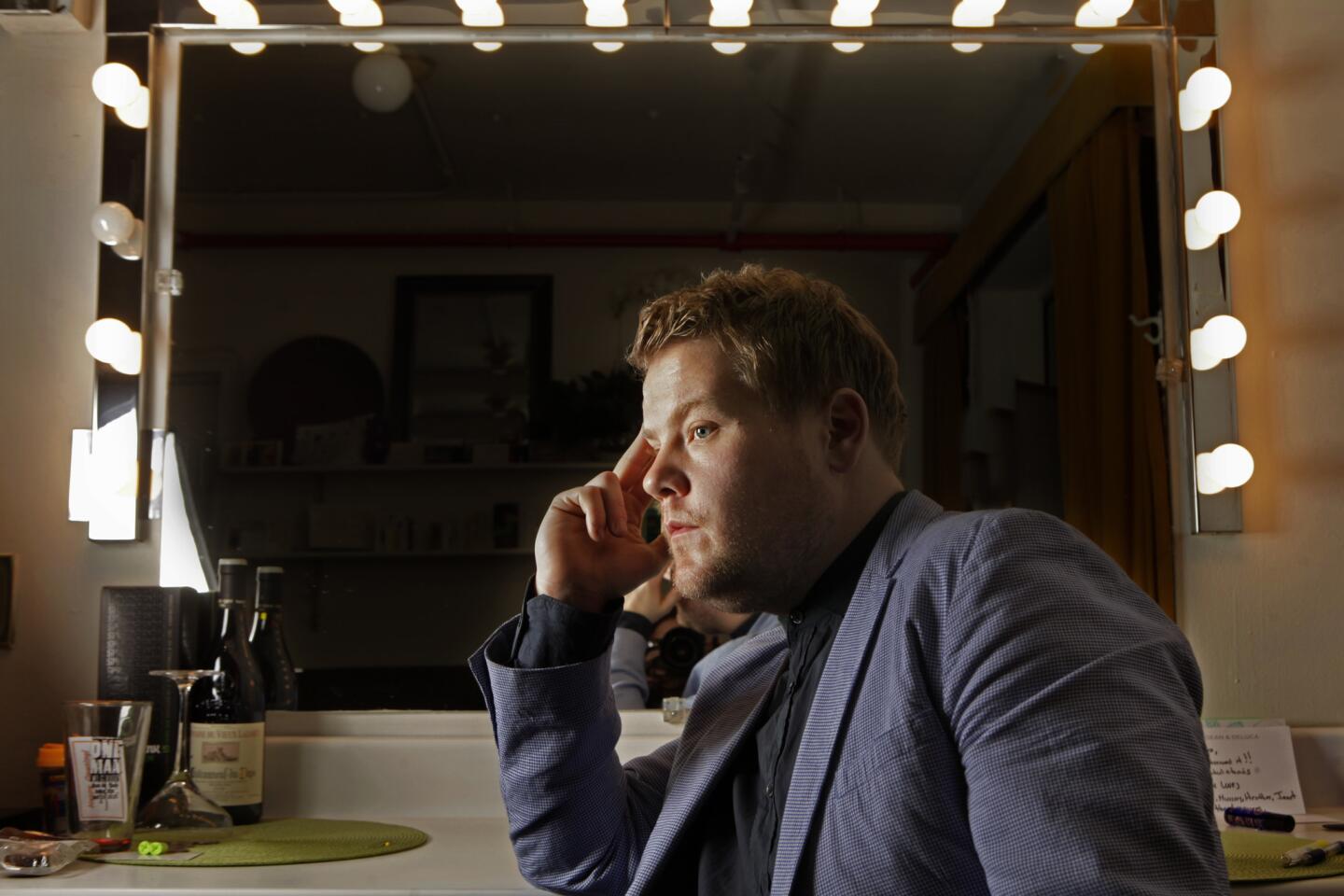
MORE: James Corden, ‘One Man’ and a plethora of talent (Carolyn Cole / Los Angeles Times)
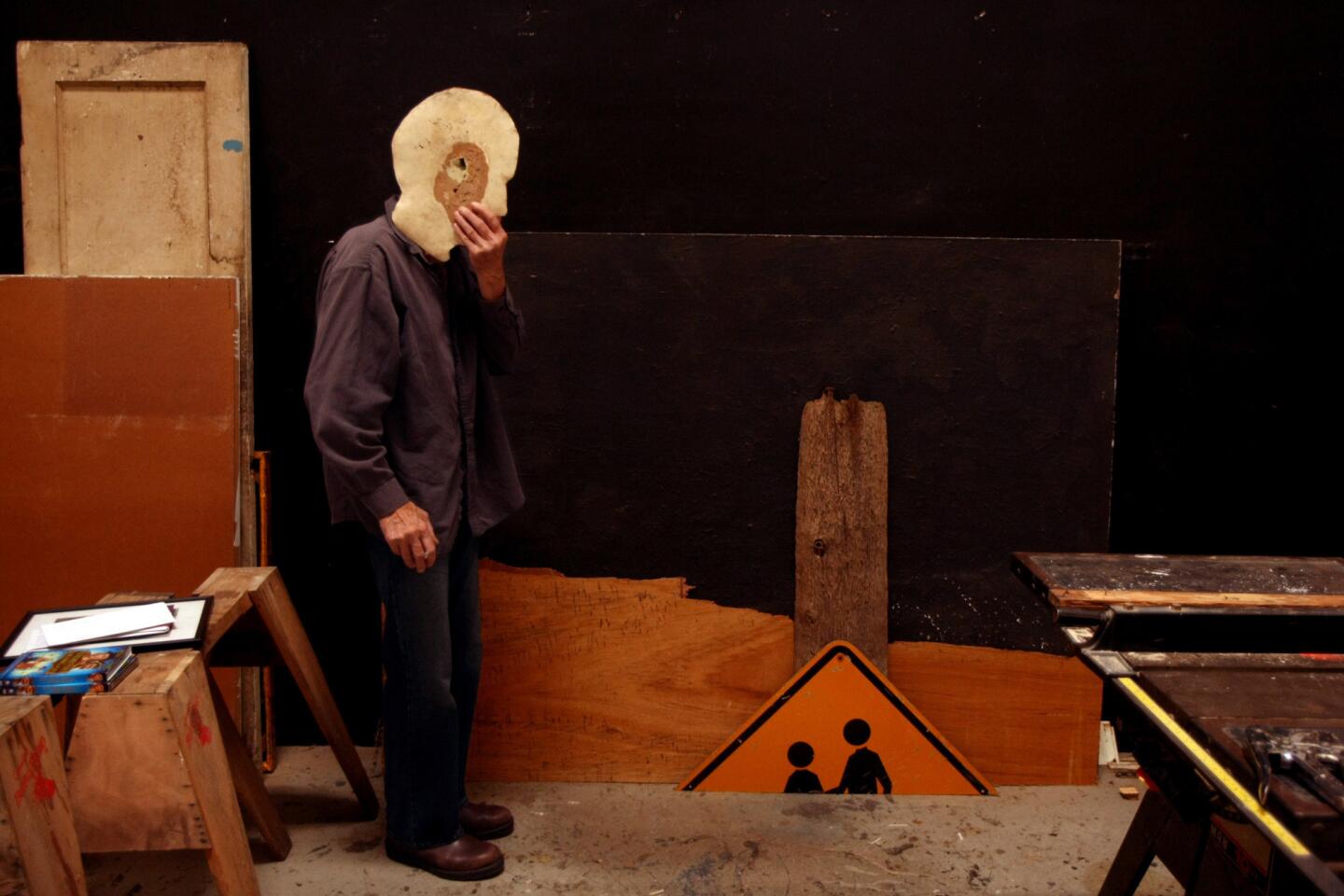
MORE: Llyn Foulkes’ art of raw emotion (Genaro Molina / Los Angeles Times)

MORE: Mickalene Thomas, up close and very personal (Al Seib / Los Angeles Times)
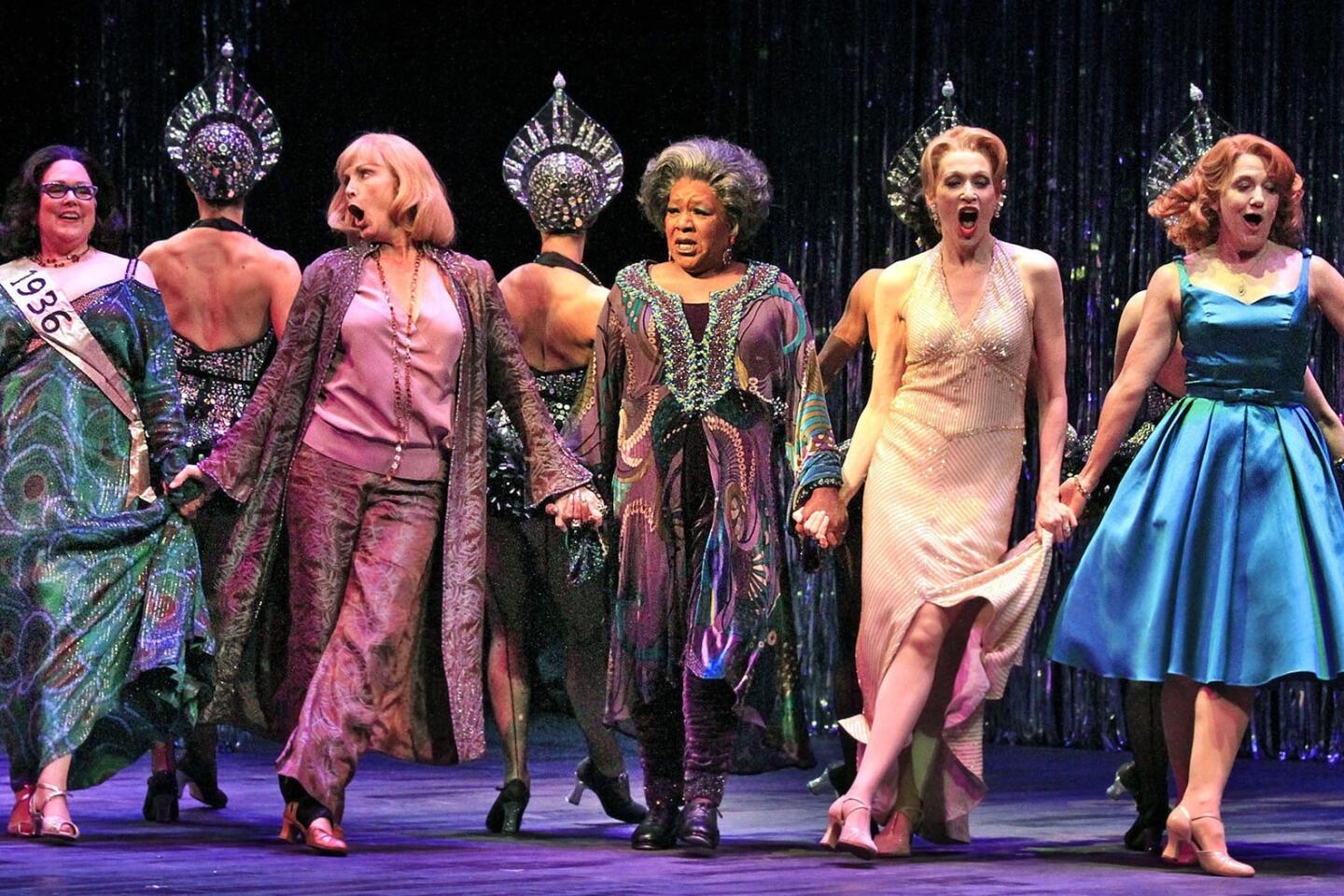
REVIEW: “Follies” is a source of heartache and razzmatazz (Glenn Koenig / Los Angeles Times)
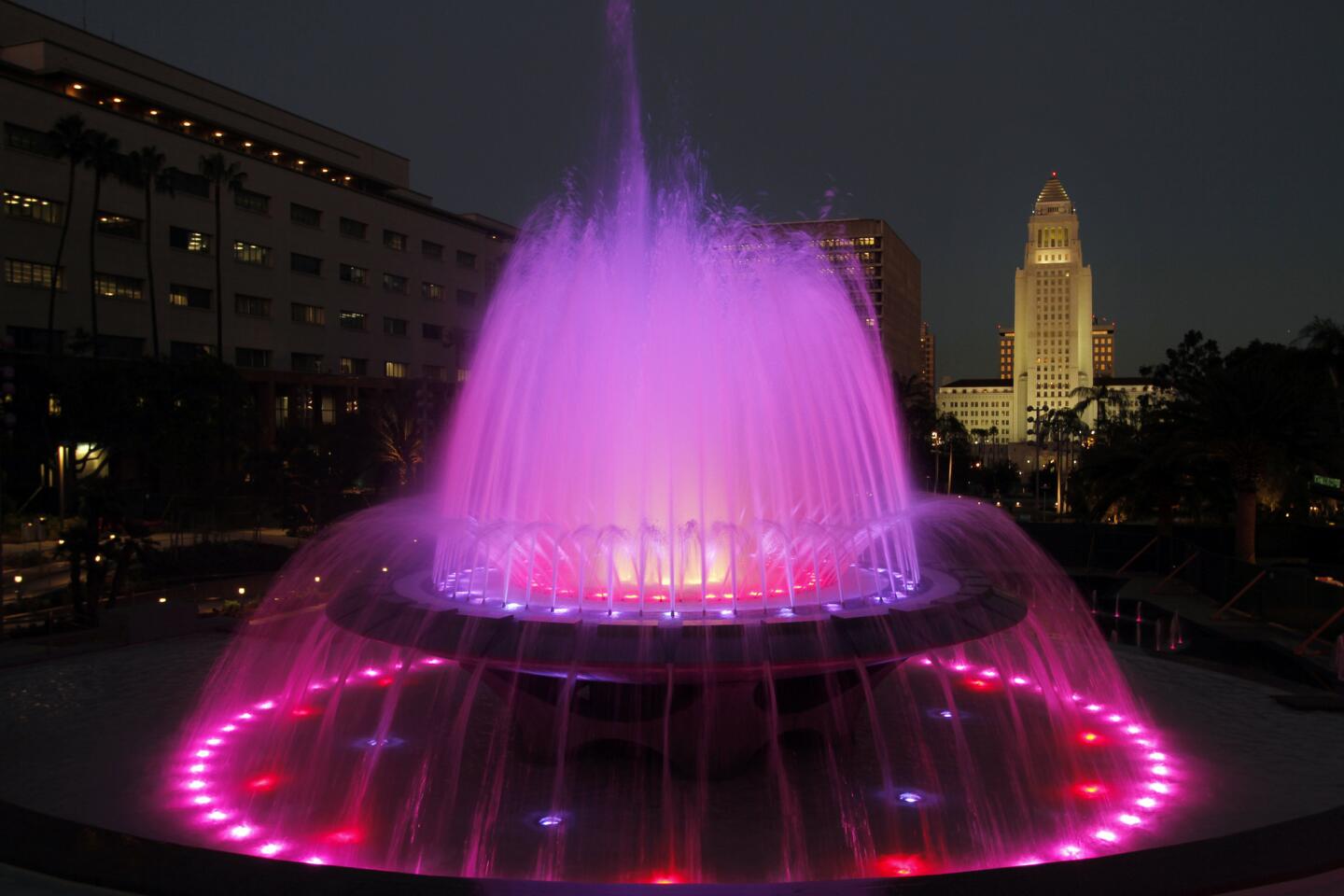
MORE: Will downtown L.A.’s Grand Park succeed? | Photos (Francine Orr / Los Angeles Times)
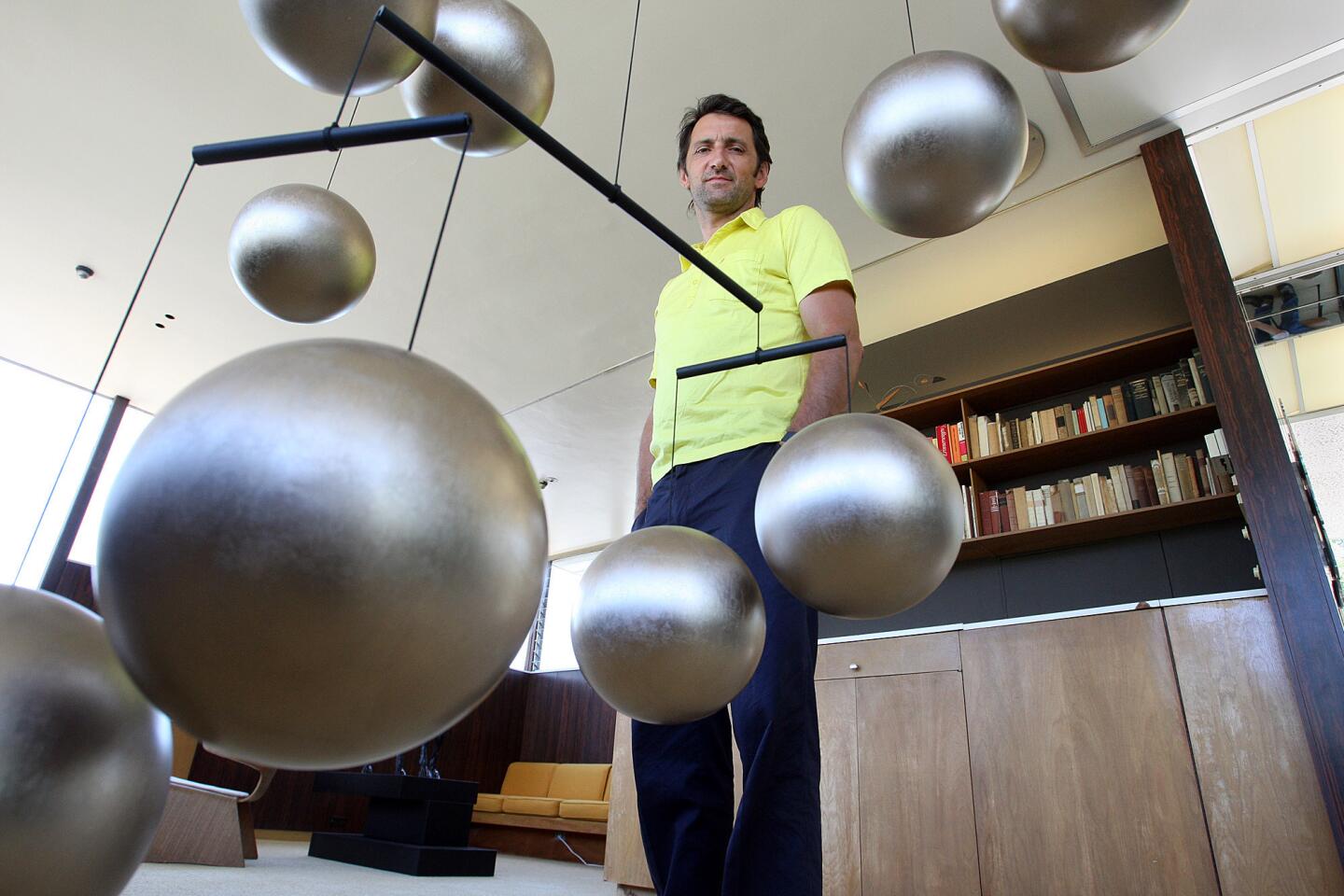
MORE: Artist Xavier Veilhan casts Richard Neutra’s VDL House in a new light (Gary Friedman / Los Angeles Times)
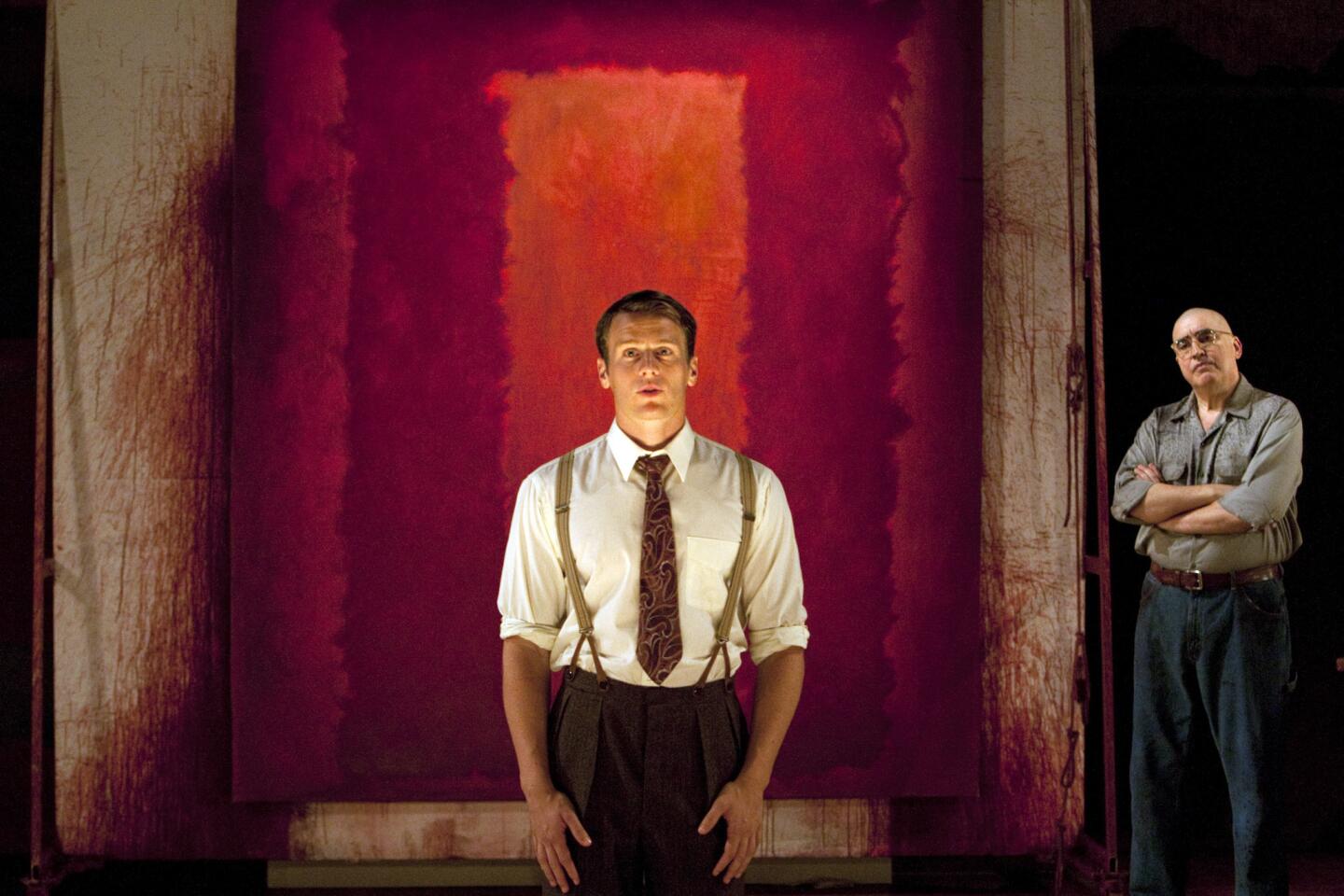
REVIEW: A blazing “Red” with Alfred Molina as Mark Rothko (Gina Ferazzi / Los Angeles Times)
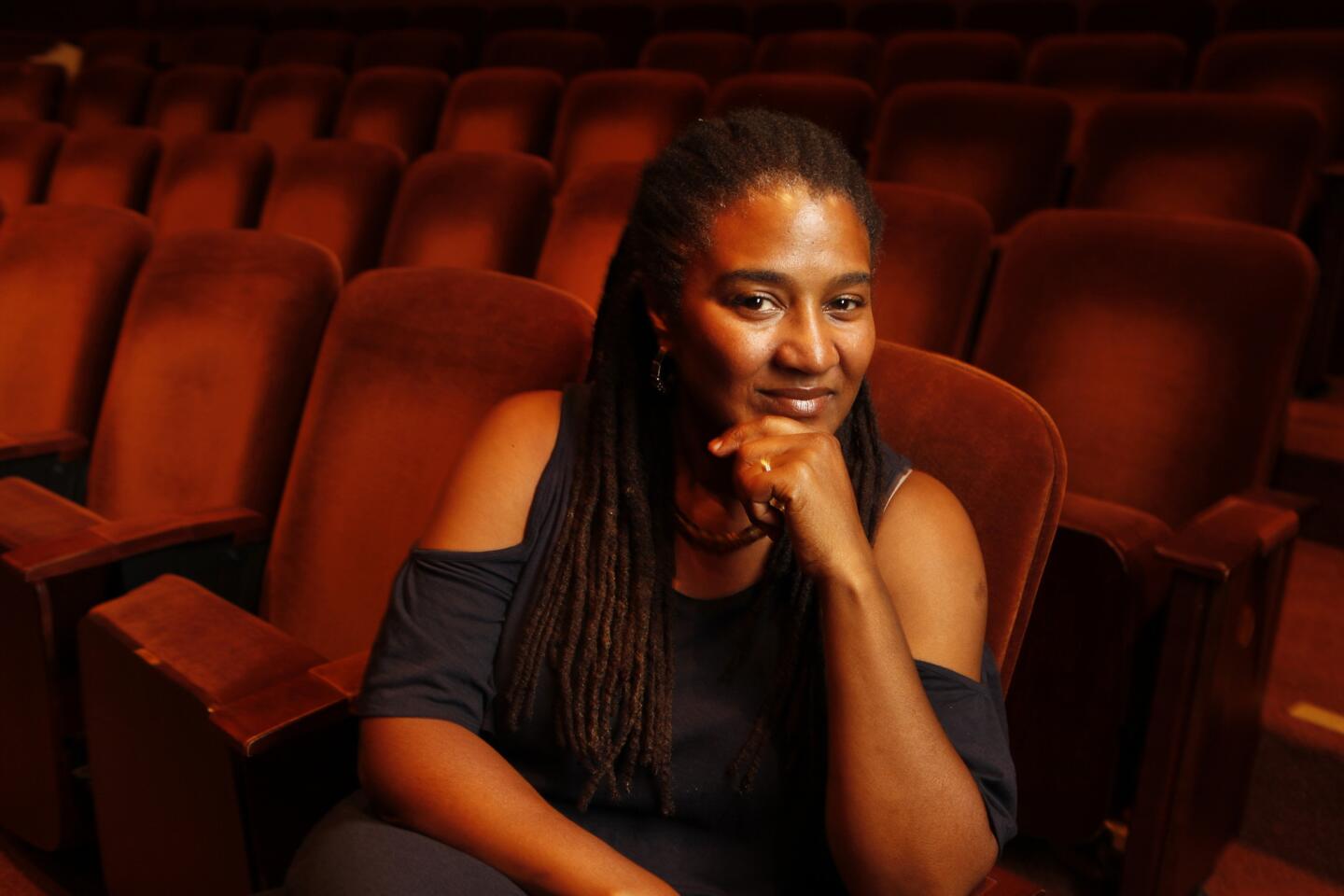
MORE: Lynn Nottage wants “Vera Stark” to be a conversation starter (Al Seib / Los Angeles Times)
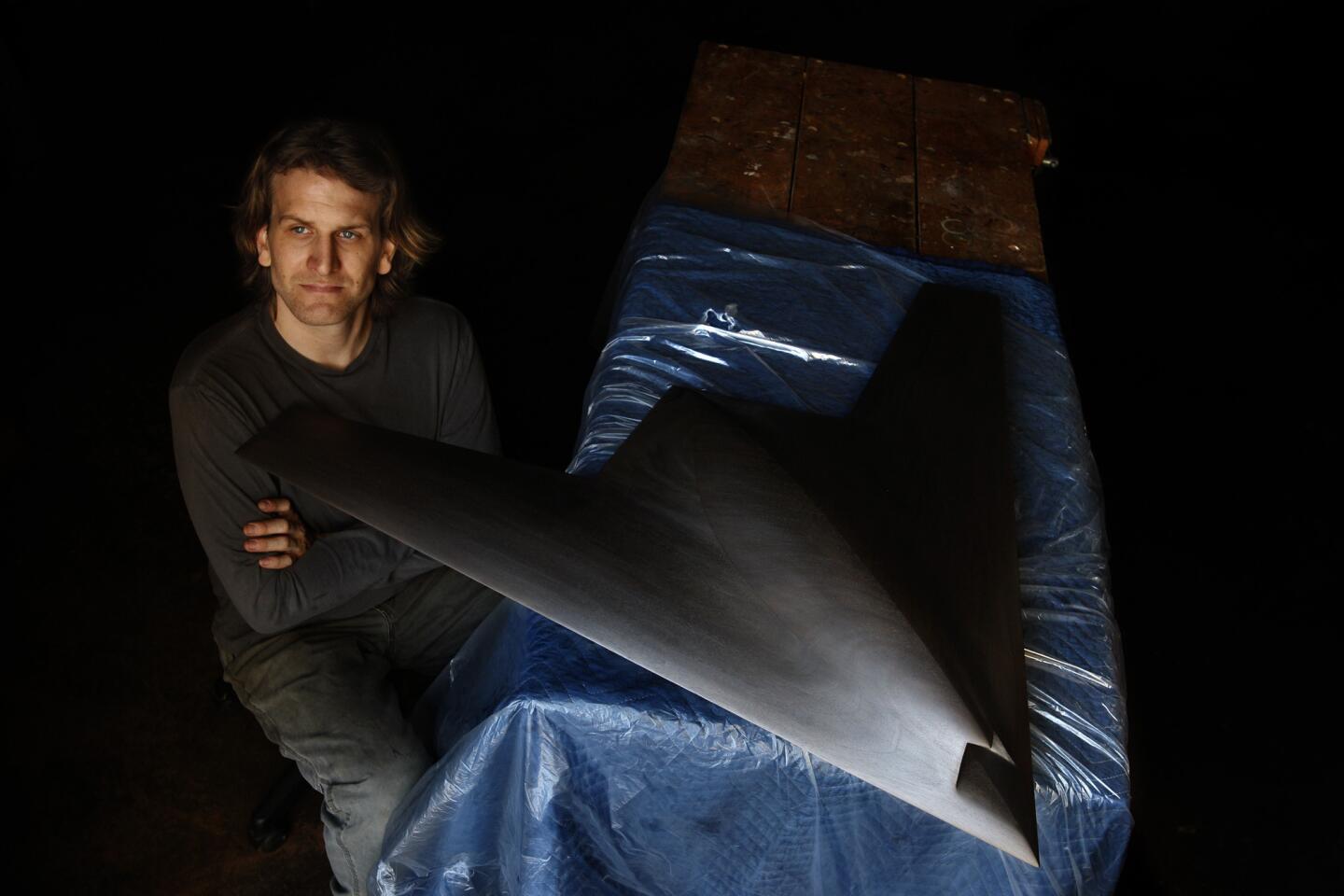
MORE: In the Studio: Ben Jackel uses broad ax strokes (Genaro Molina / Los Angeles Times)
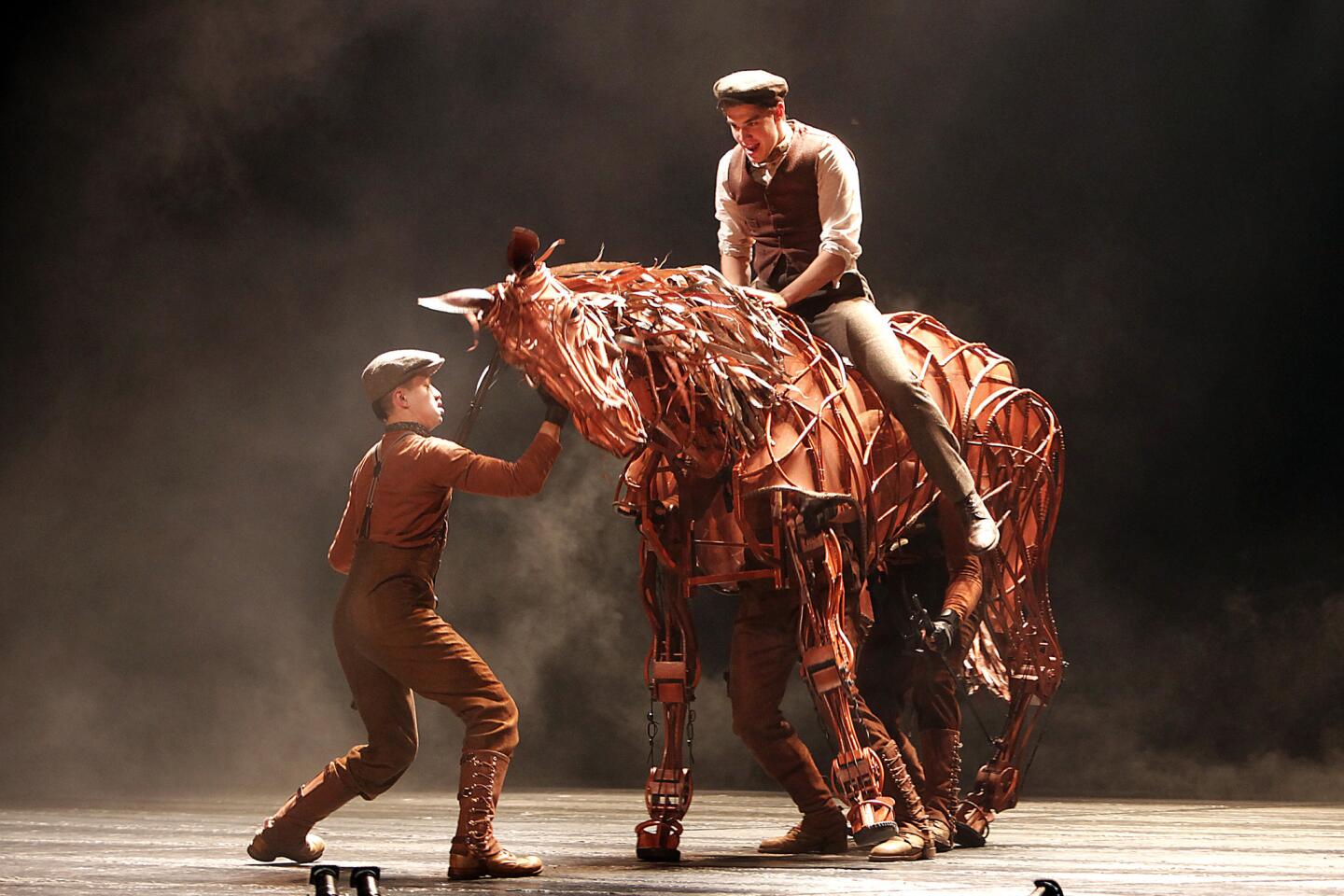
Review: “War Horse” at Ahmanson Theatre is a marvel of stagecraft | Photos (Kirk McKoy / Los Angeles Times)
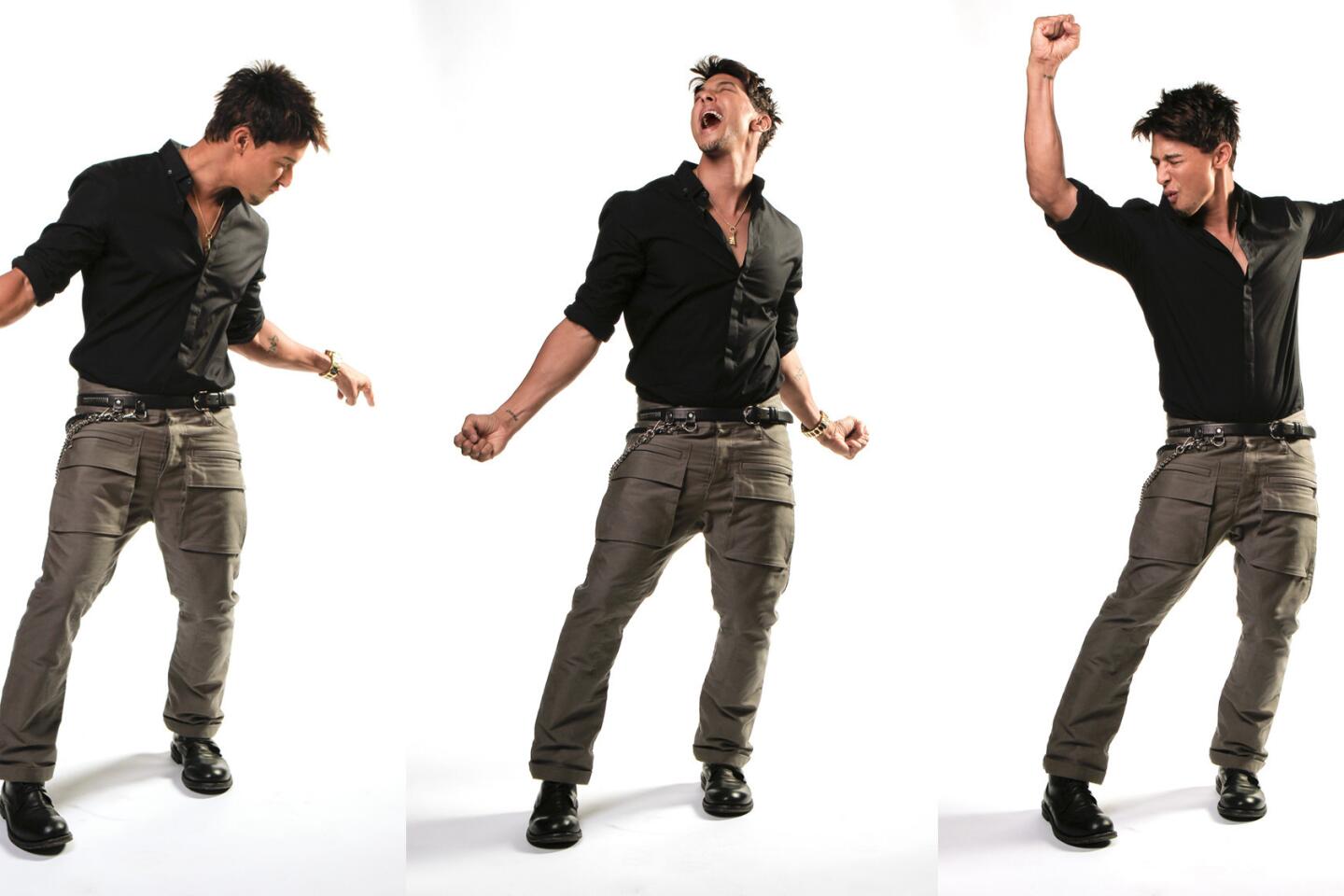
More: A pop choreographer with a busy schedule (Ricardo DeAratanha / Los Angeles Times)

More: Hammer biennial lends artists a helping hand (Kirk McKoy / Los Angeles Times)

More: Plácido Domingo leads an uptempo life (Robert Gauthier / Los Angeles Times)
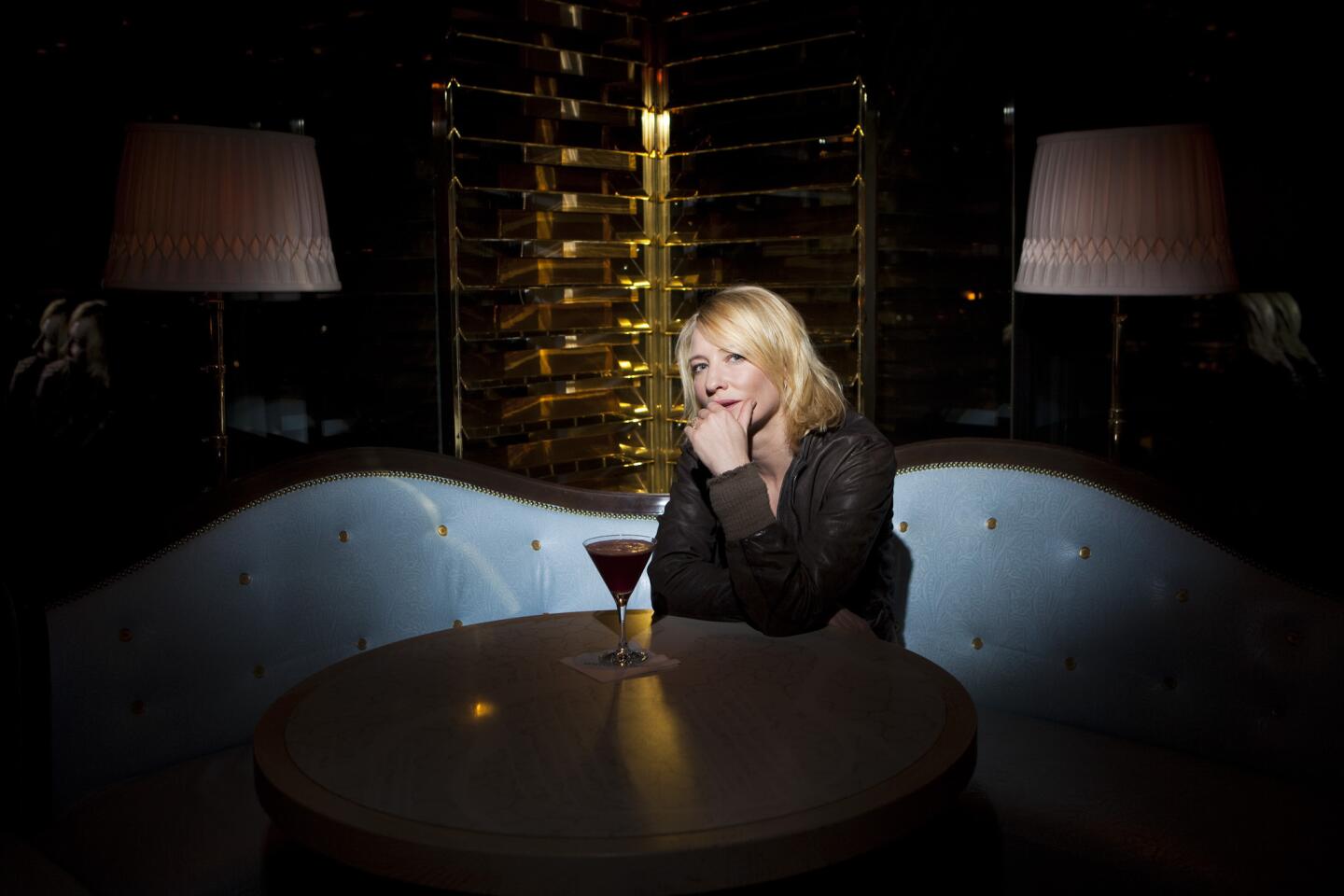
More: In the moment with Cate Blanchett (Jay L. Clendenin / Los Angeles Times)
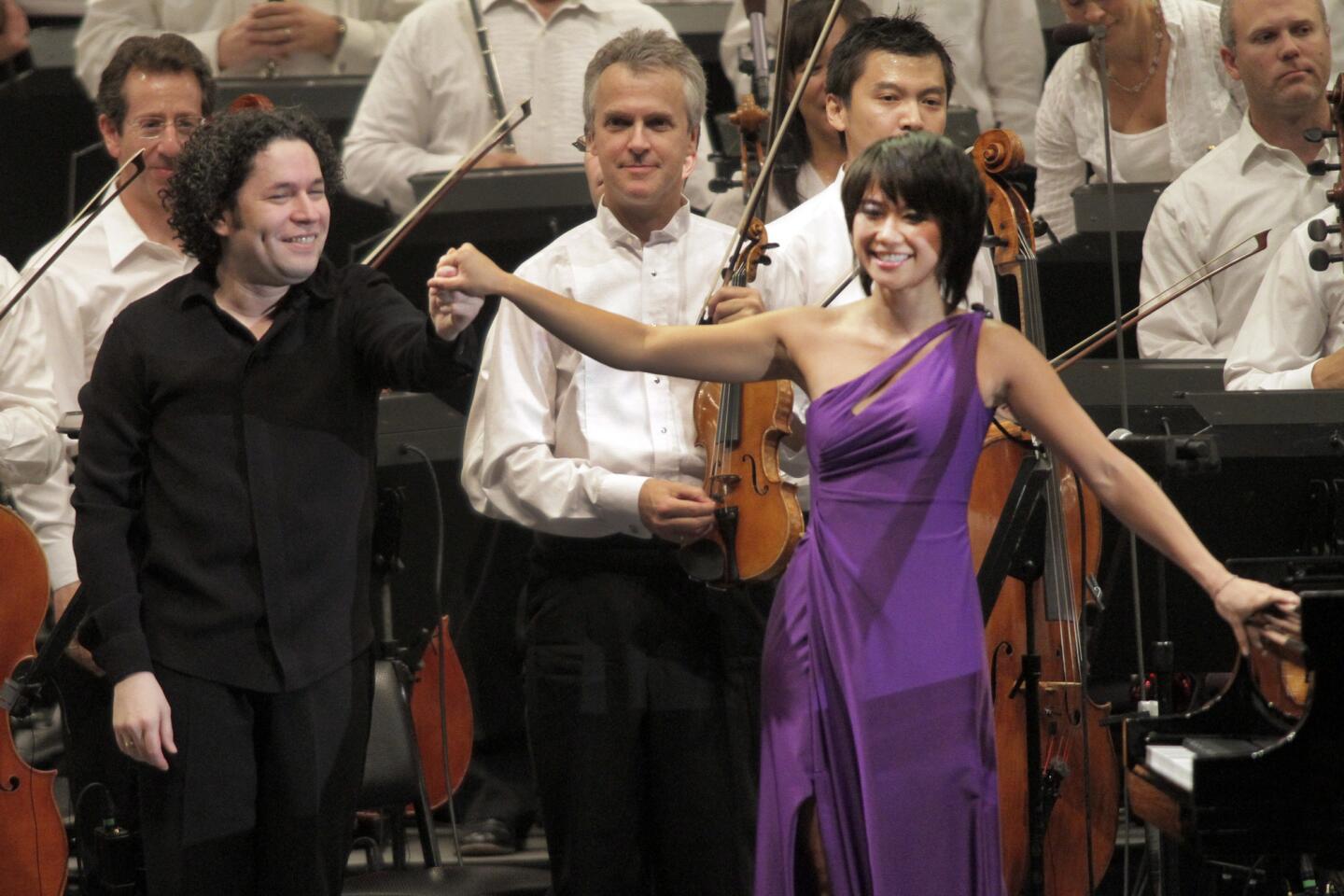
More: Yuja Wang turns heads at the Hollywood Bowl with a purple gown Photos (Lawrence K. Ho / Los Angeles Times)
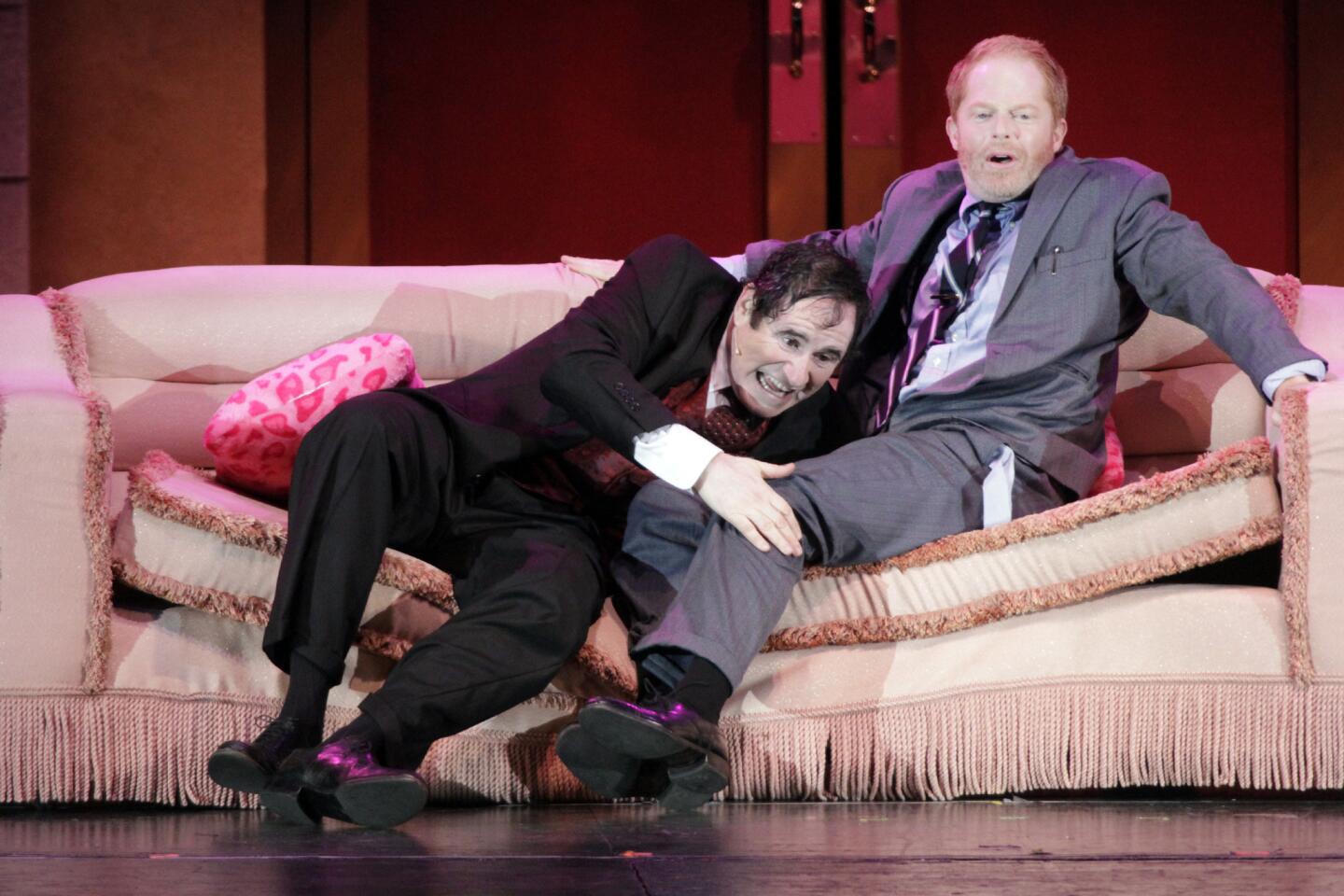
More: Jesse Tyler Ferguson takes on ‘The Producers’ at the Bowl | Review | Photos (Lawrence K. Ho / Los Angeles Times)

Review: LACMA’s new hunk ‘Levitated Mass’ has some substance | Critic’s Notebook: Art on an architectural scale at LACMA (Gina Ferazzi / Los Angeles Times)
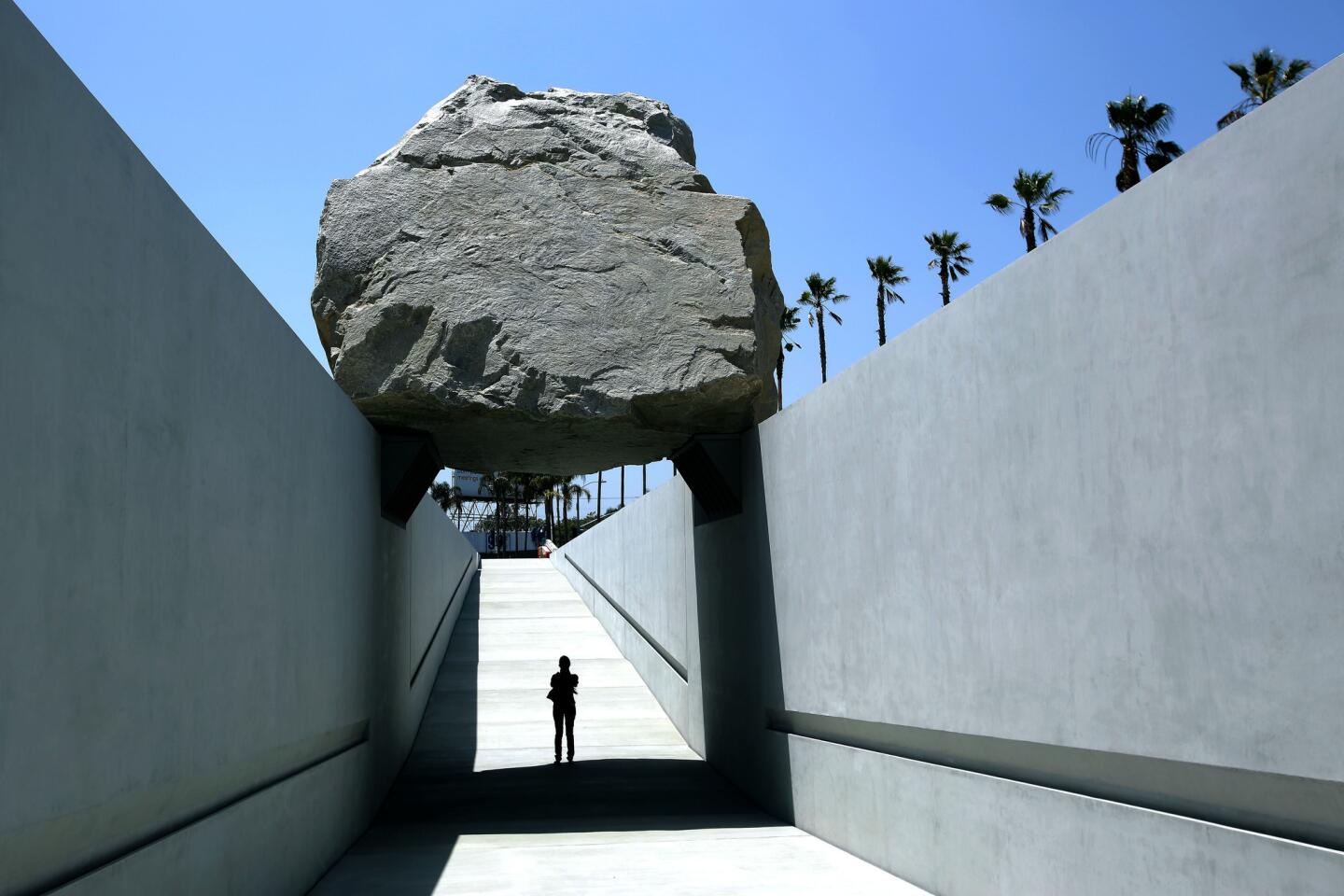
Review: LACMA’s new hunk ‘Levitated Mass’ has some substance | Critic’s Notebook: Art on an architectural scale at LACMA (Mel Melcon / Los Angeles Times)
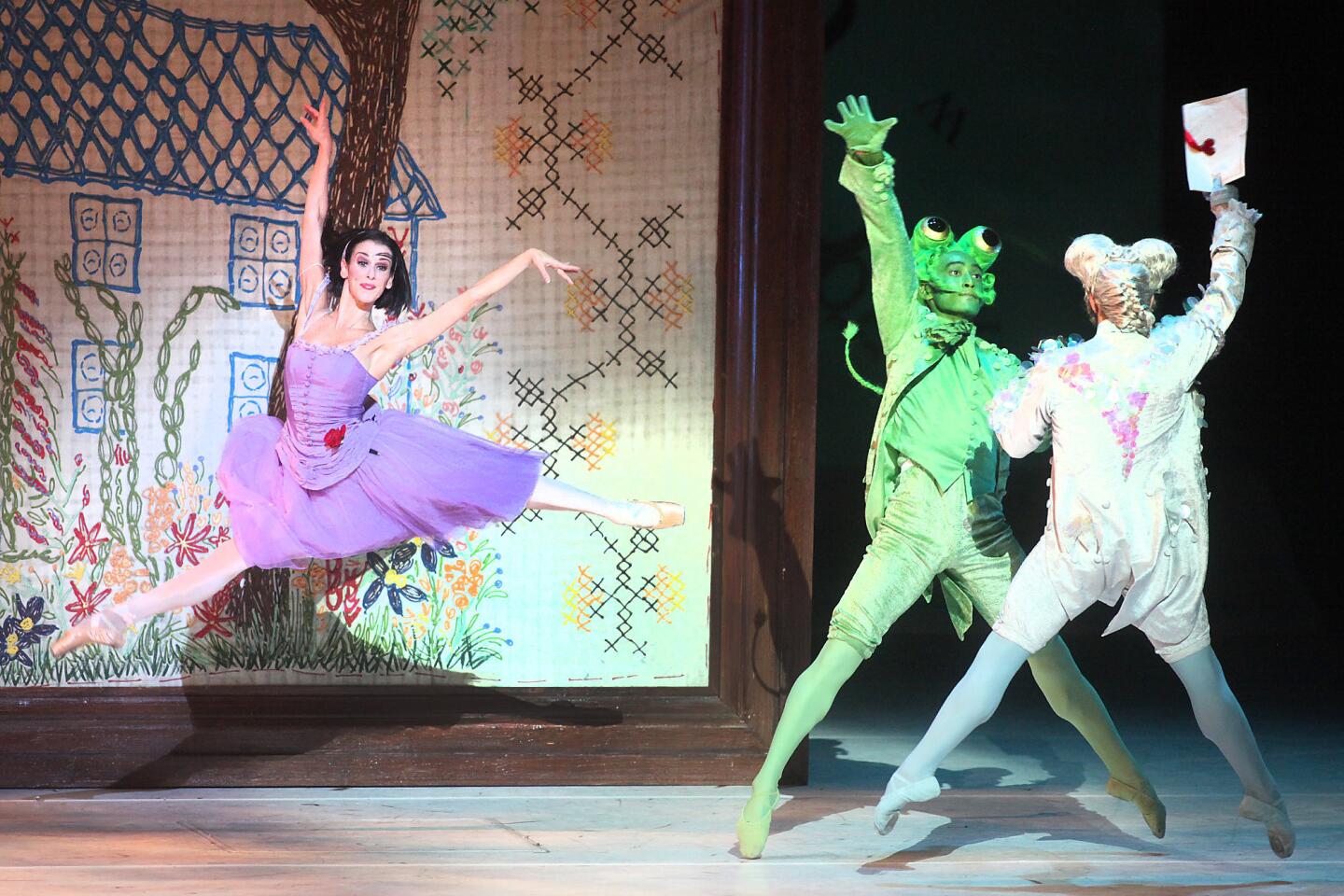
Review: Antic ‘Alice’s Adventures in Wonderland’ a scenic spectacle | More photos (Brian van der Brug / Los Angeles Times)

More: Q&A: Sanaa Lathan (Allen J. Schaben / Los Angeles Times)
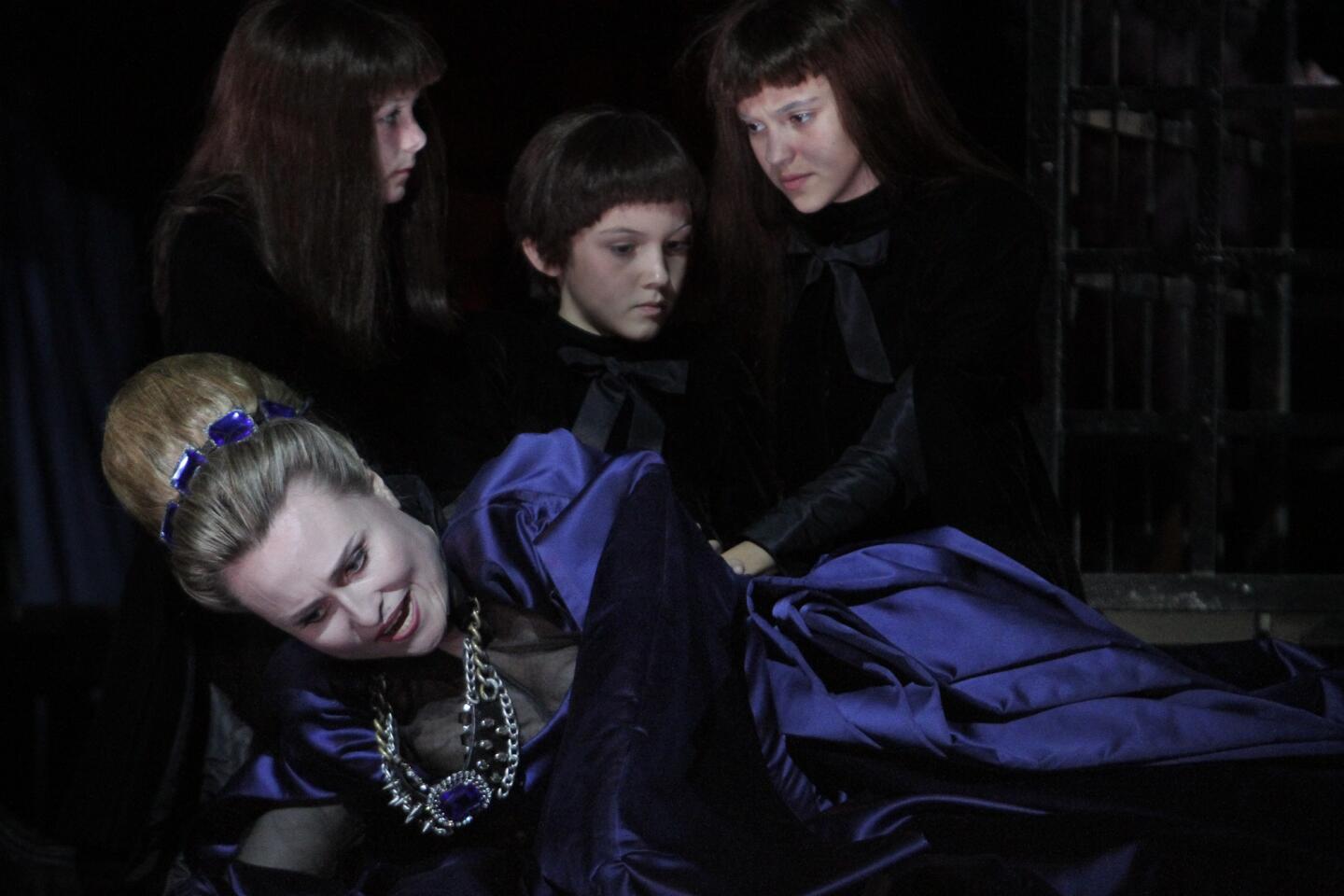
More: Los Angeles Opera takes fresh look at Verdi’s ‘The Two Foscari’ | Review (Lawrence K. Ho / Los Angeles Times)
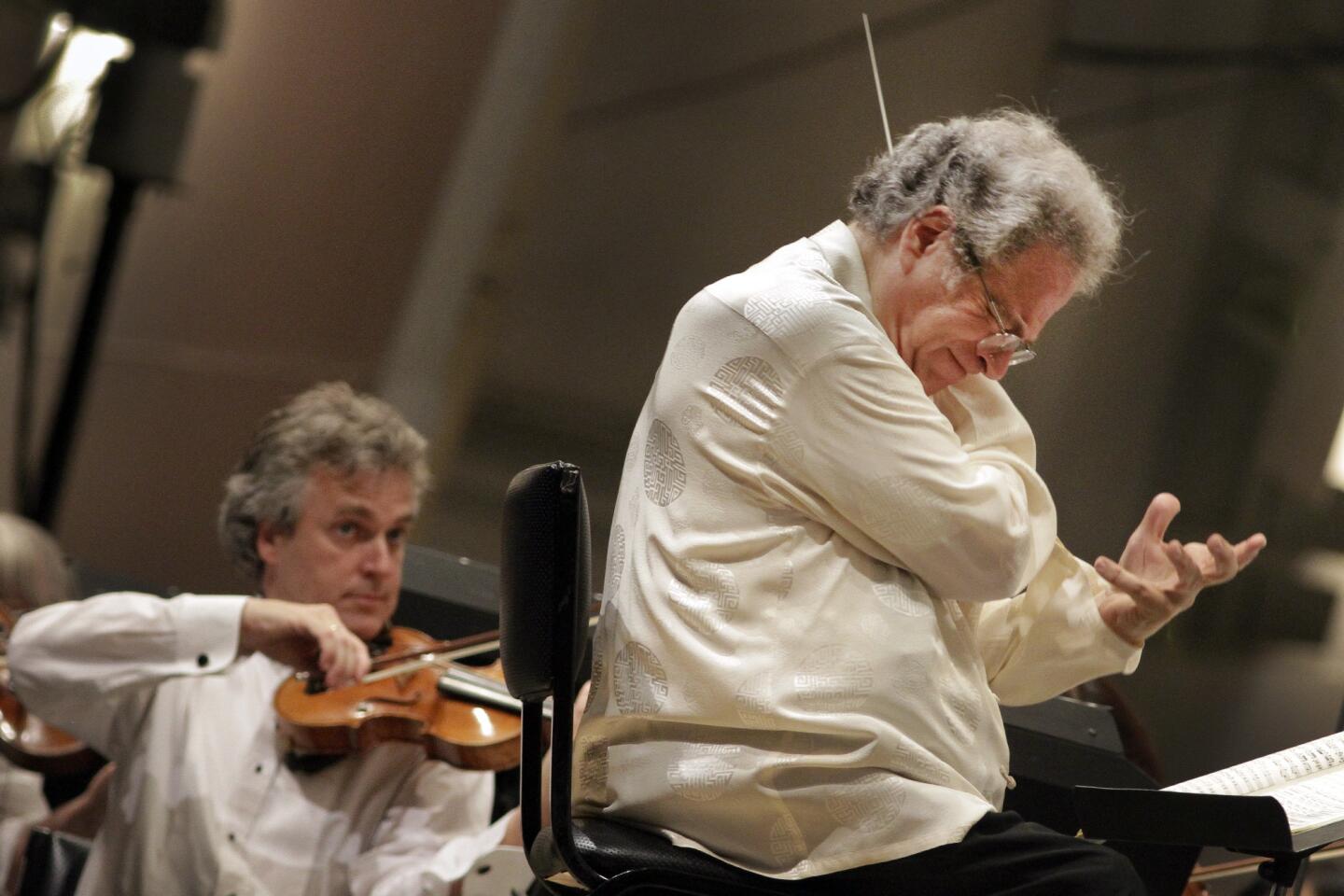
Review: Itzhak Perlman closes Hollywood Bowl classical season (Lawrence K. Ho / Los Angeles Times)
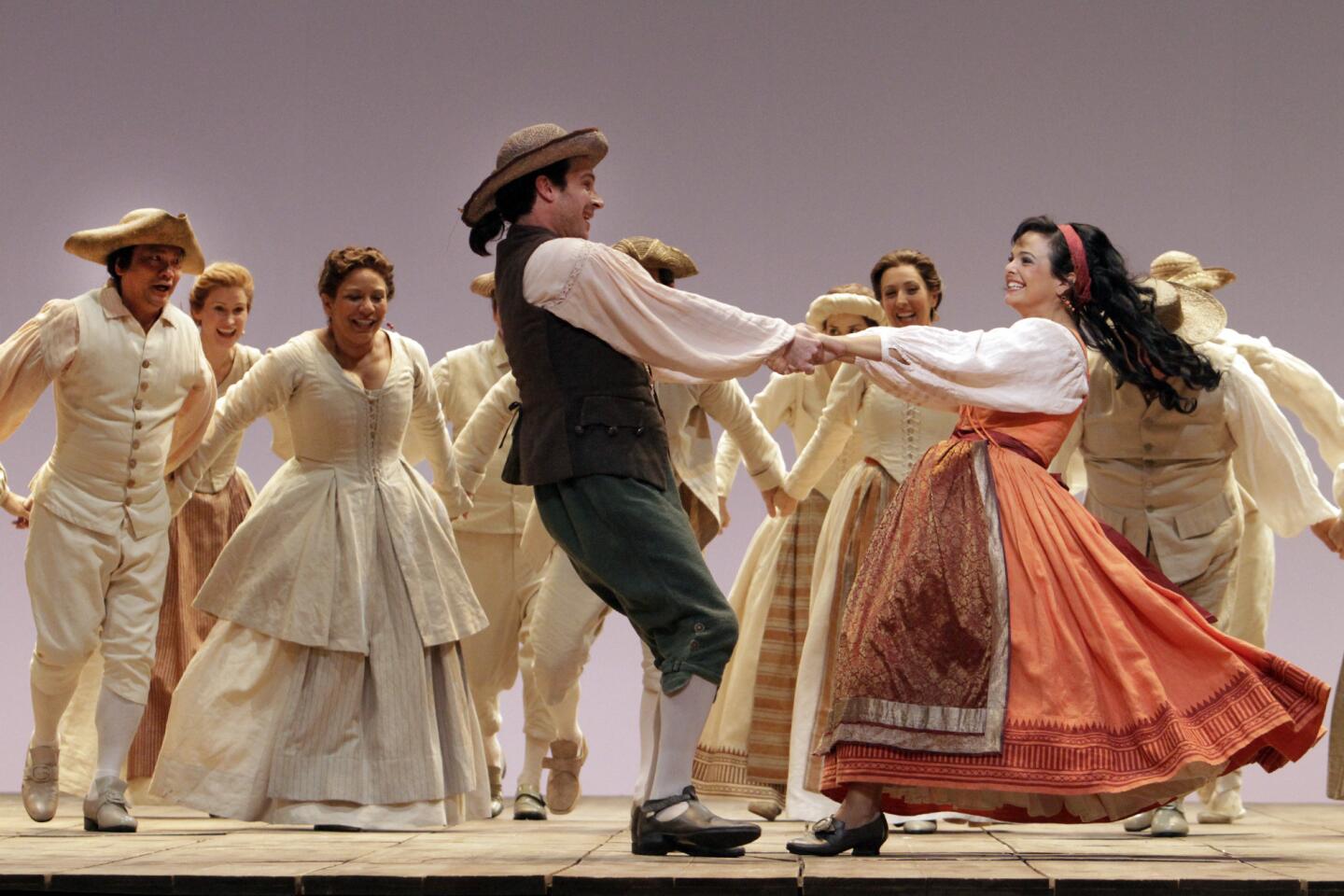
Review: L.A. Opera’s ‘Don Giovanni’ upholds tradition expertly | Photos (Lawrence K. Ho / Los Angeles Times)
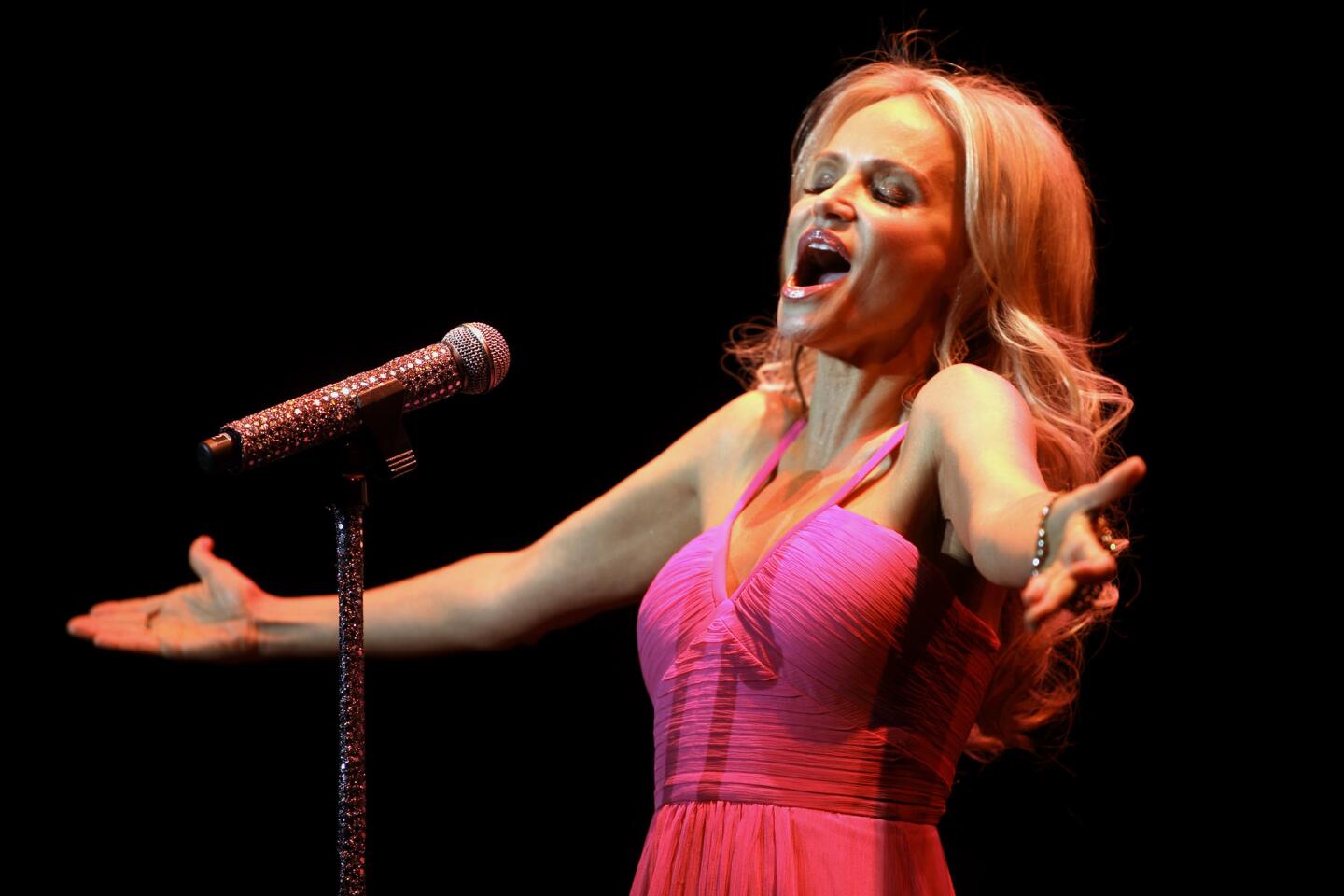
More: Kristin Chenoweth warms up for California concerts (Carolyn Cole / Los Angeles Times)
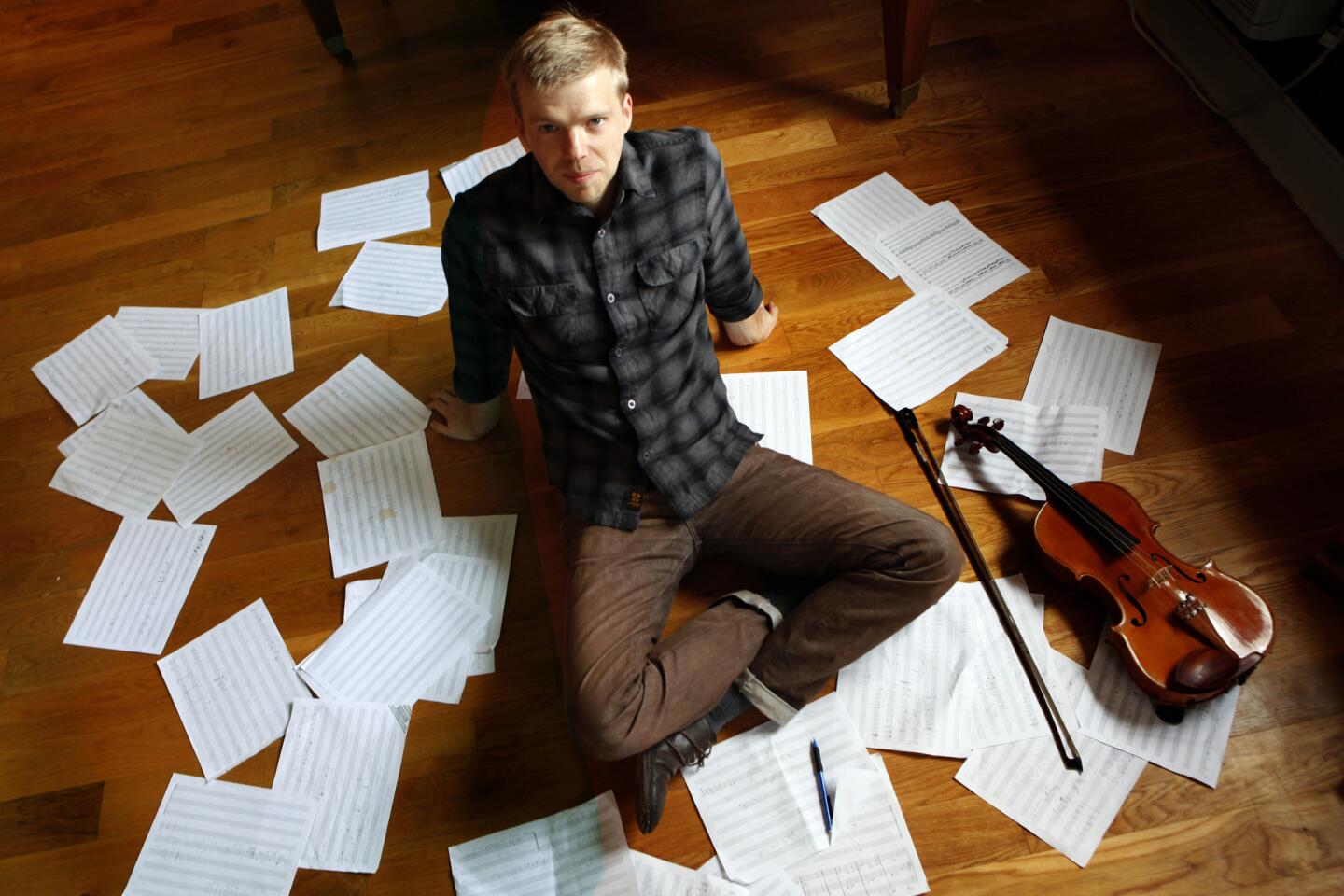
More: Composer Andrew Norman’s imagination has taken residence (Carolyn Cole / Los Angeles Times)
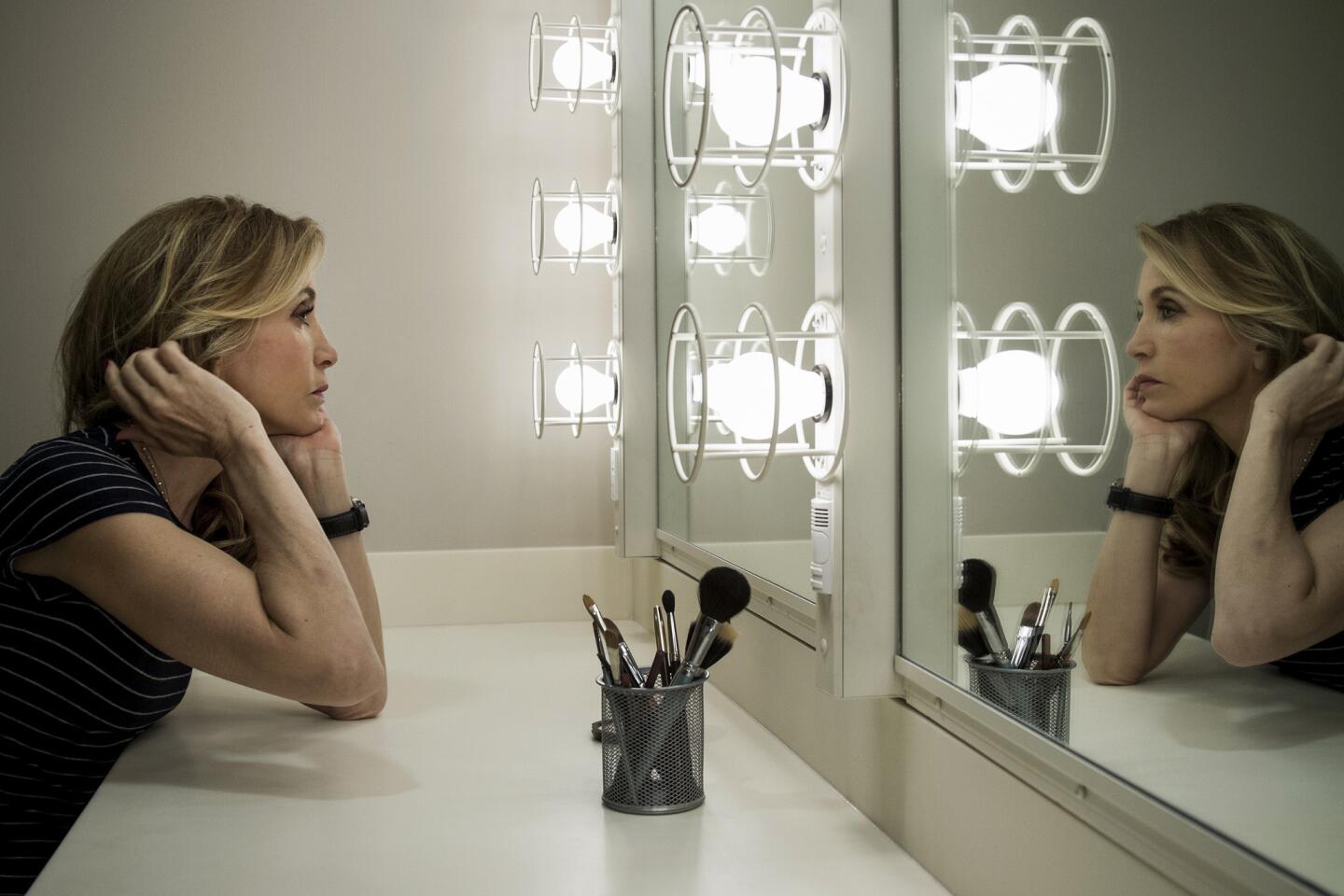
More: It’s no easy act for Felicity Huffman (Jay L. Clendenin / Los Angeles Times)

More: Sophie B. Hawkins channels Janis Joplin’s spirit in ‘Room 105’ (Luis Sinco / Los Angeles Times)
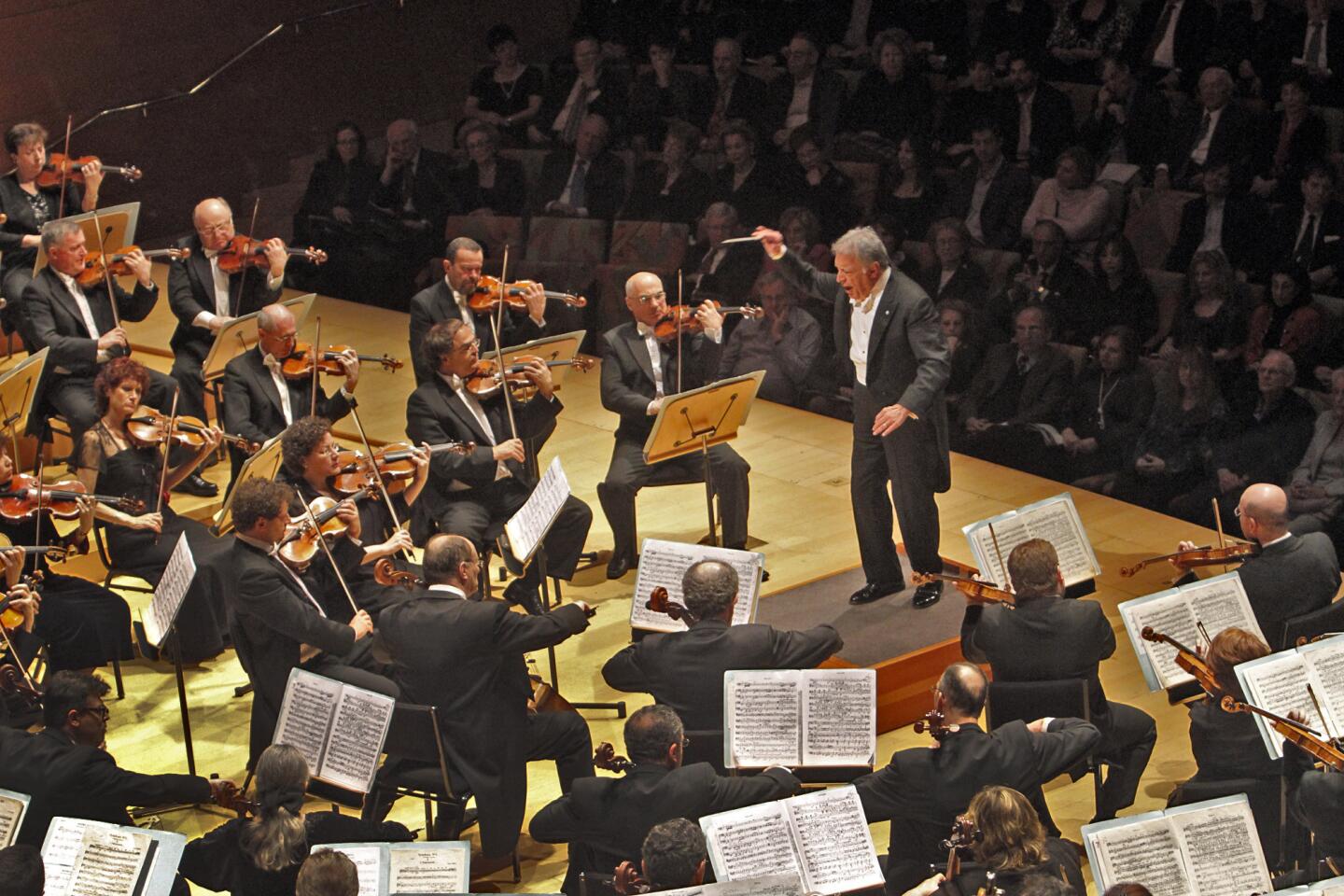
Review: Israel Philharmonic, rising above differences (Lawrence K. Ho / Los Angeles Times)
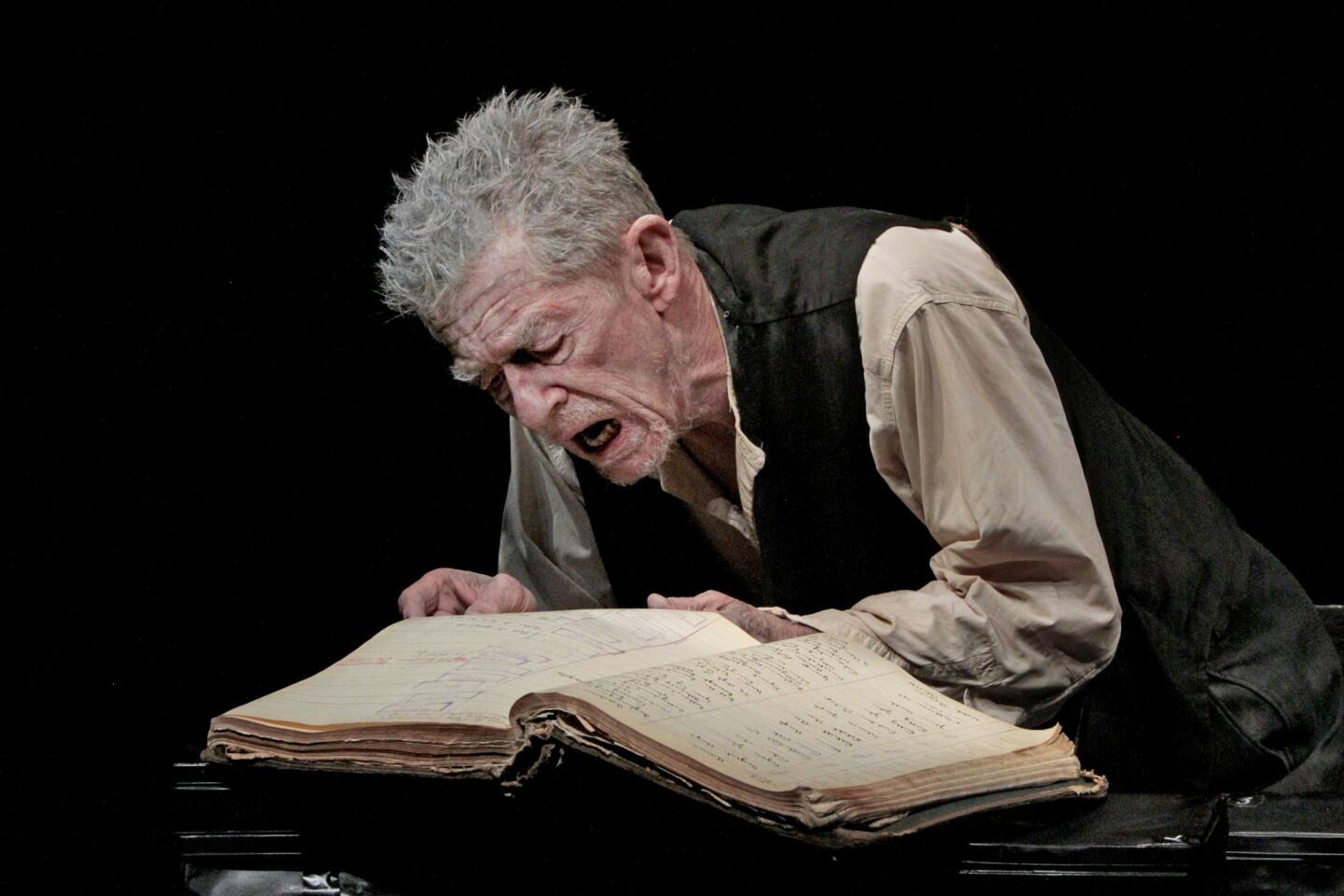
More: John Hurt plays back ‘interrupted pause’ of ‘Krapp’s Last Tape’ | Review (Anne Cusack / Los Angeles Times)
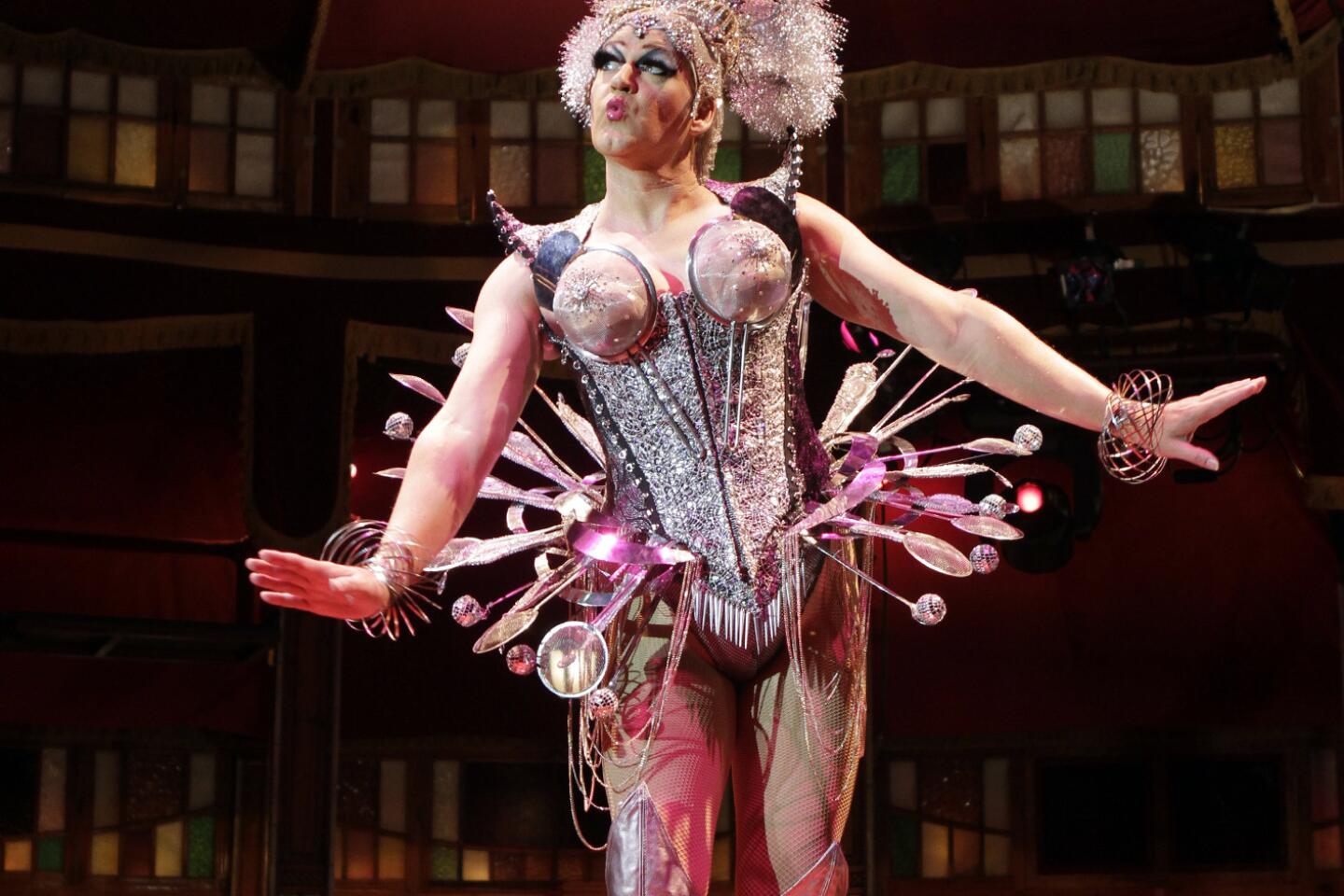
More: Teatro ZinZanni sets up a tent and fills it with elegant chaos (Lawrence K. Ho / Los Angeles Times)
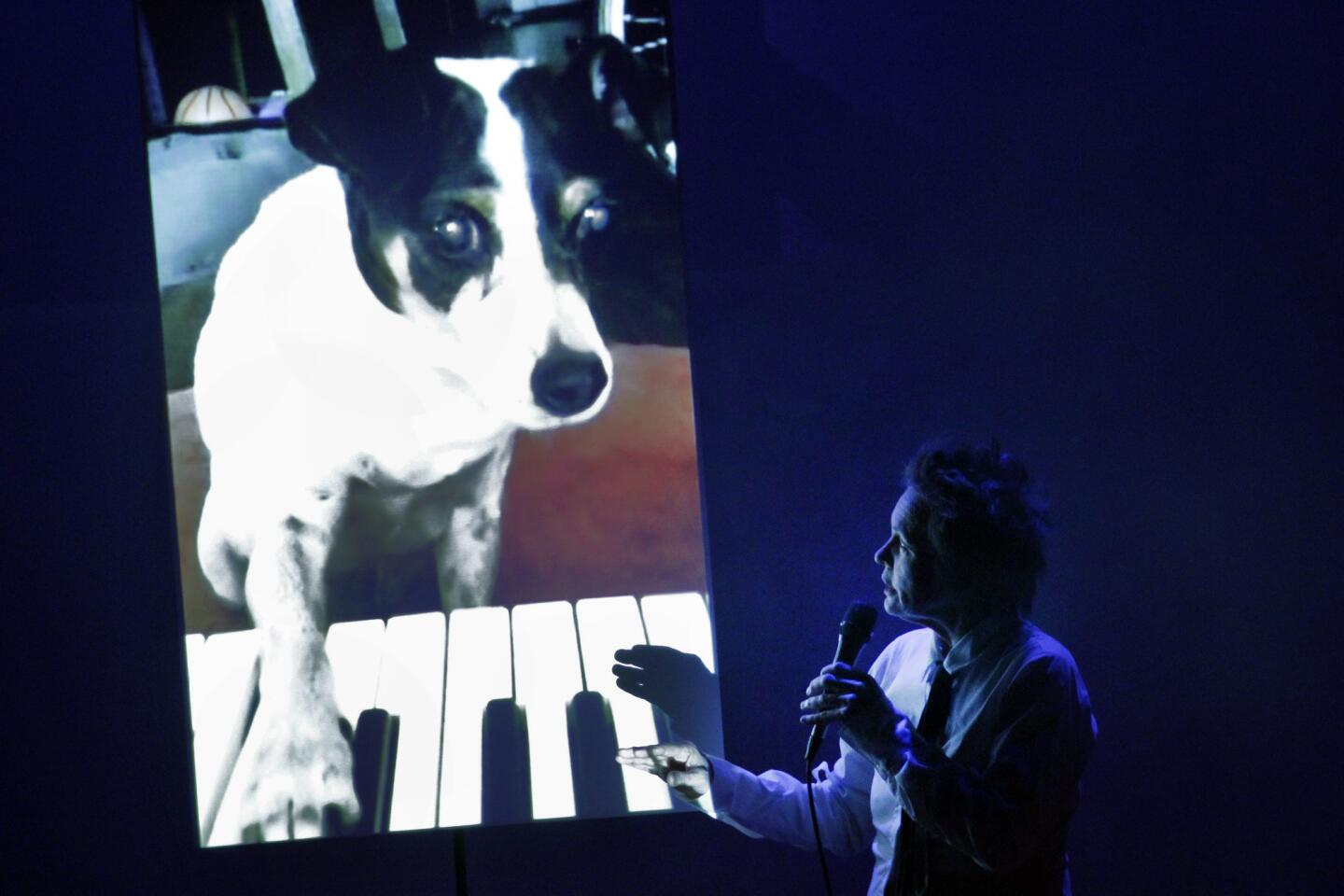
More: Performance review: A down-to-Earth ‘Dirtday!’ (Lawrence K. Ho / Los Angeles Times)
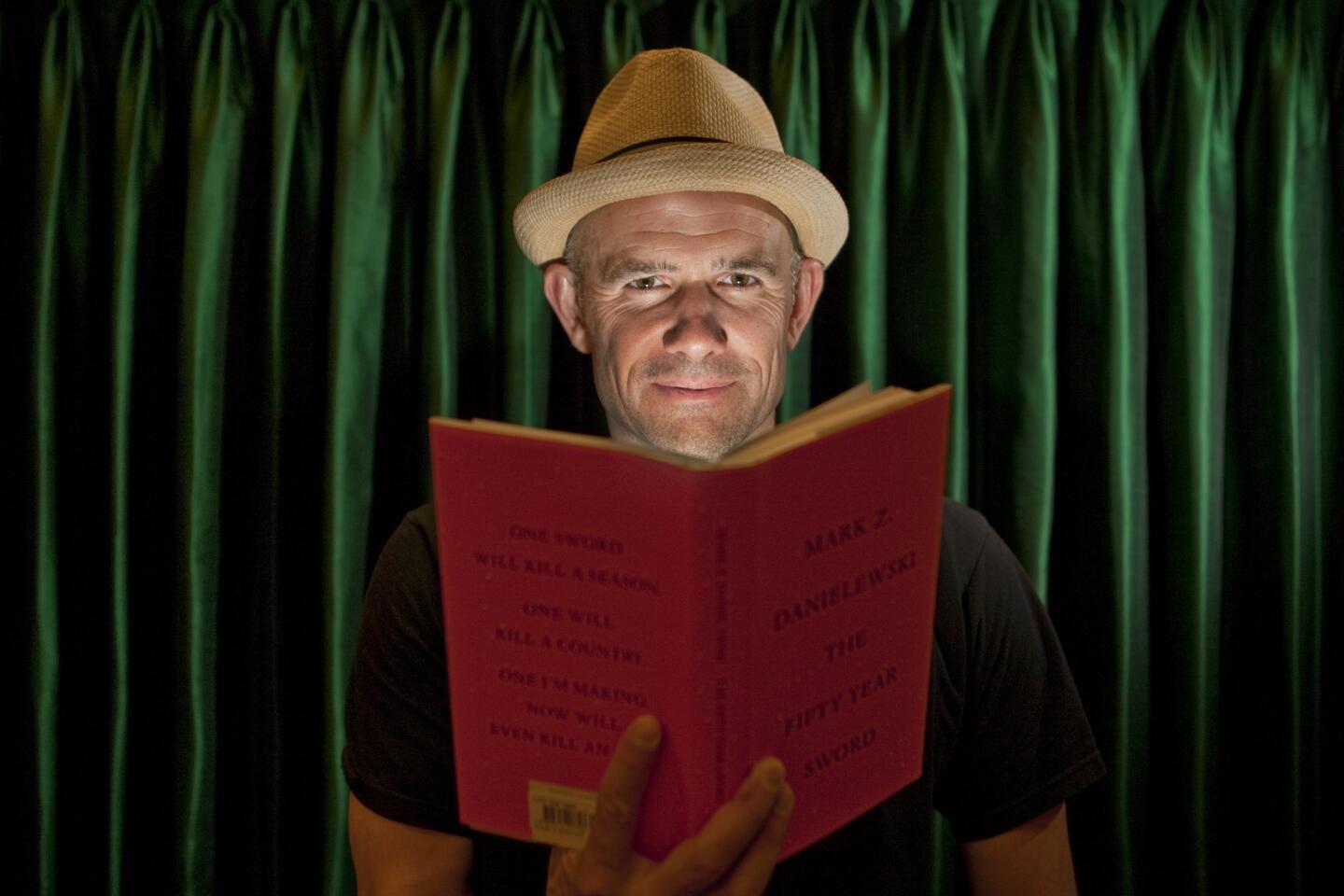
More: Mark Z. Danielewski: The writer as needle and thread (Allen J. Schaben / Los Angeles Times)
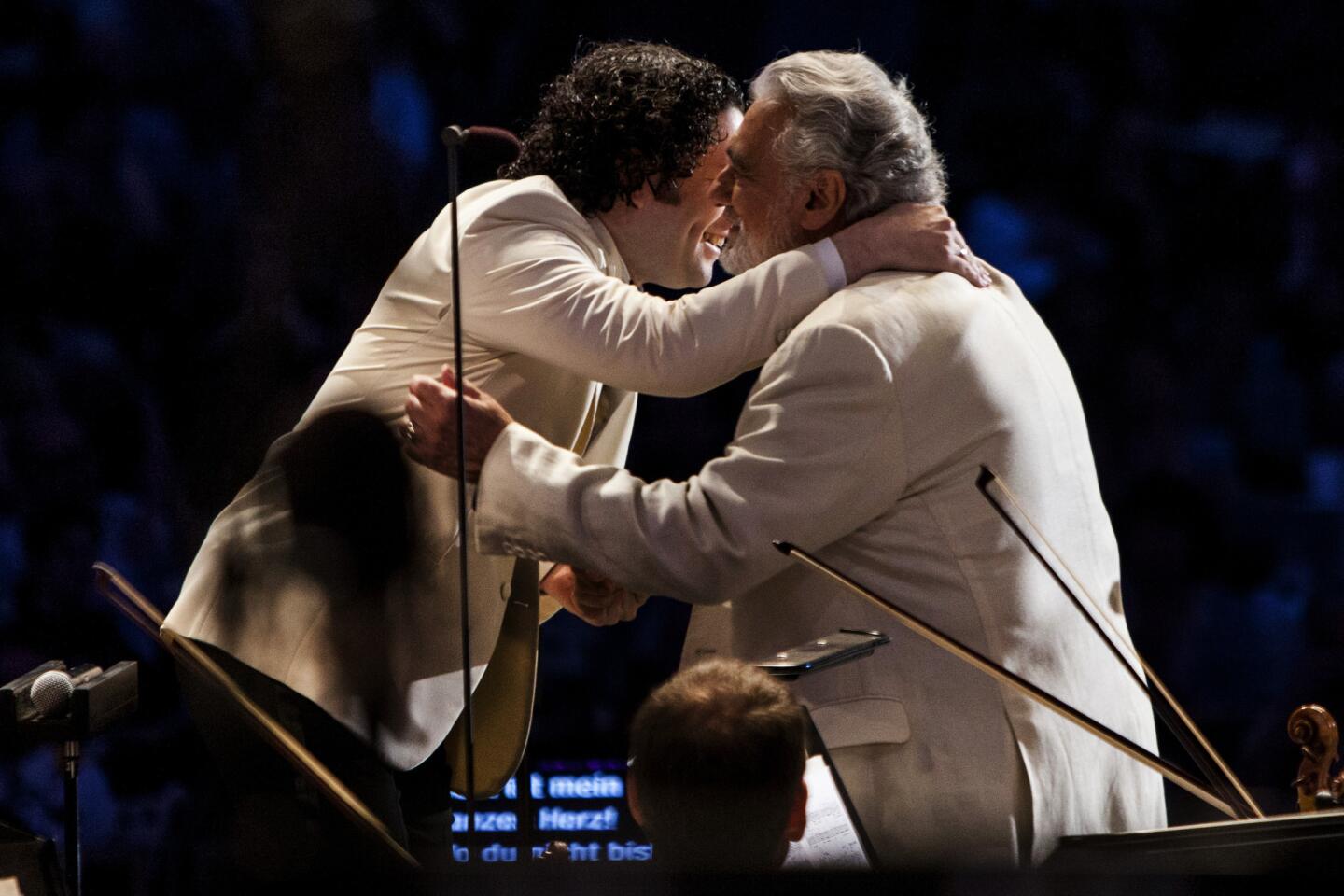
More: Gustavo Dudamel’s captivating theatrics serve the music | More photos (Jay L. Clendenin / Los Angeles Times)
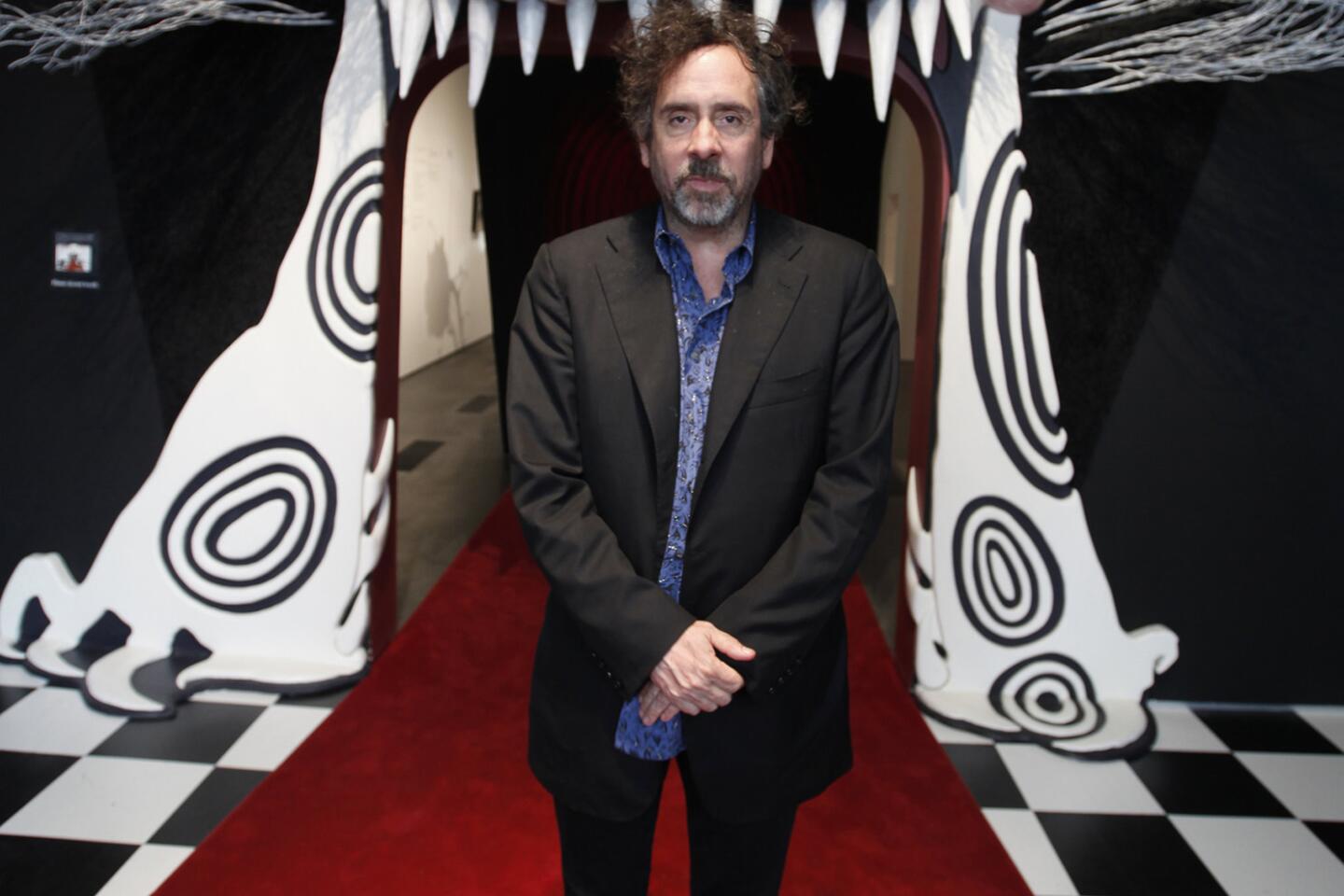
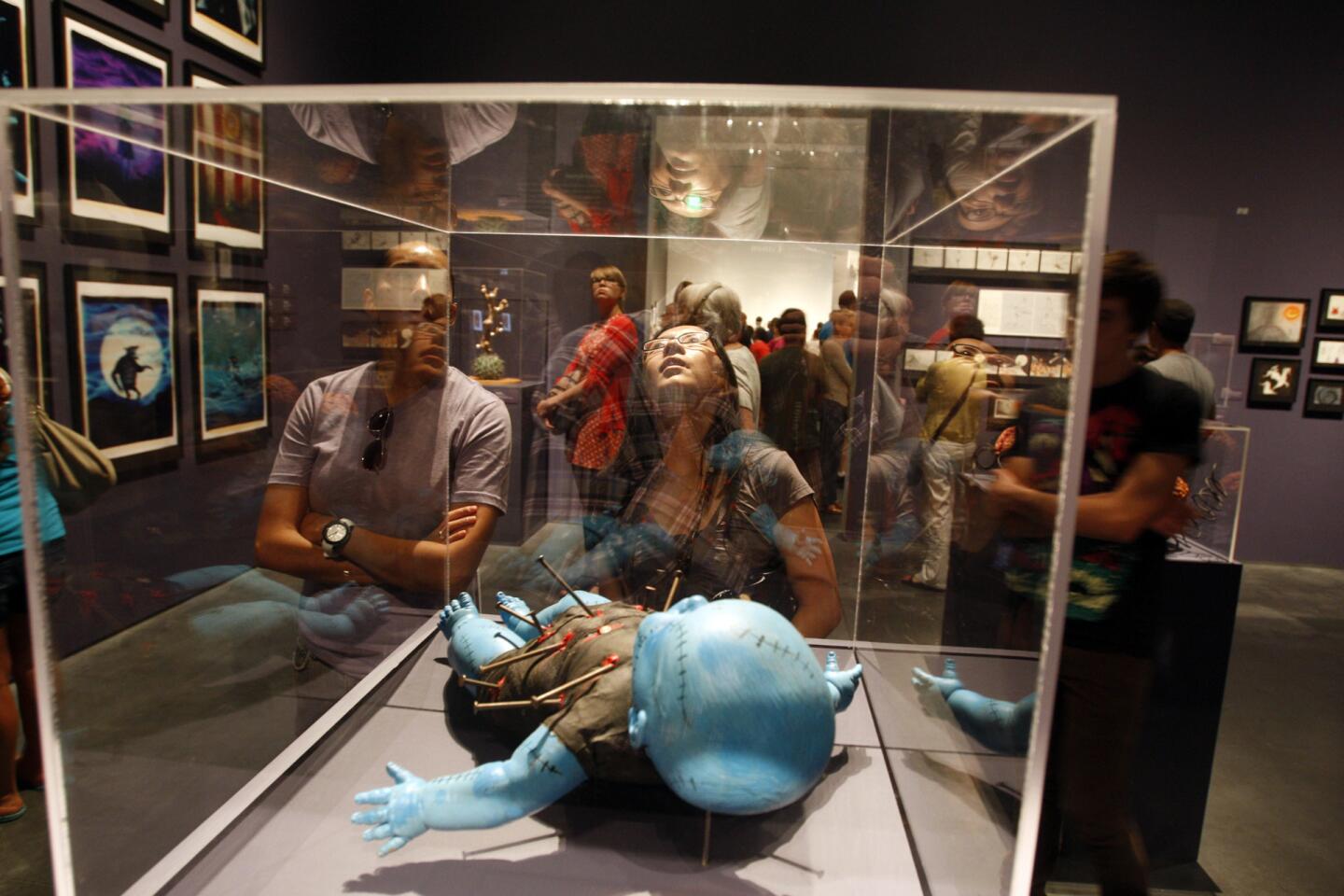
MORE: Doing the numbers on LACMA’s Tim Burton show (Gary Friedman / Los Angeles Times)
SAN DIEGO — No hard feelings, Shakespeare, but it sure is a pleasant change when one of those outdoor summer festivals devoted to your work offers audiences something beyond another smilingly superficial encounter with “As You Like It.” There are only so many times a spectator can stroll through a prettified Forest of Arden before getting a theatrical strain of Lyme disease.
It’s been ages since I’ve seen “Rosencrantz and Guildenstern Are Dead,” Tom Stoppard’s metapharcical romp (to coin a genre), in which “Hamlet” is glimpsed through the oblique perspective of the prince’s twin buddies, sent to spy on him by Gertrude and Claudius in that Elsinore castle of murder, adultery and occult intrigue. And now thanks to Adrian Noble, the departing artistic director of the Old Globe’s Shakespeare Festival, this madcap caper is enjoying a sprightly San Diego revival.
Running in repertory with “The Merchant of Venice” (also directed by Noble) and “A Midsummer Night’s Dream,” this gamboling production dresses Shakespeare in Beckettian clothing. Not literally, mind you. The costumes designed by Deirdre Clancy for Noble’s swift-footed staging have a classical bearing. But Stoppard’s philosophizing playfulness is clearly indebted to the music hall absurdism of “Waiting for Godot.”
PHOTOS: Arts and culture in pictures by The Times
“When ‘Godot’ was first done, it liberated something for anybody writing plays,” Stoppard himself has acknowledged. “It redefined the minima of theatrical validity. It was as simple as that.”
In “Rosencrantz and Guildenstern,” the Czech-born, English-bred playwright considers many of the same questions pondered by Hamlet: Does fate or free will define our character? What is the point of action when death, our common end, is staring us in the face? But the tone of inquiry is too bouncily meta-theatrical for tragic melancholy.
The demise of Rosencrantz and Guildenstern is reported as an incidental afterthought at the conclusion of “Hamlet,” but in Stoppard’s knockabout treatment, the death of these two cheerfully opportunistic fellows is the main act.
What is it like to be a character on the margins of a tumultuous drama? Apparently, there’s a lot of waiting around while the protagonist talks to himself ad nauseam.
CHEAT SHEET: Spring Arts Preview
“Shouldn’t we be doing something — constructive?” Rosencrantz (John Lavelle) inquires of Guildenstern (Jay Whittaker), in a manner that freely invokes Beckett’s “Godot.”
“I feel like a spectator — an appalling business,” this mischievous rascal jokes while staring at the audience. “The only thing that makes it bearable is the irrational belief that somebody interesting will come on in a minute.”
Guildenstern’s response sums up the metaphysical plight of being cast, like most of us muddling humans, in an ancillary role: “What a fine persecution — to be kept intrigued without ever quite being enlightened.”
Stoppard’s fertile wit keeps this three-act drama pulsing along without too much strain. A subtle pathos, along with the playwright’s verbal sophistication, prevents the play from degenerating into a collegiate vaudeville.
The situation of Rosencrantz and Guildenstern is at once a theatrical problem and an existential one. Left so often to their own devices as the royal melodrama swirls around them (trailed by a film crew in one of Noble’s clever directorial liberties), these two clownish figures are filled with terrifying forebodings.
PHOTOS: Best in theater for 2012
For advice on how to handle their confounding parts, they turn to the Player (a superbly hammy Sherman Howard), who as leader of the troupe that comes to entertain Hamlet and the court, clearly has a wealth of stage experience to call up. But he merely tells them, “Uncertainty is the normal state. You’re nobody special.”
The subject matter darkens considerably, but the language remains spry. At moments, it attains a comic lyricism that’s as funny as it is piercing. When Rosencrantz cries out in exasperation, “Incidents! All we get is incidents! Dear God, is it too much to expect a little sustained action?!”, one laughs but with a haunting recognition.
Lavelle draws out Rosencrantz’s affectionate naiveté. He’s softer and more happily bumbling than Whittaker’s Guildenstern, who’s leaner, angrier and more aware of starker realities. The two actors might not have the most natural rapport — ideally, the play would star Jim Carrey and his clone — but they bring a sharp clarity to their theatrical maneuvers.
They also outshine, as they’re supposed to, those cast in the roles of Hamlet (Lucas Hall), Polonius (Charles Janasz), Gertrude (Ryman Sneed) and Claudius (Triney Sandoval), among other principals from Shakespeare’s original. In the inverted world of “Rosencrantz and Guildenstern,” the supporting players are the superstars, no matter how anxious they might be about the sketchy nature of their parts.
Barry Edelstein, the Old Globe’s artistic director, is taking over the reins of the Shakespeare Festival, and as the former director of the New York Public Theater’s Shakespeare Initiative, he brings a great fund of experience to the job.
He’s sure to vary the menu, as Noble has done during his four-year tenure. Expect to see not only more work from Shakespeare’s contemporaries but also modern classics with an unexpected Shakespearean scope.
‘Rosencrantz and Guildenstern Are Dead’
Where: The Old Globe, 1363 Old Globe Way, Balboa Park, San Diego
When: Contact theater for schedule. Ends Sept. 26.
Tickets: $29-$94
Info: (619) 234-5623 or https://www.theoldglobe.org
Running time: 2 hours, 20 minutes
More to Read
The biggest entertainment stories
Get our big stories about Hollywood, film, television, music, arts, culture and more right in your inbox as soon as they publish.
You may occasionally receive promotional content from the Los Angeles Times.
Charles McNulty is the theater critic of the Los Angeles Times. He received his doctorate in dramaturgy and dramatic criticism from the Yale School of Drama.


